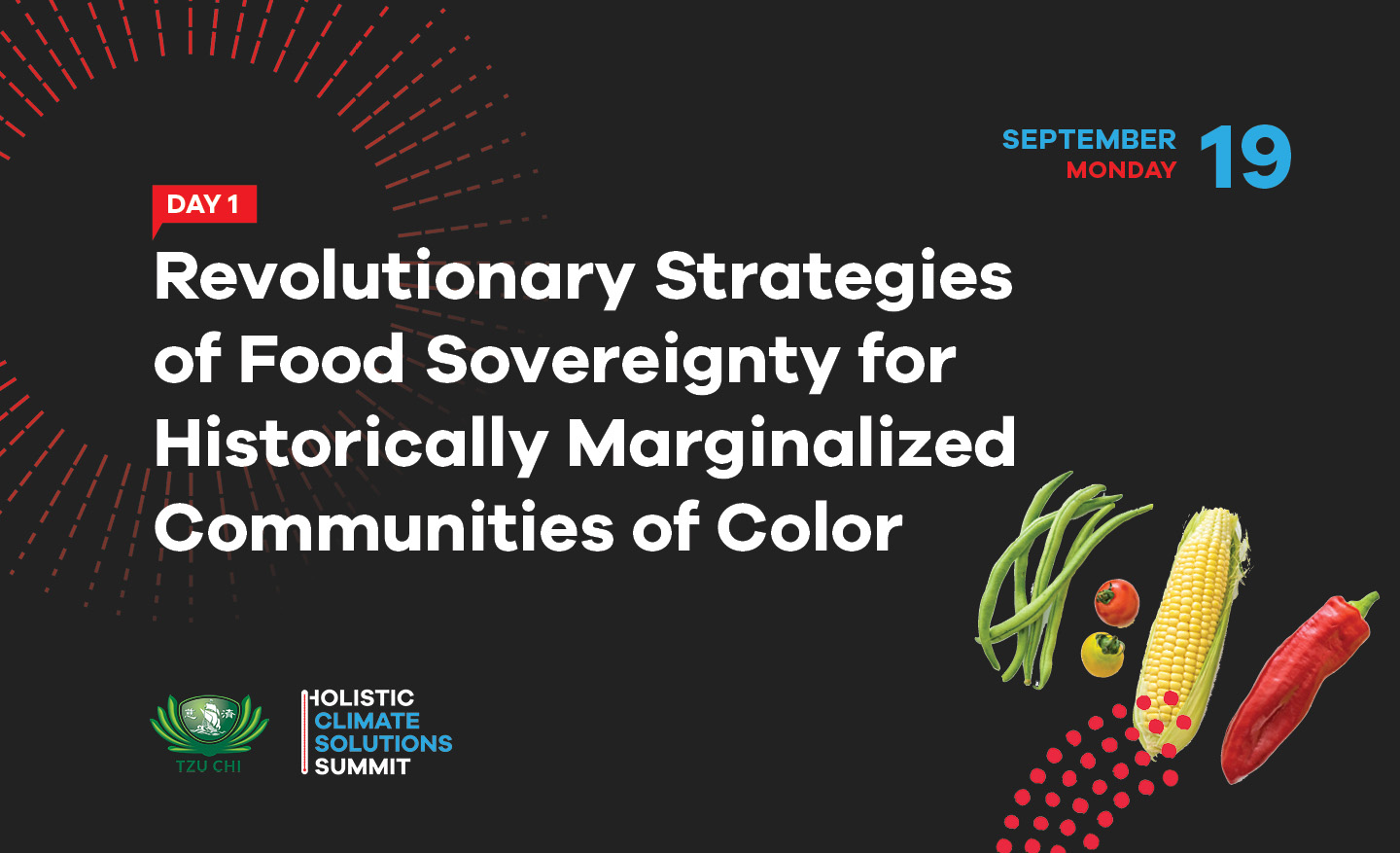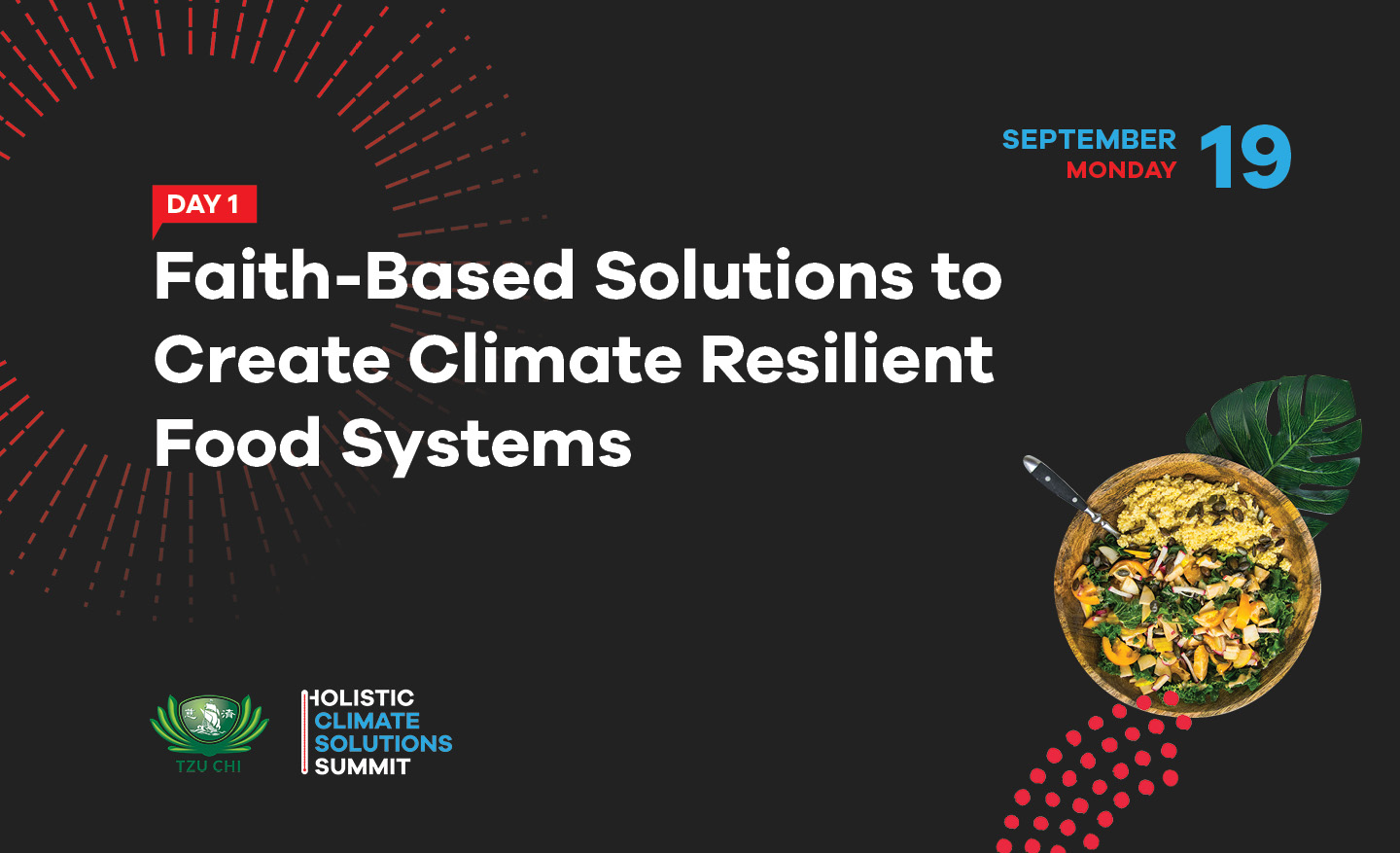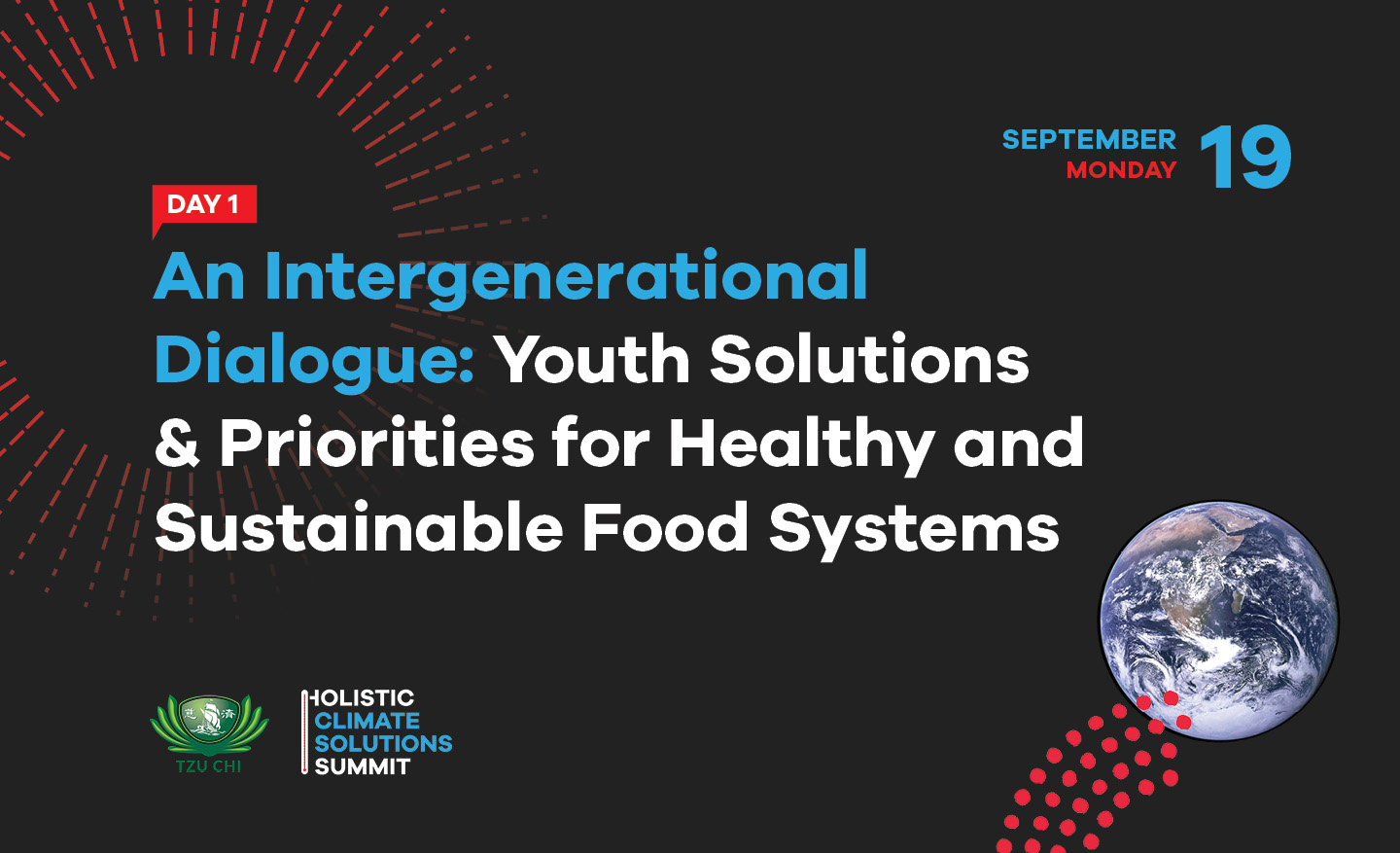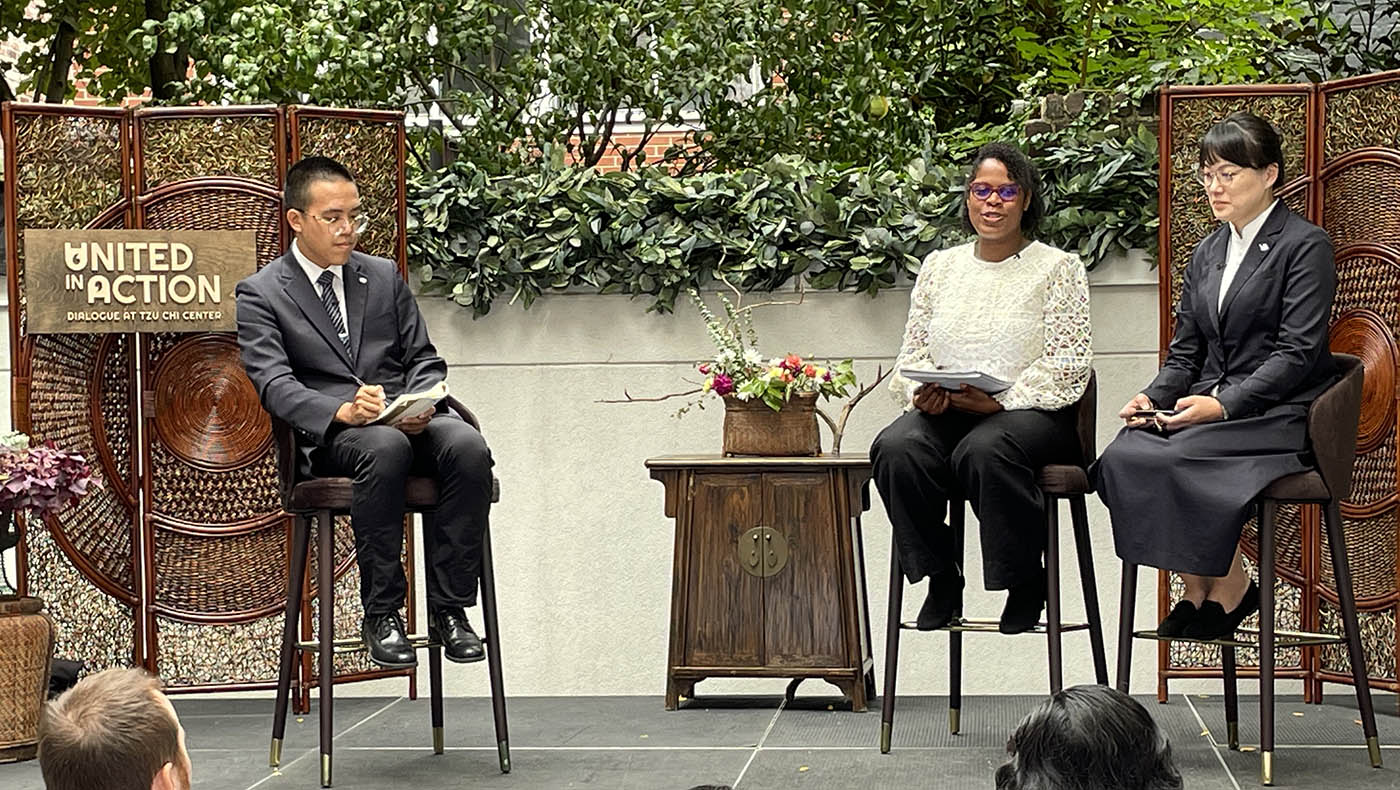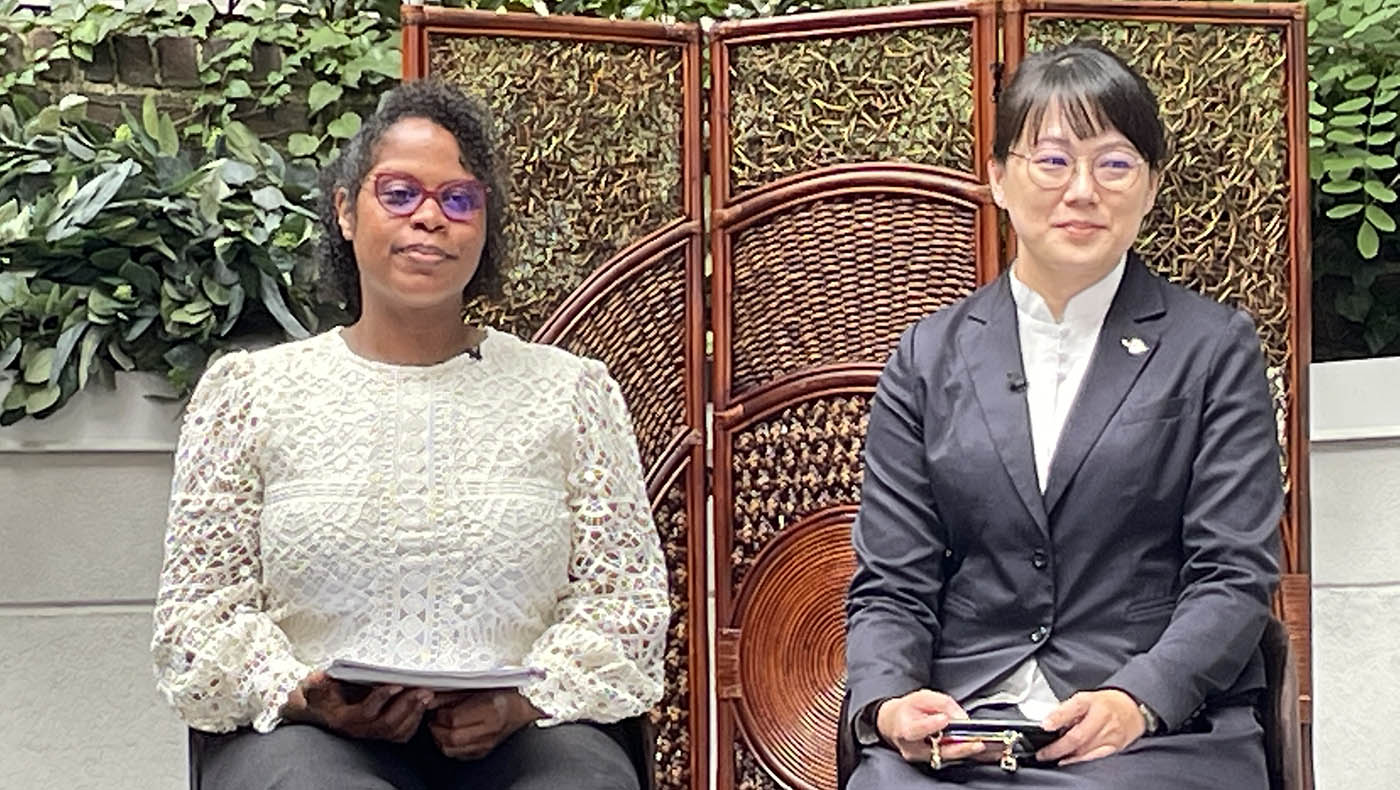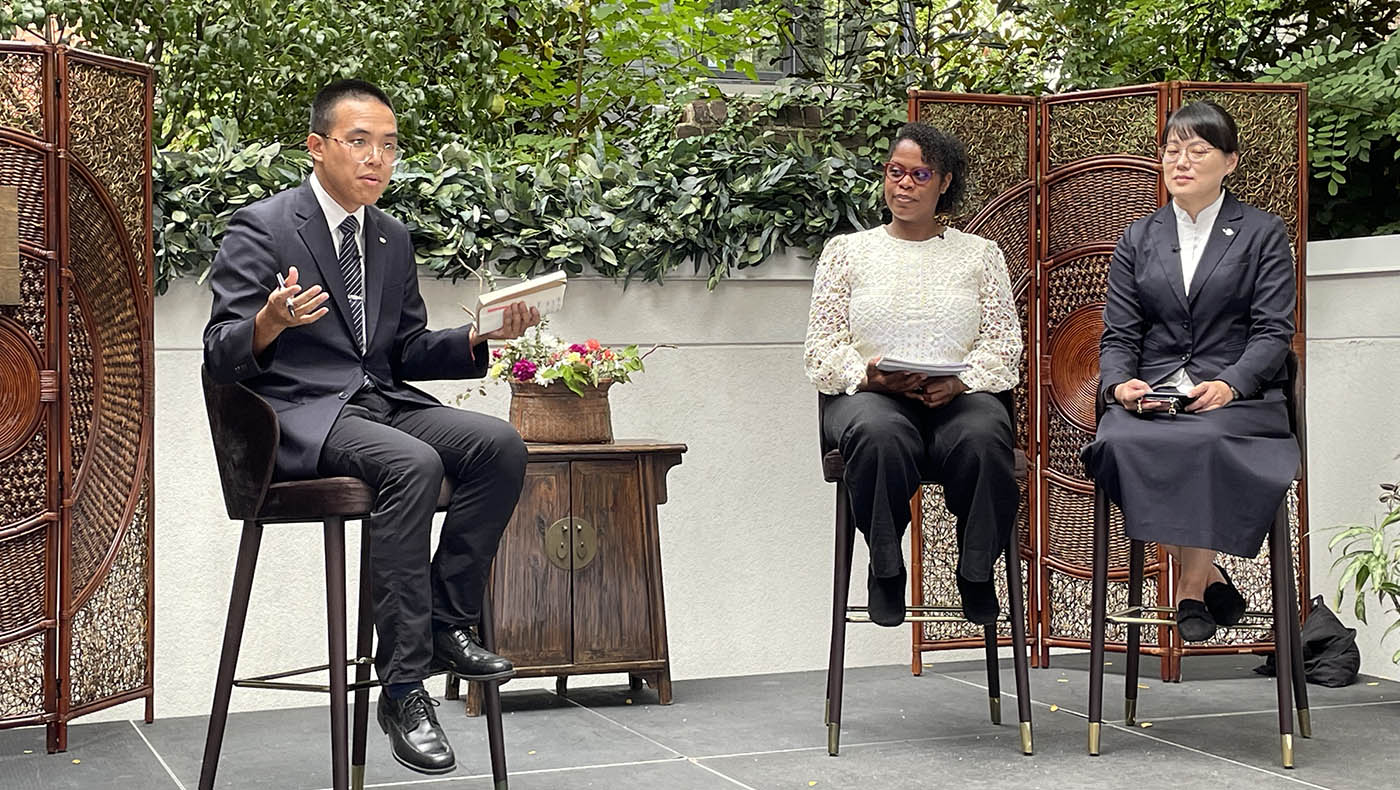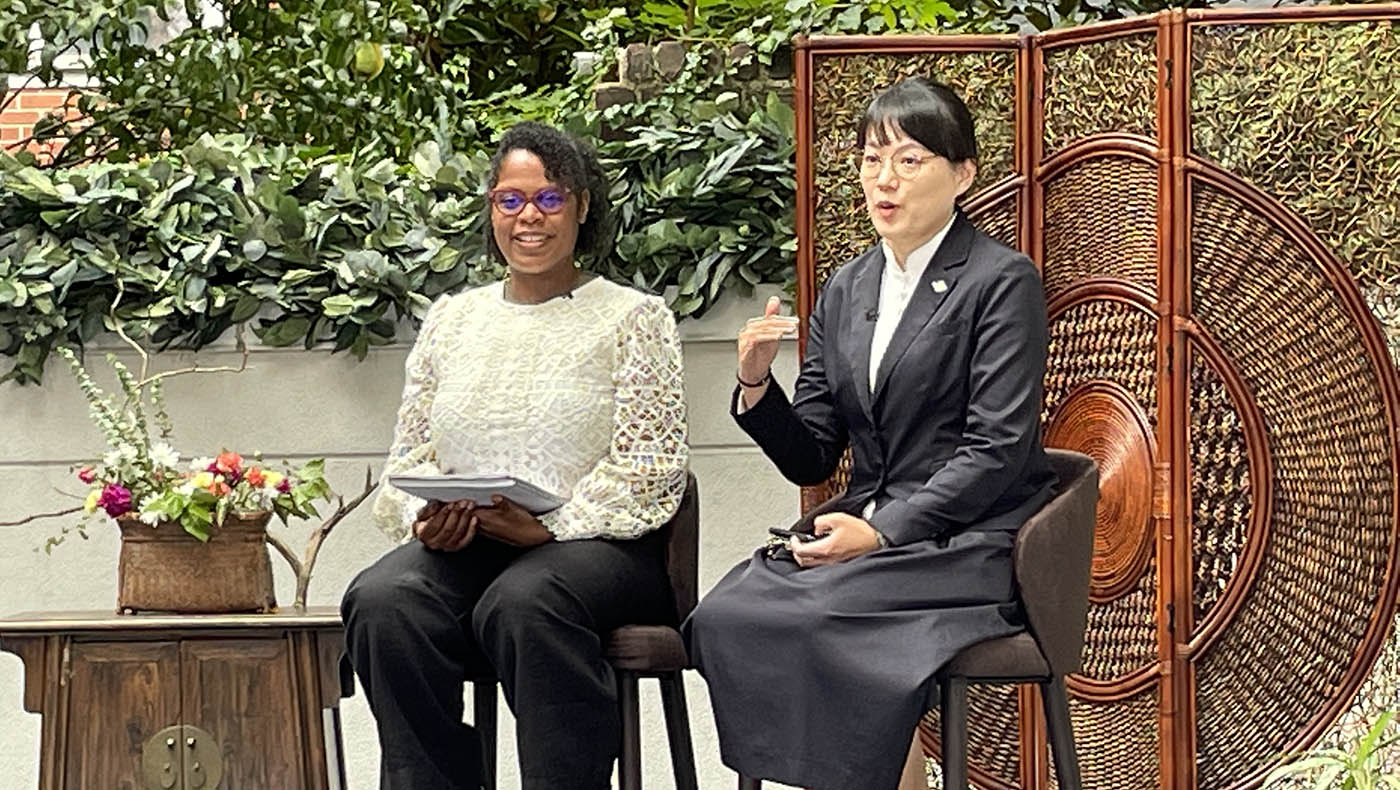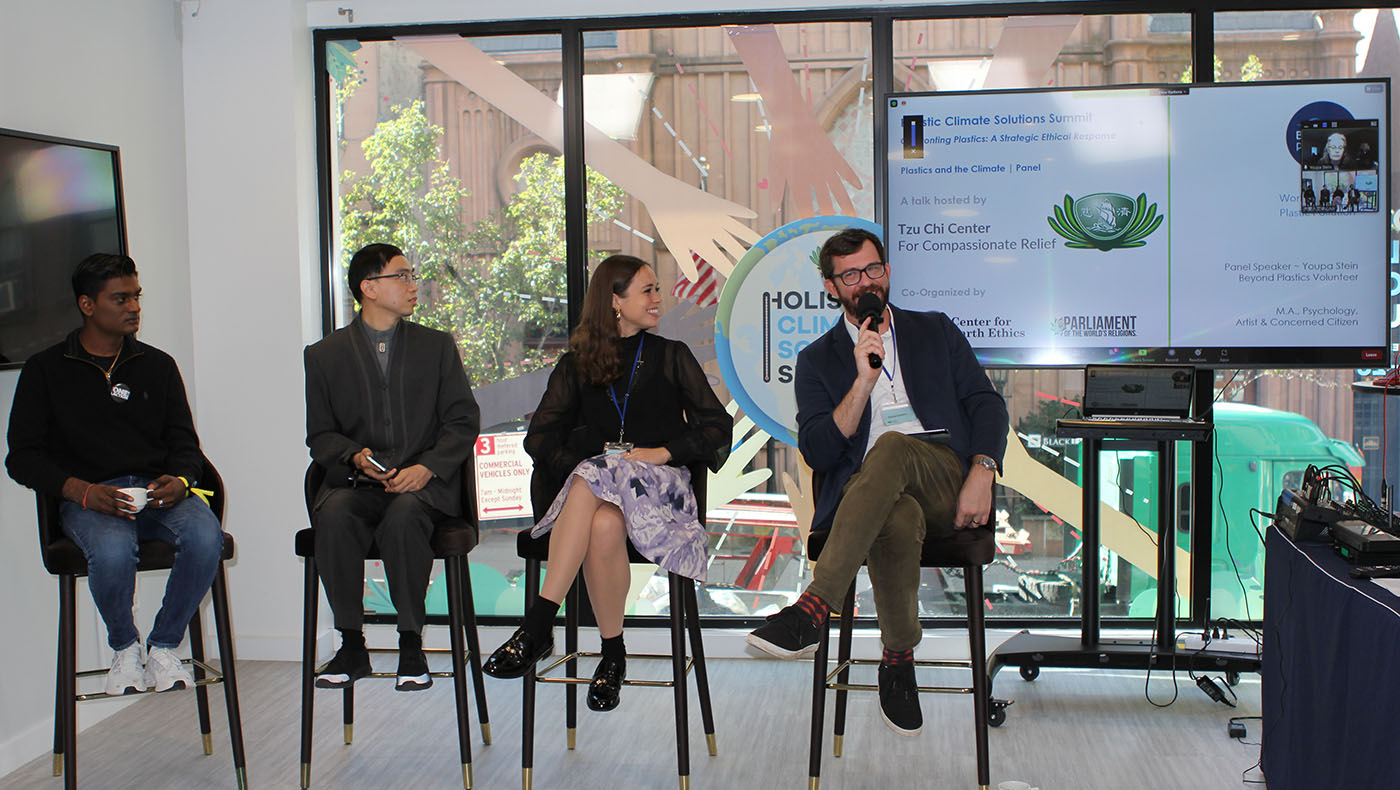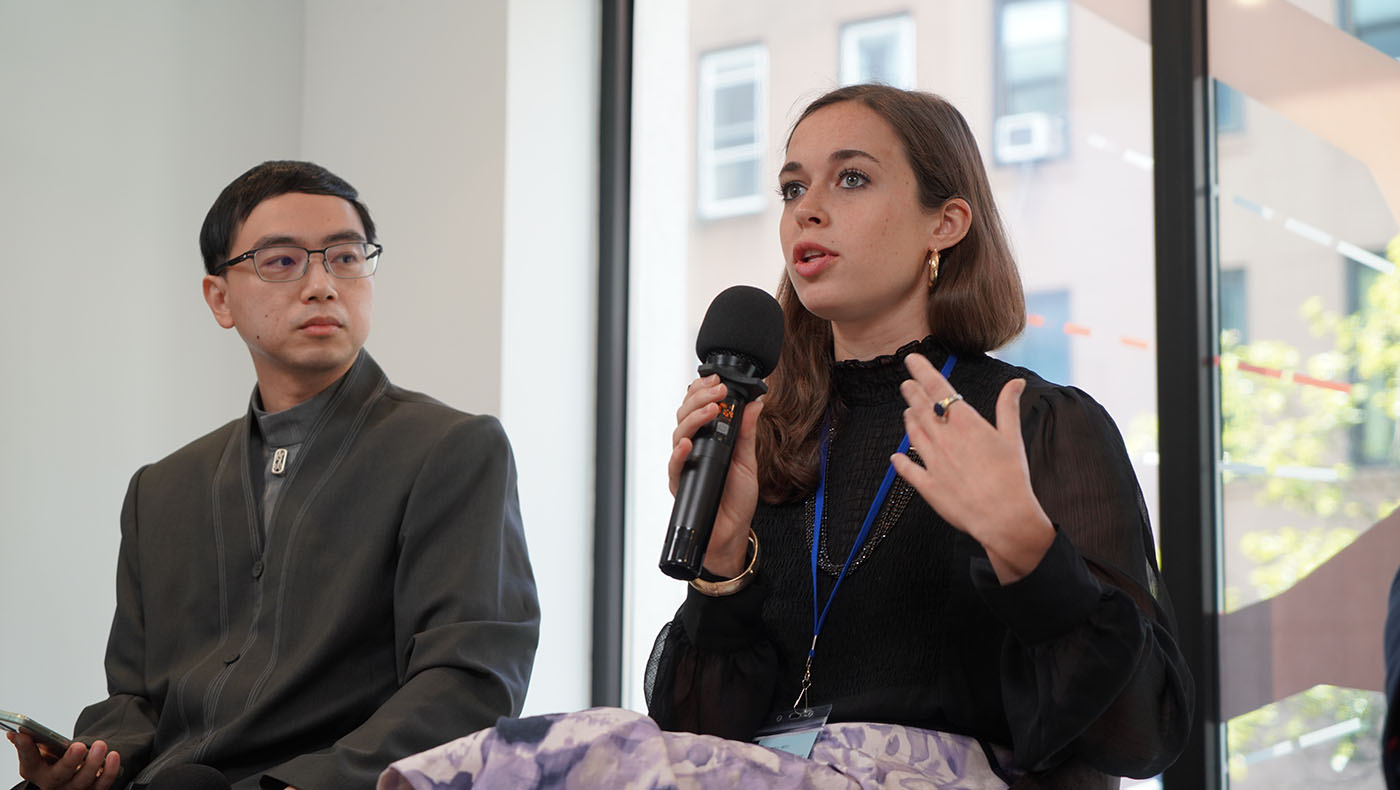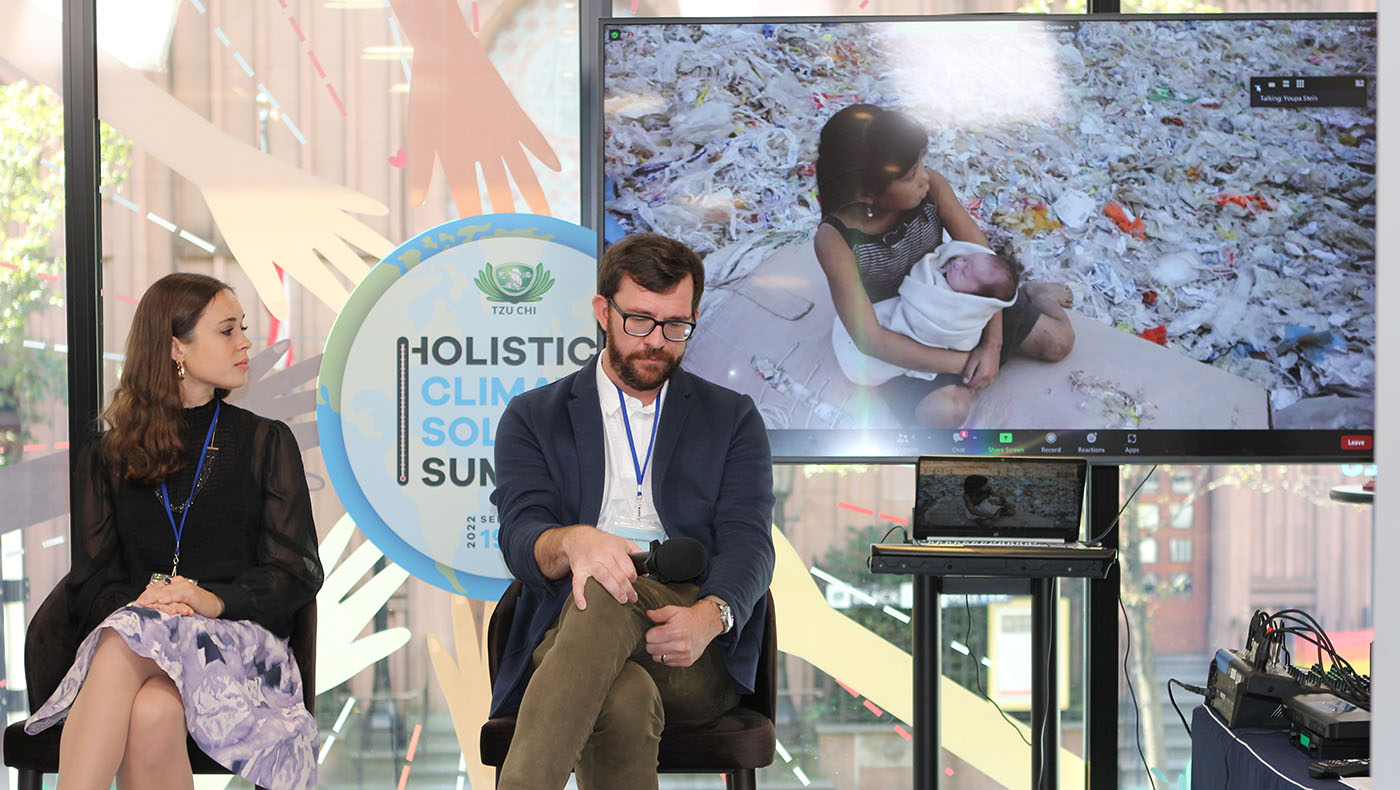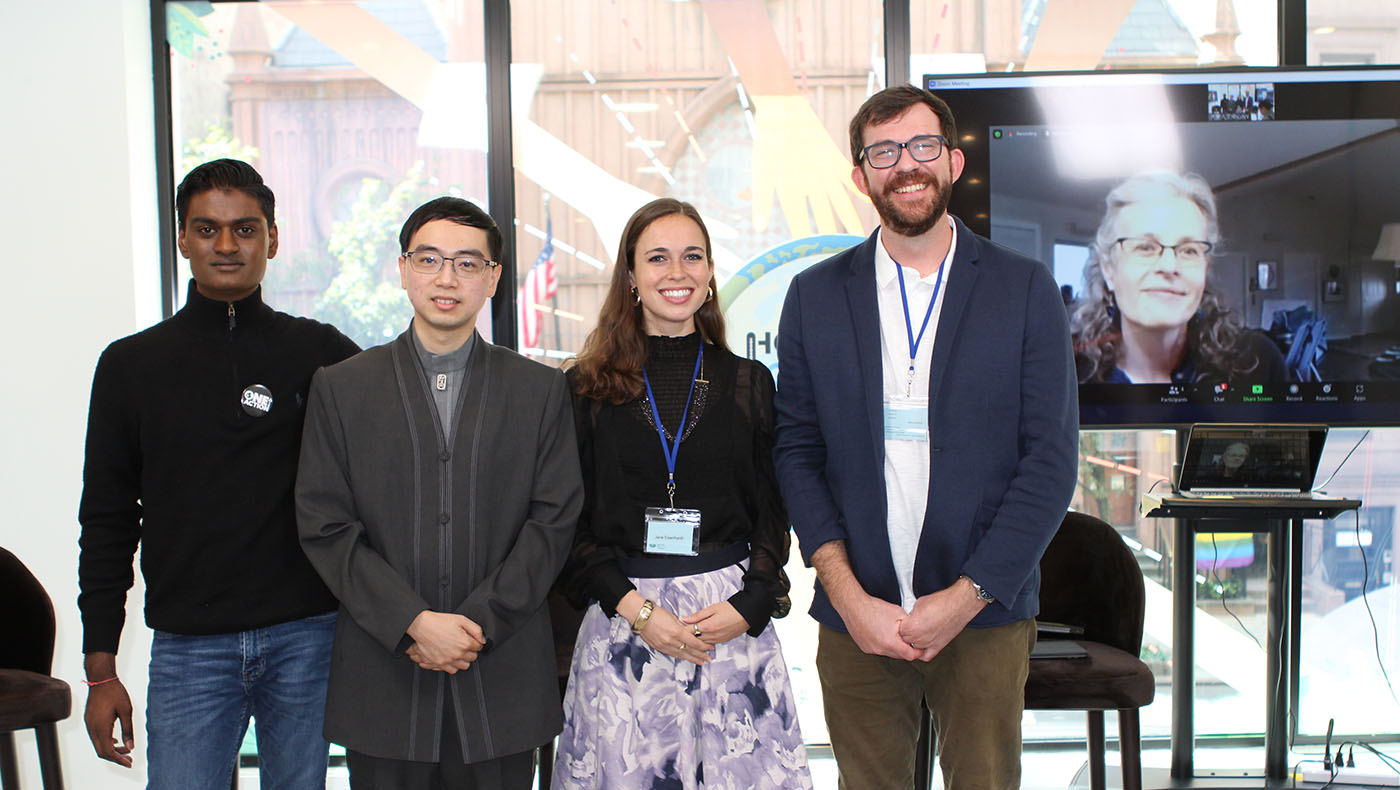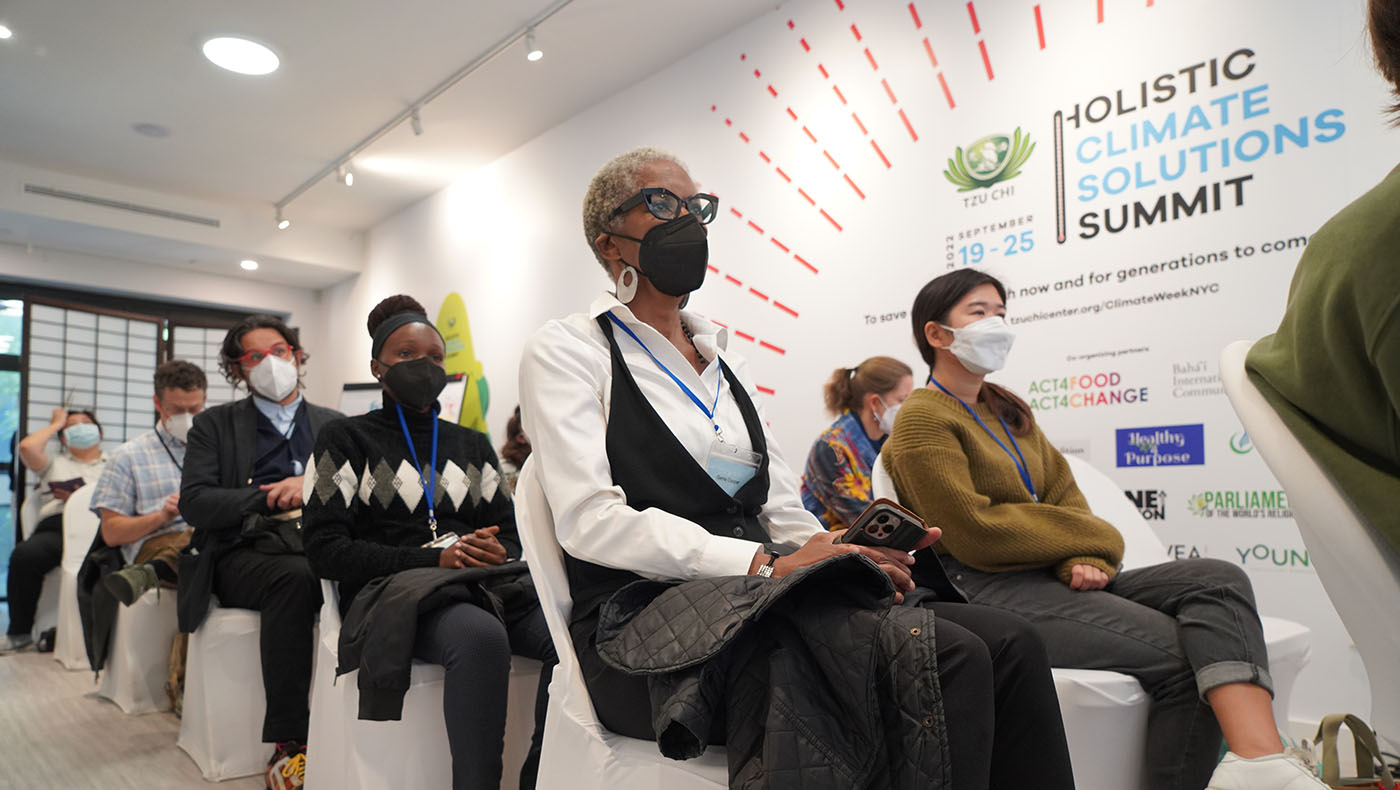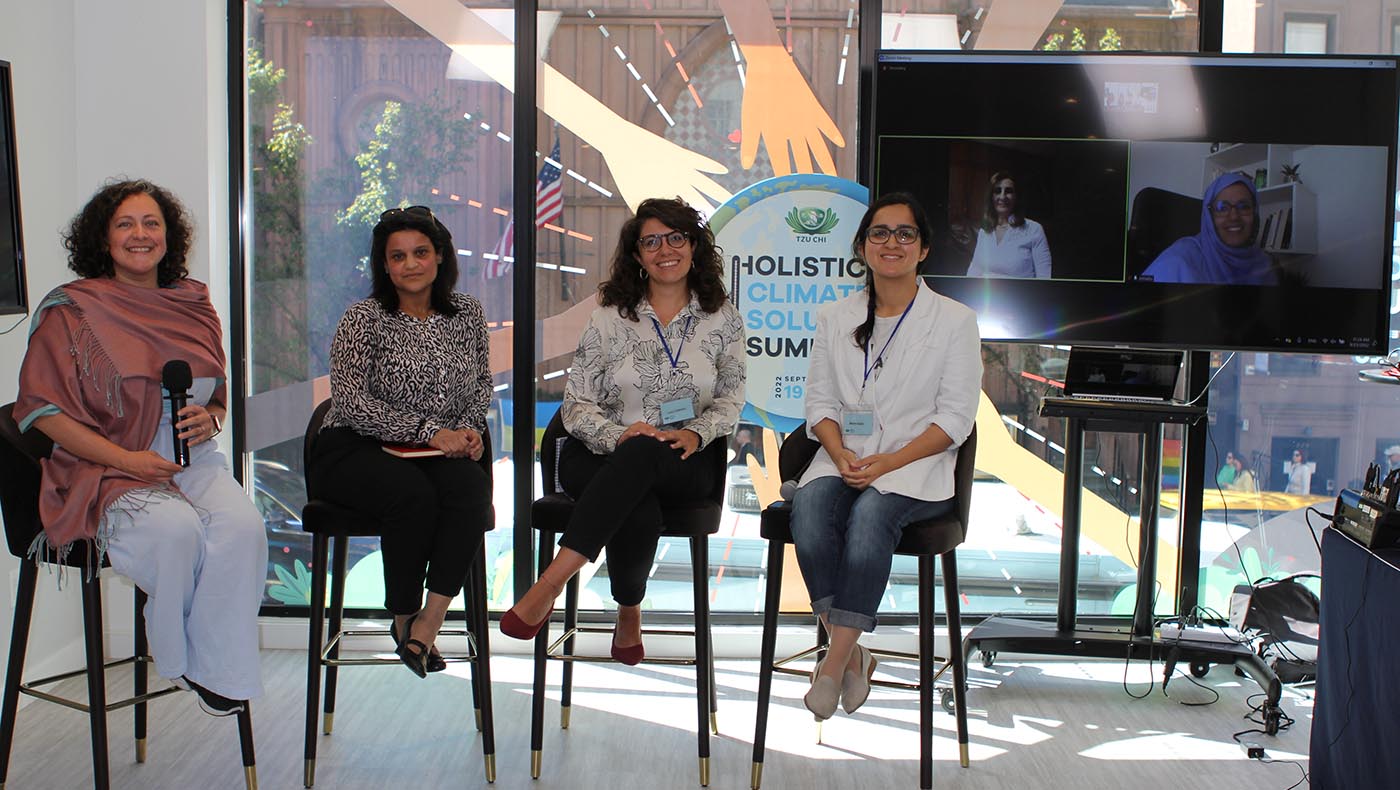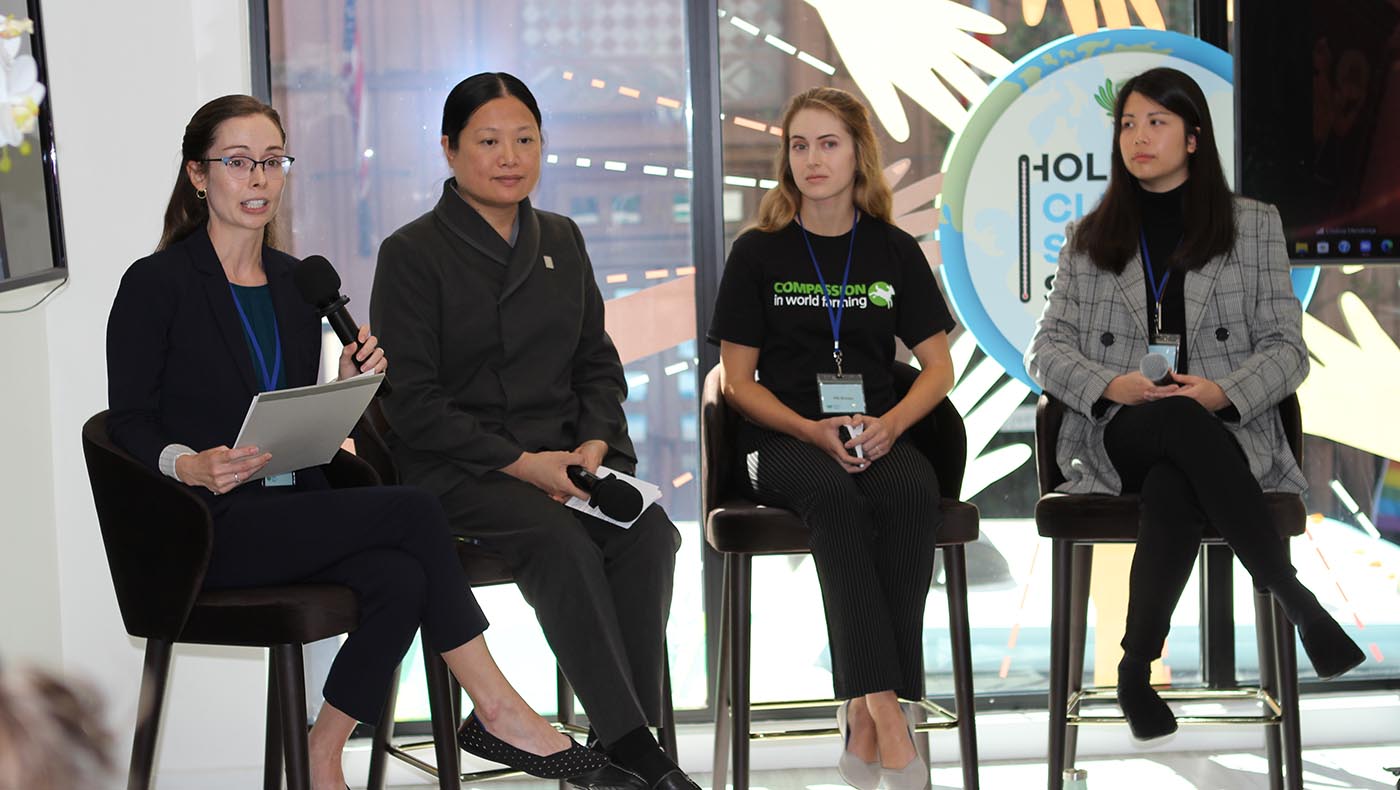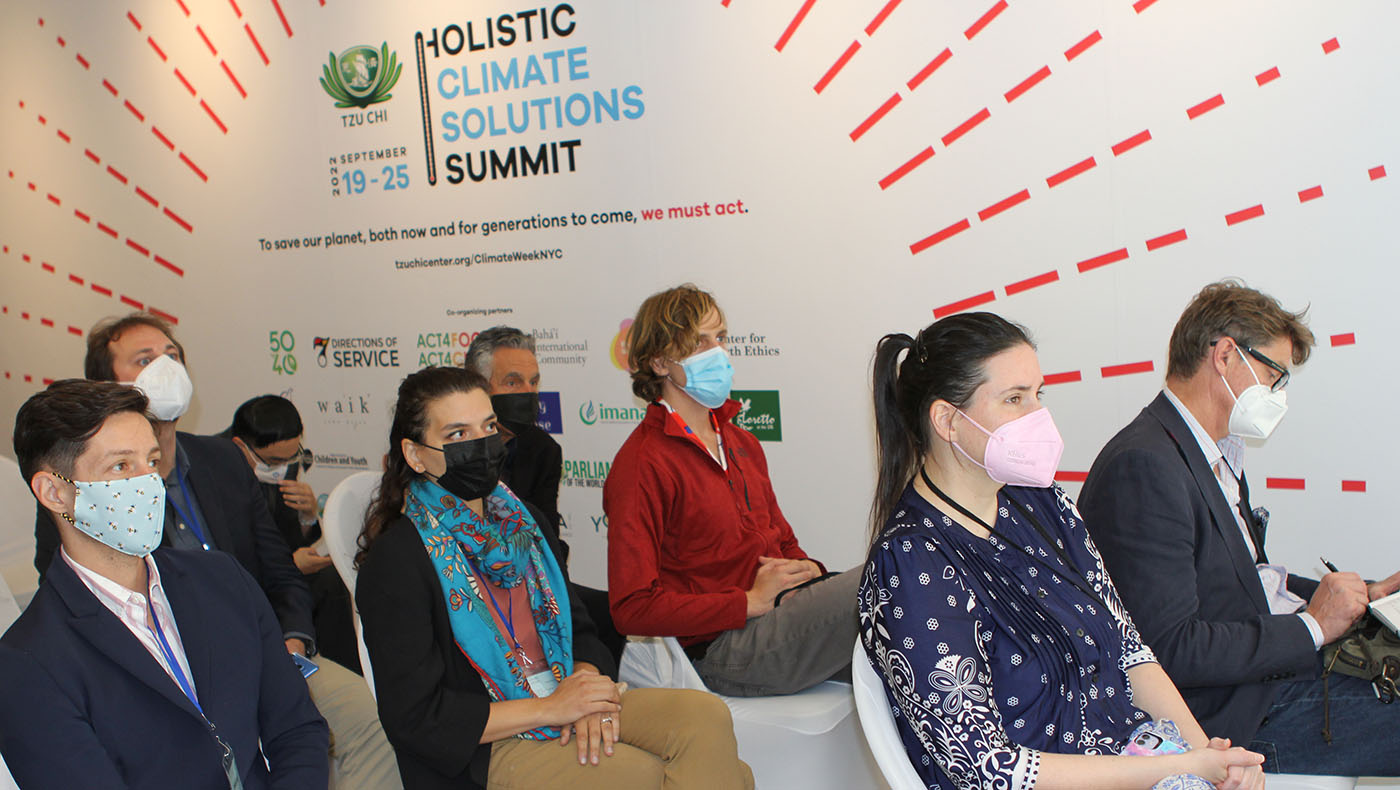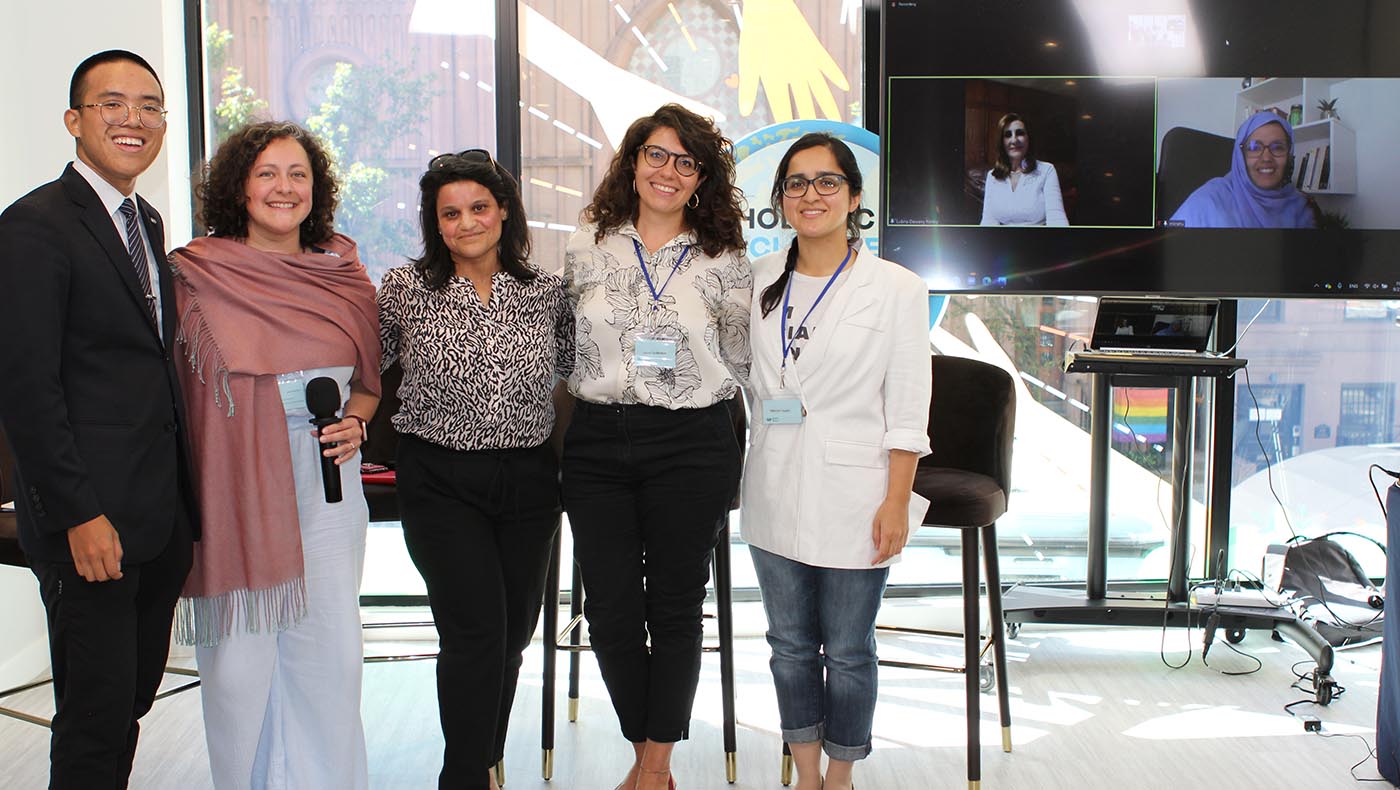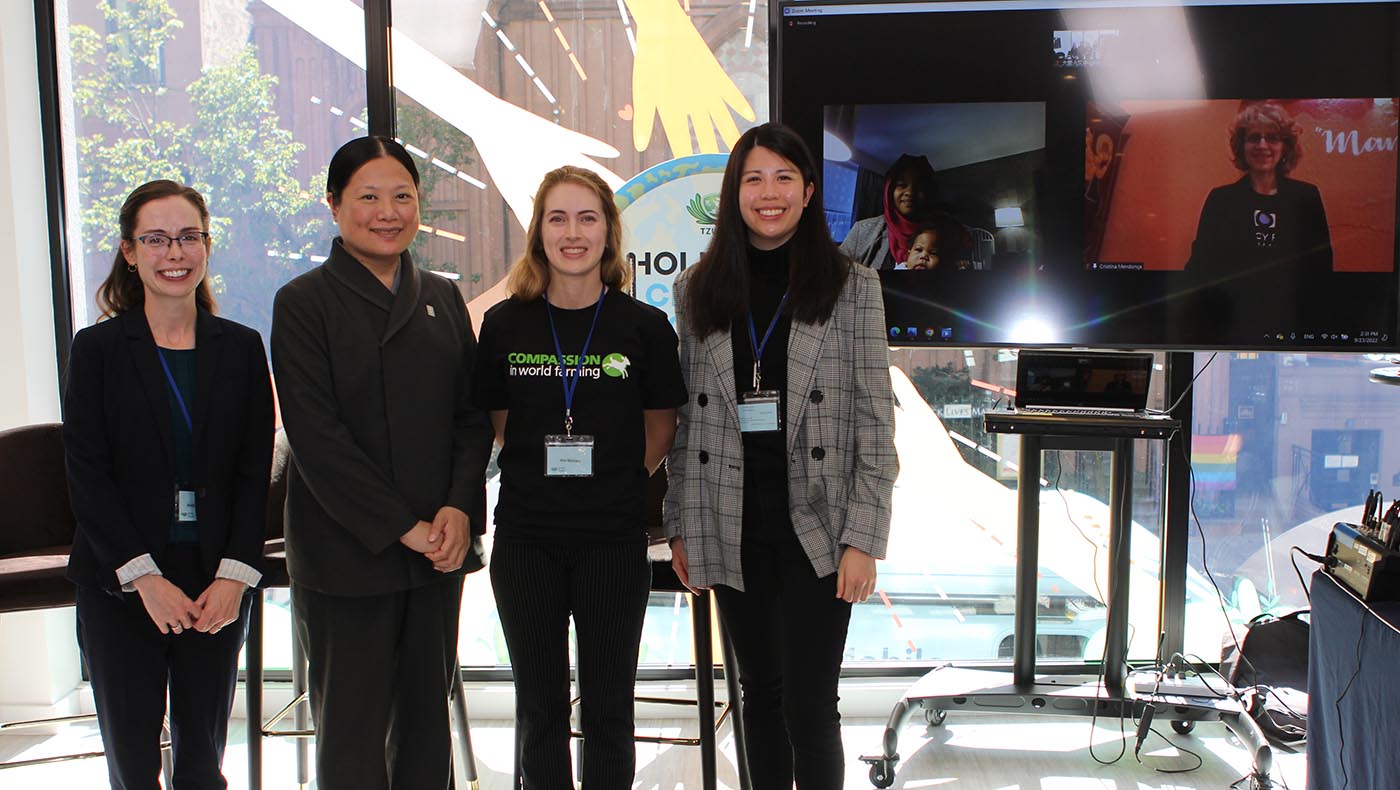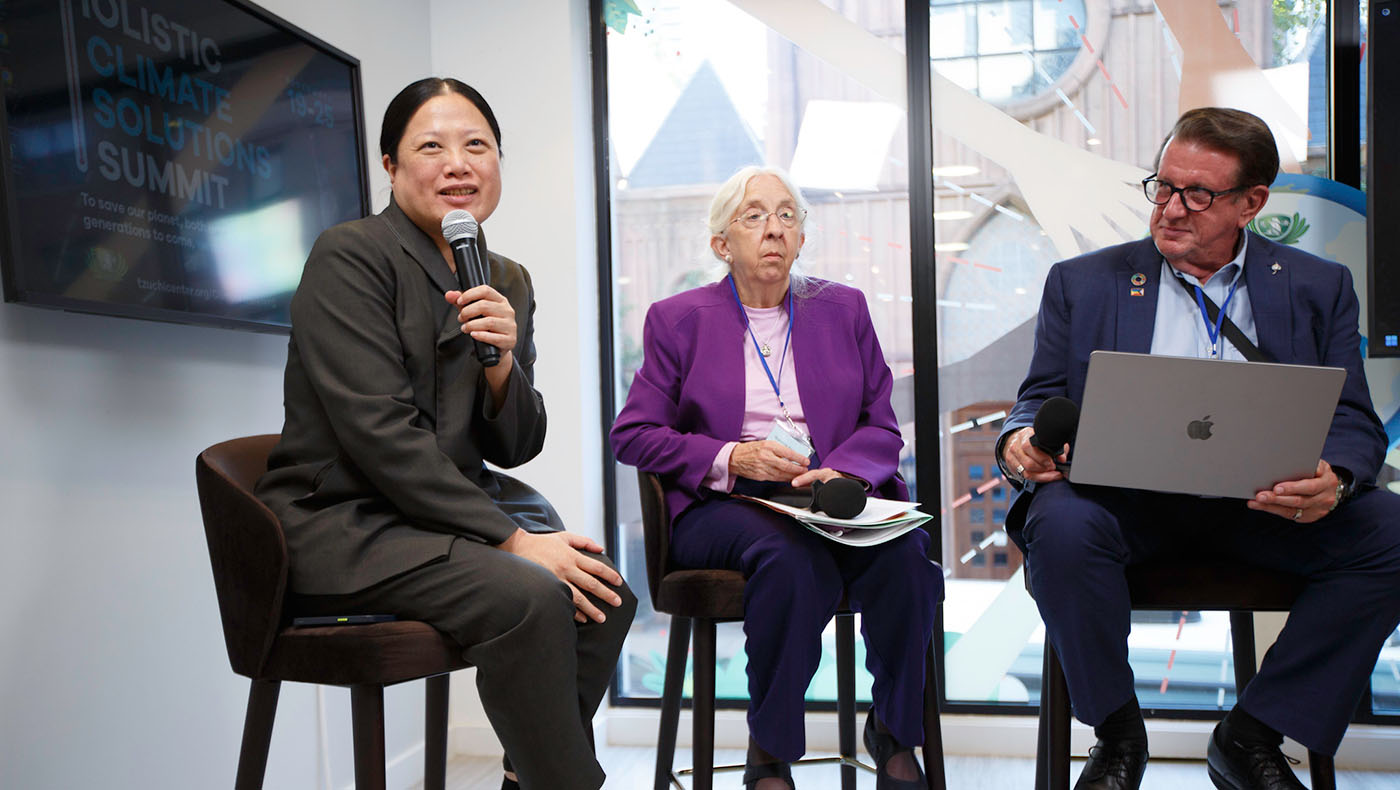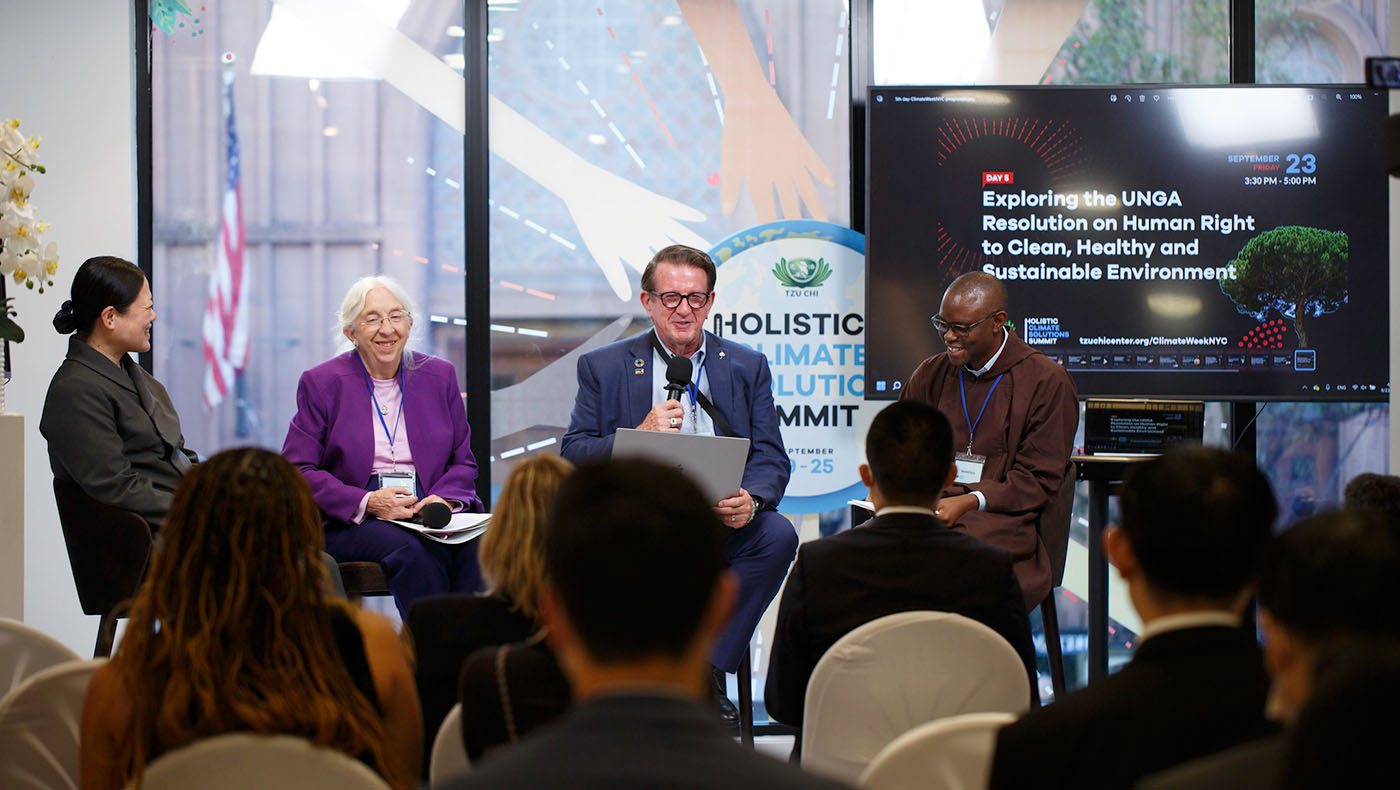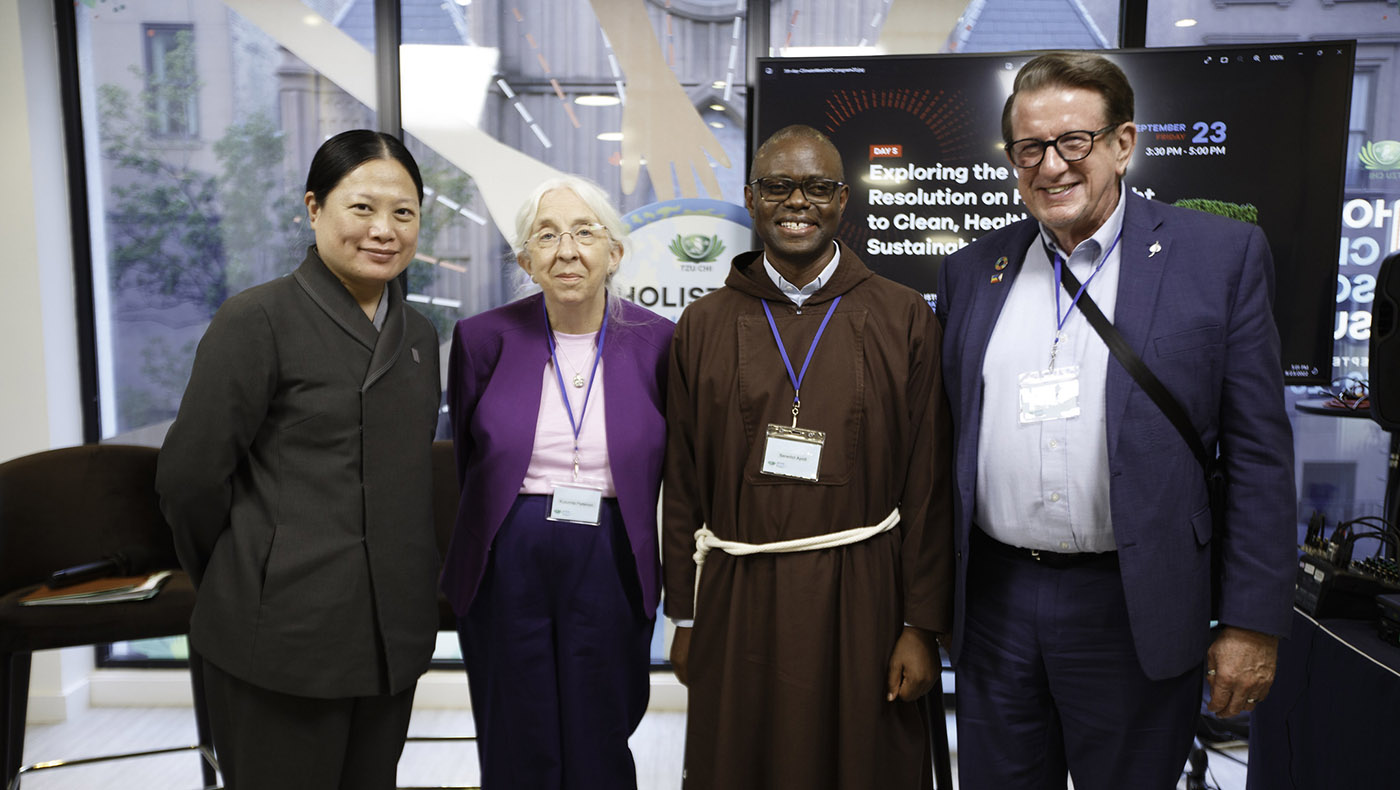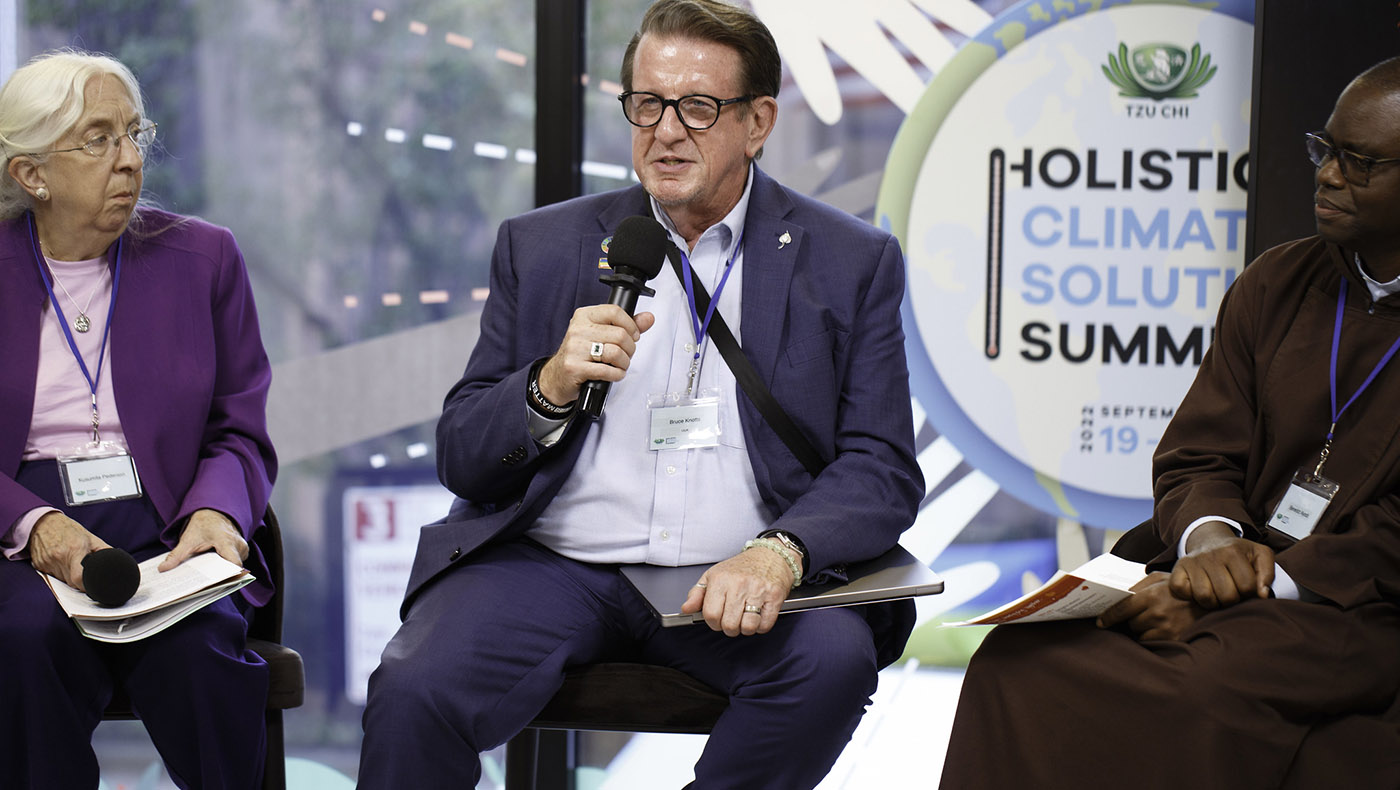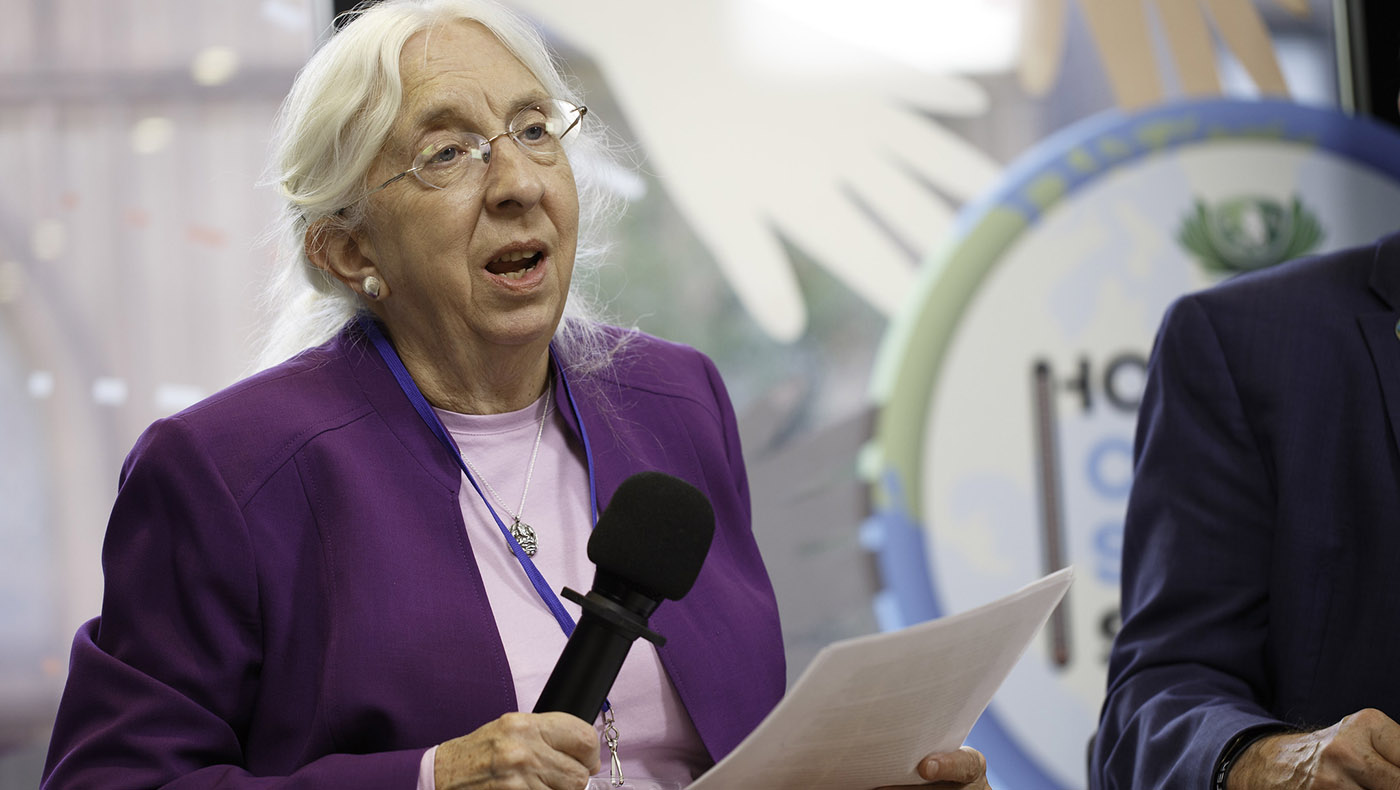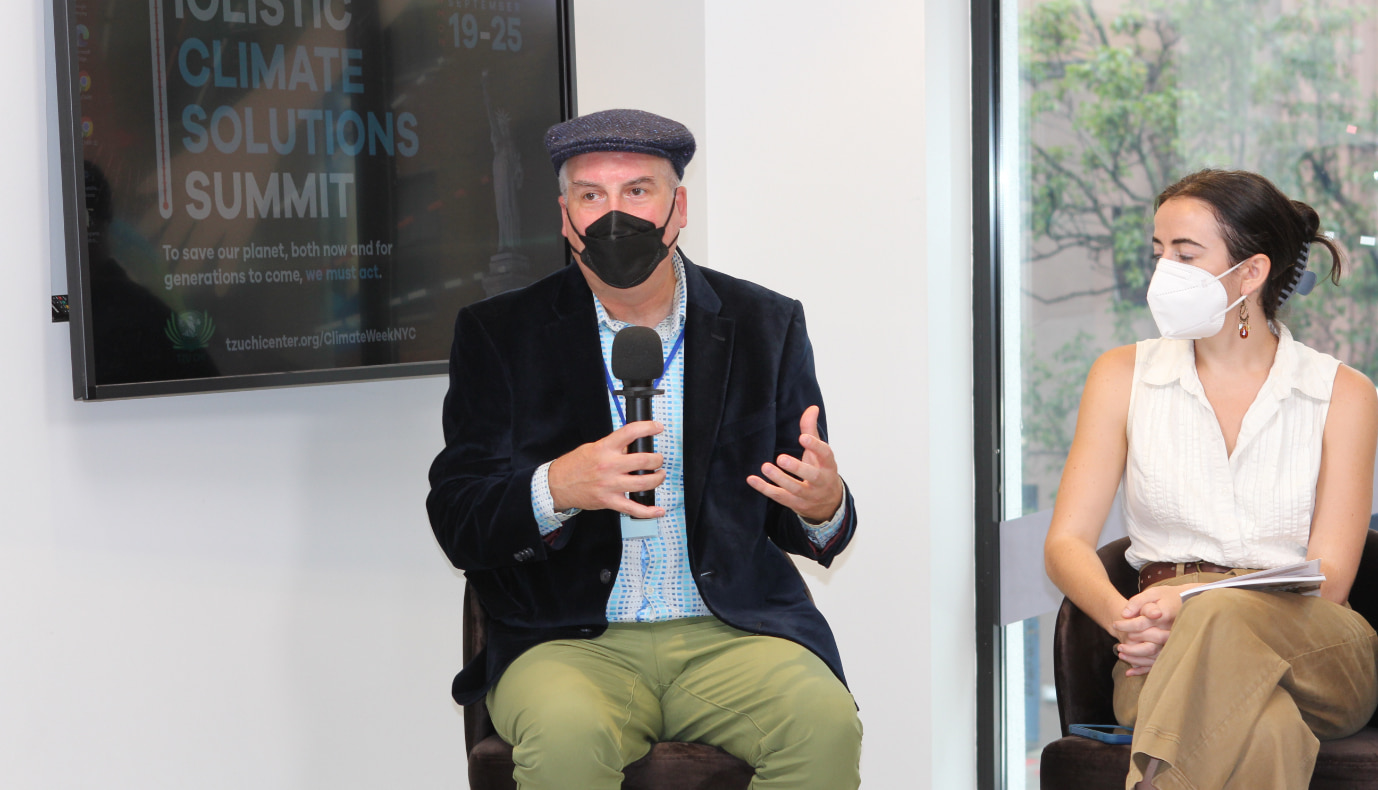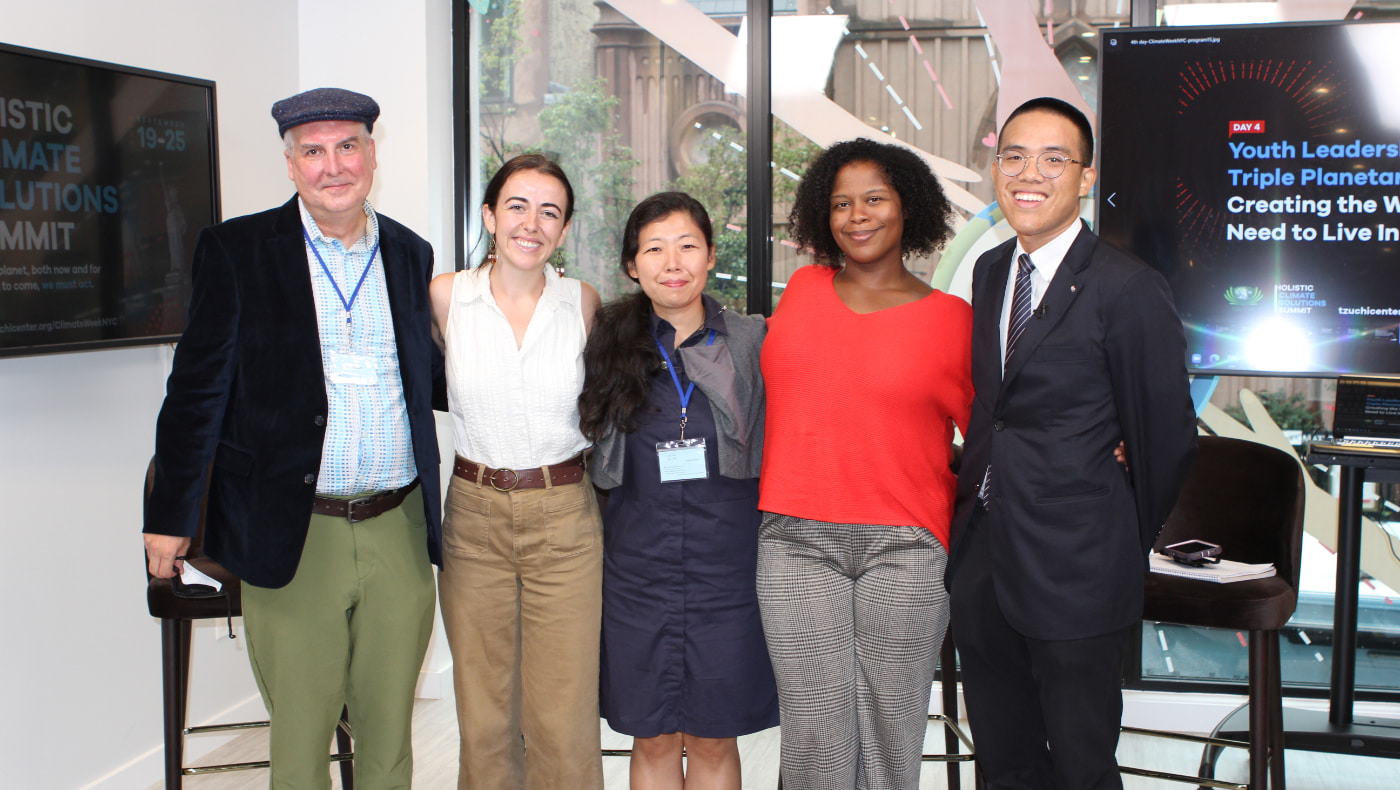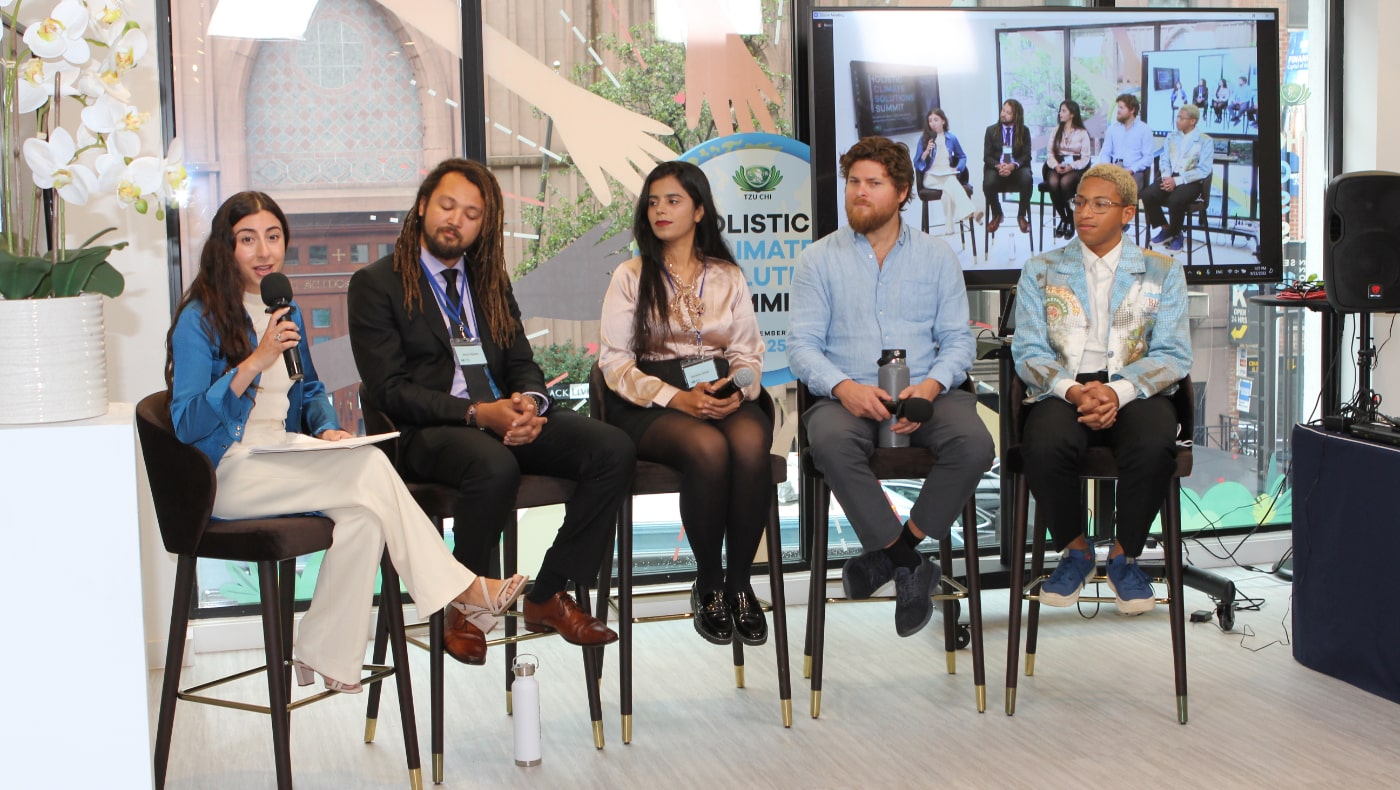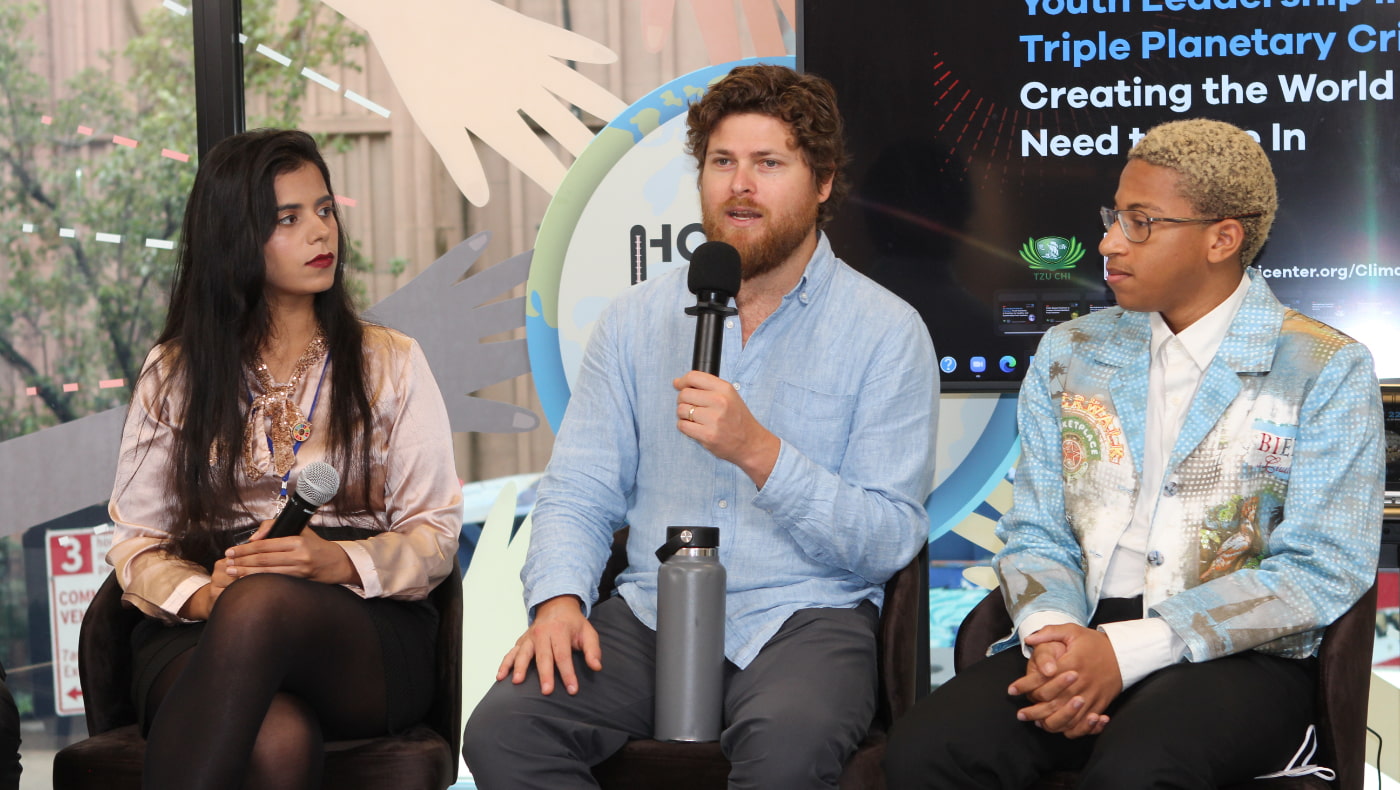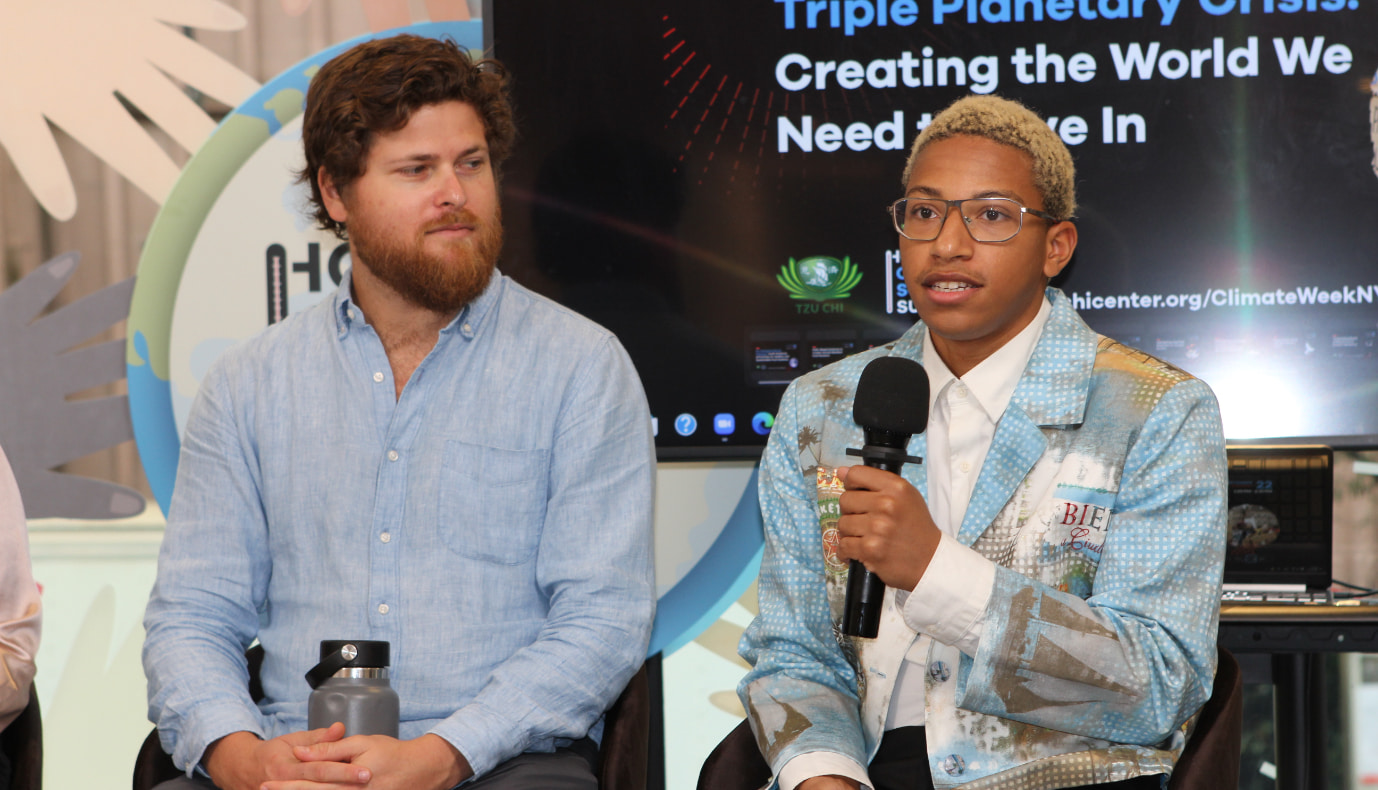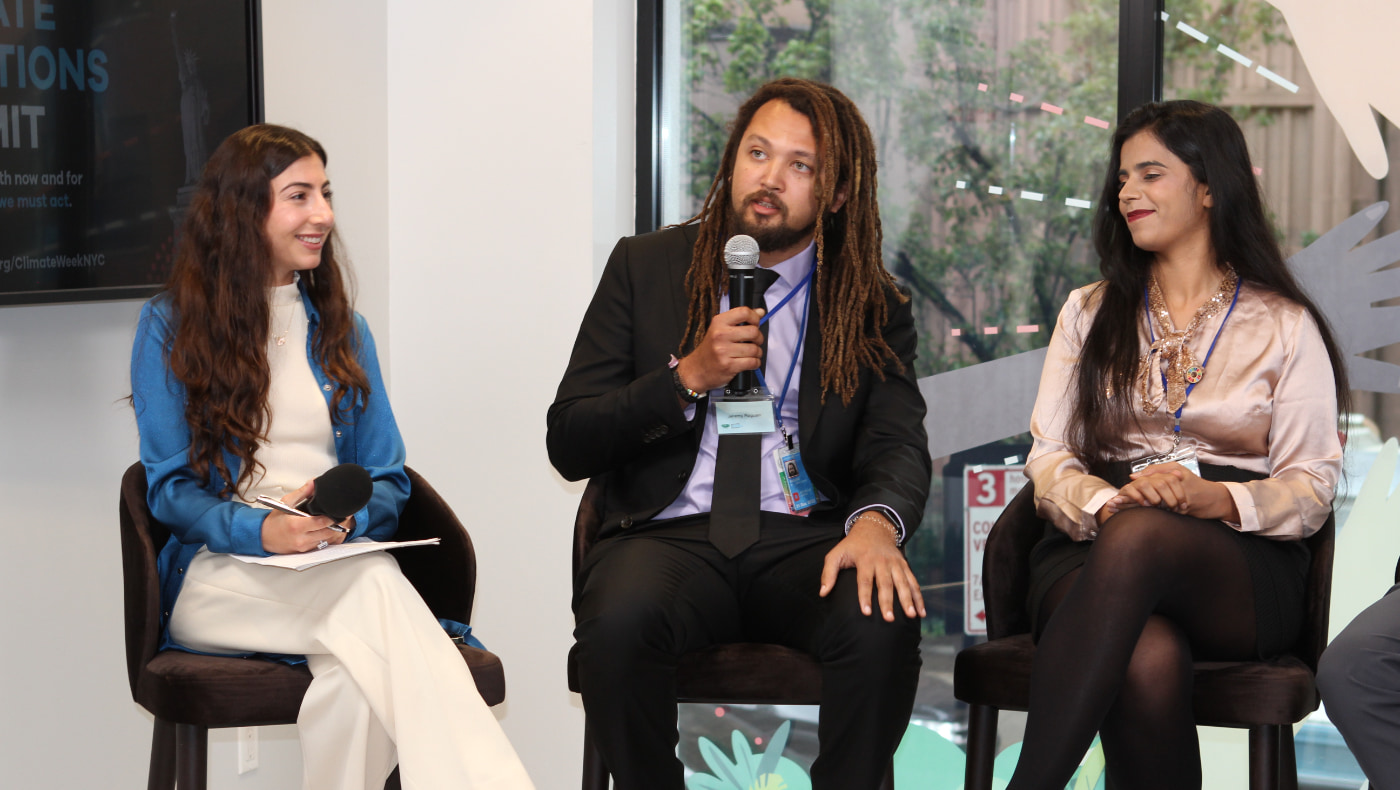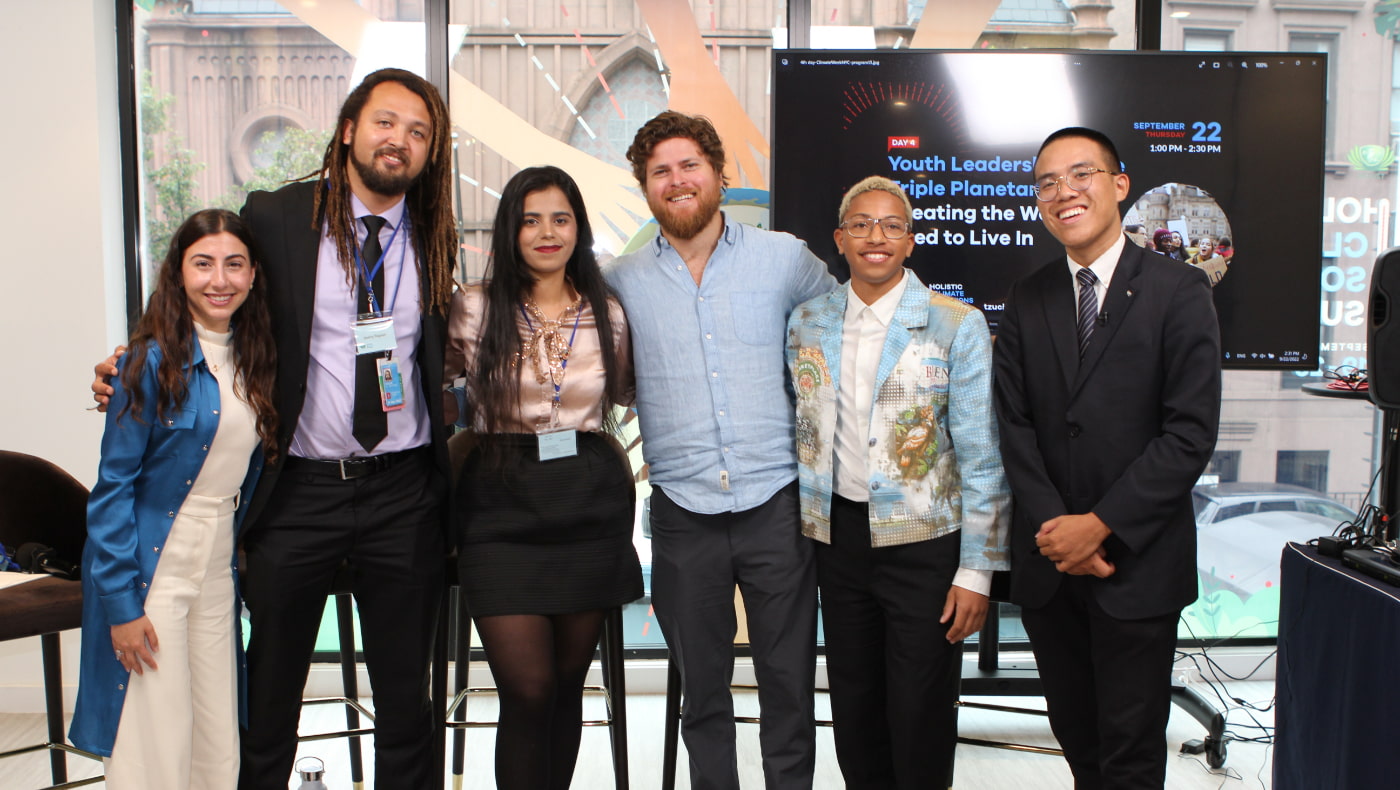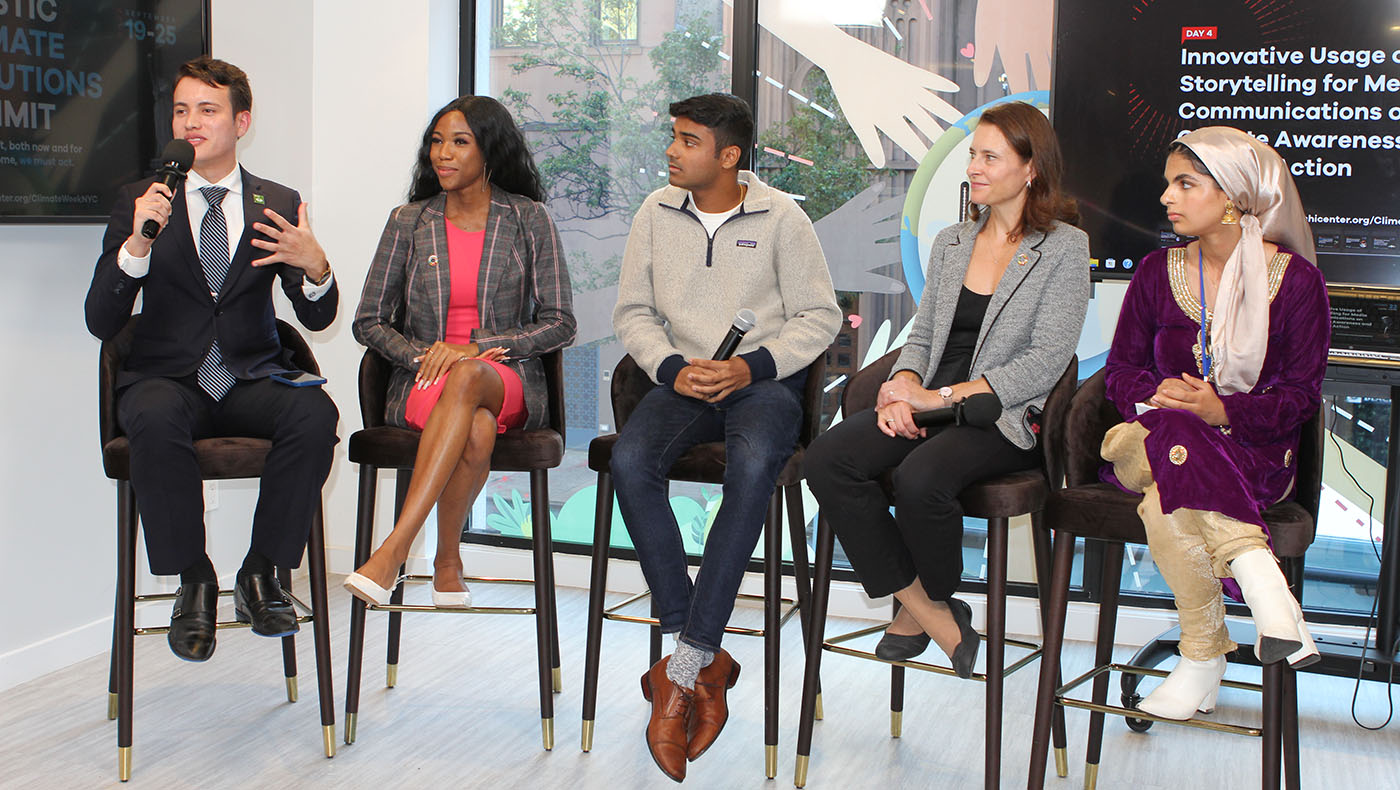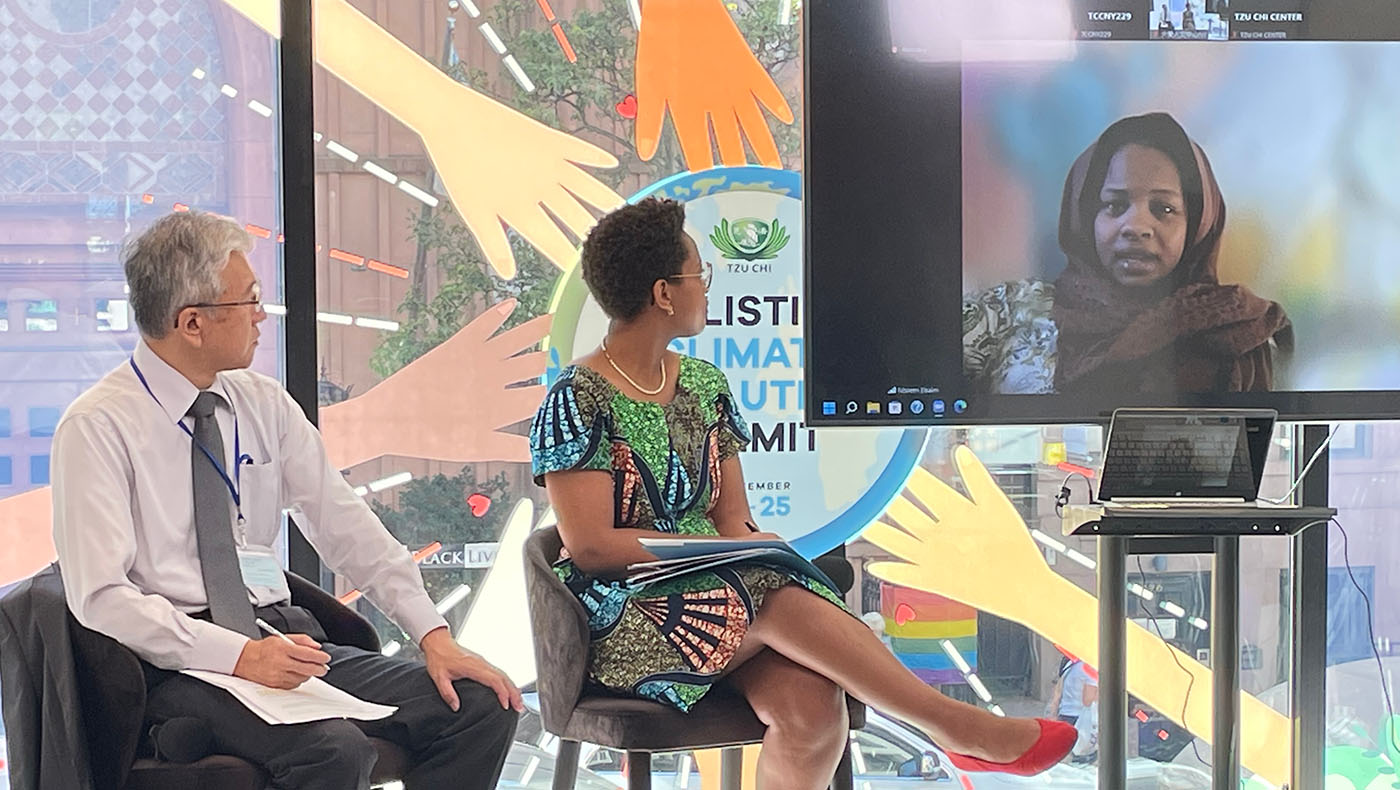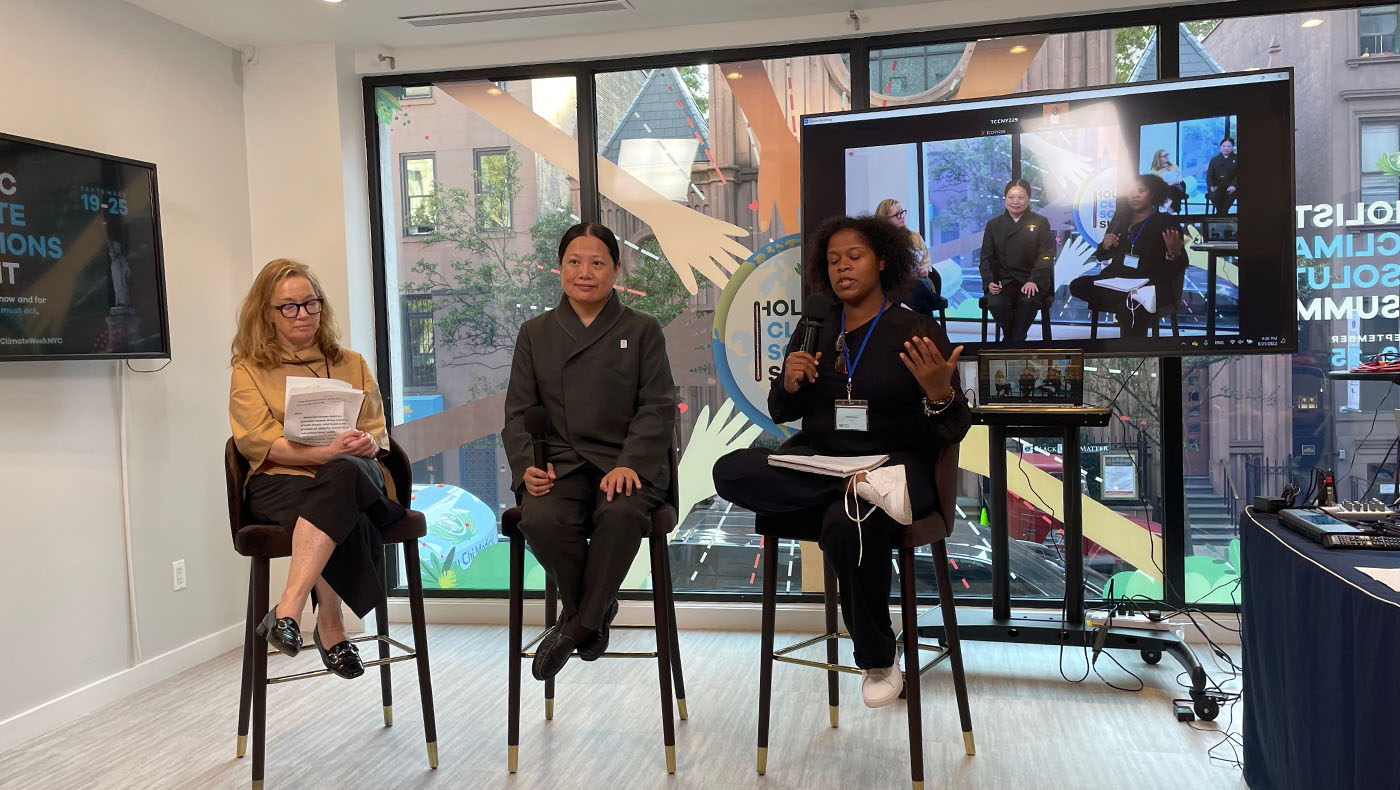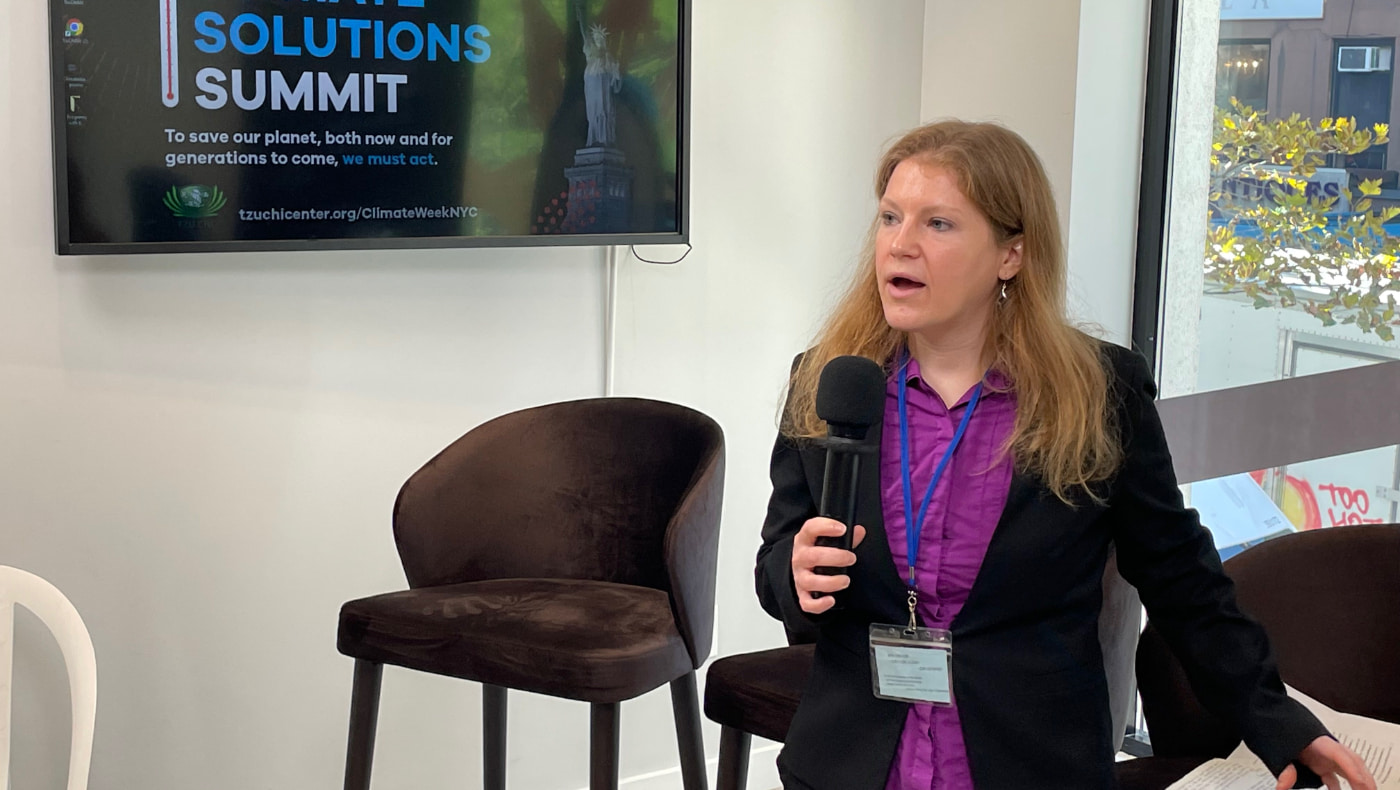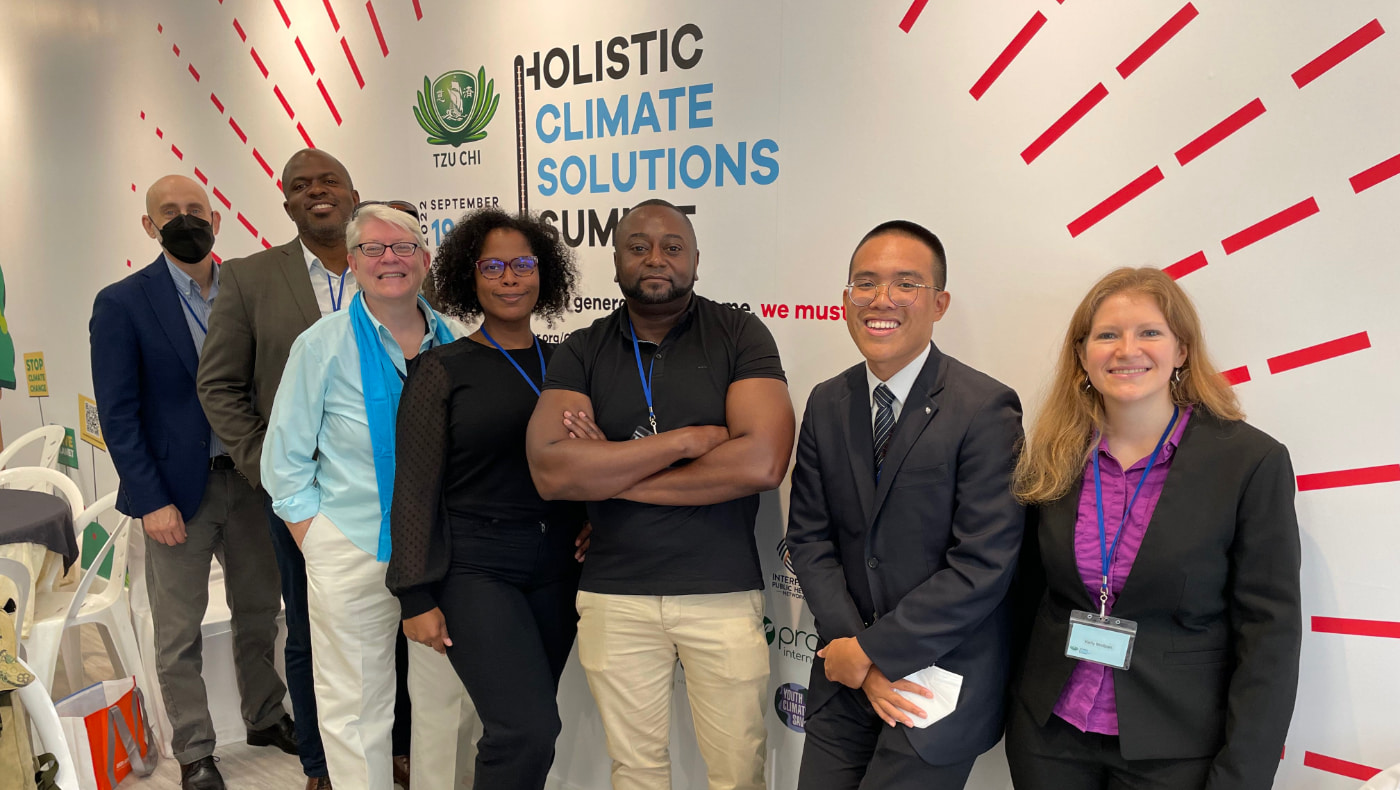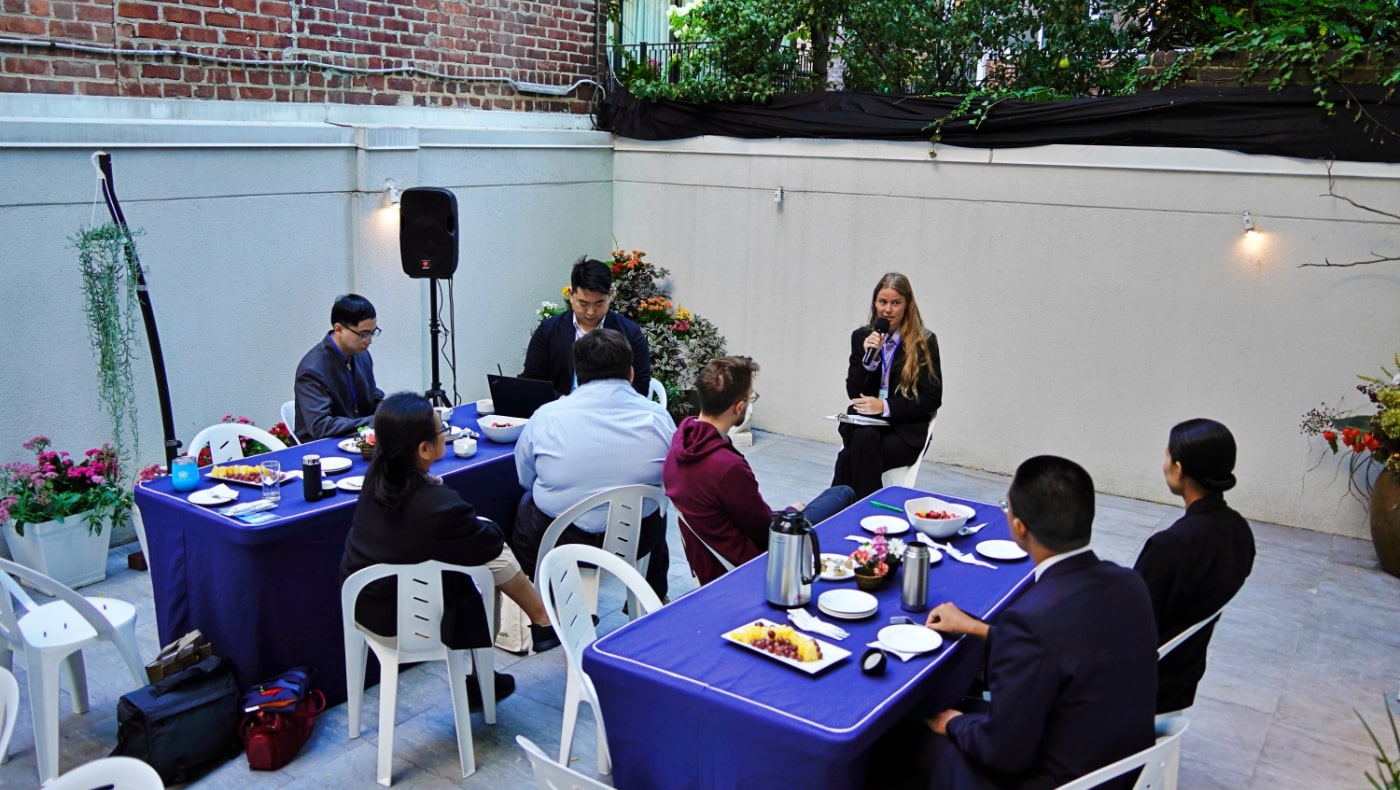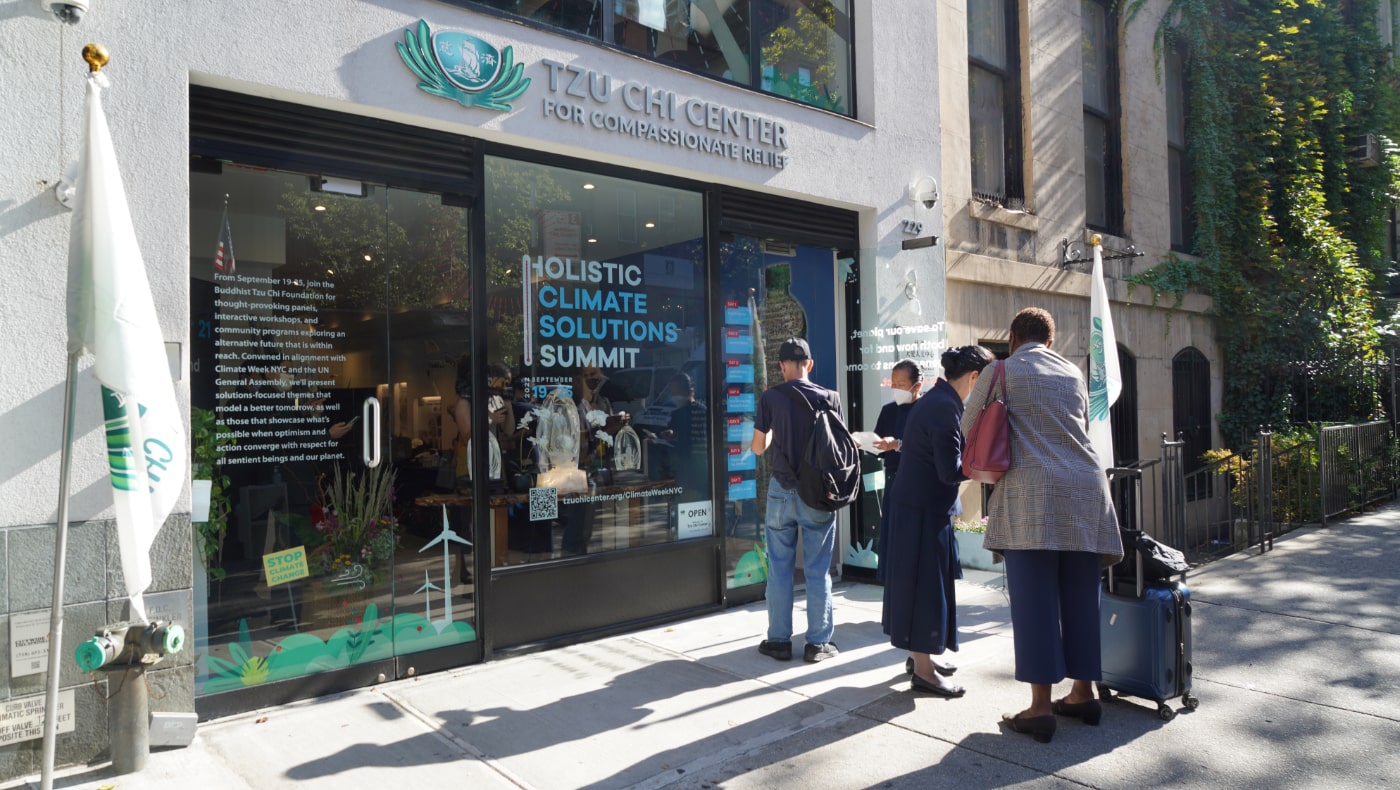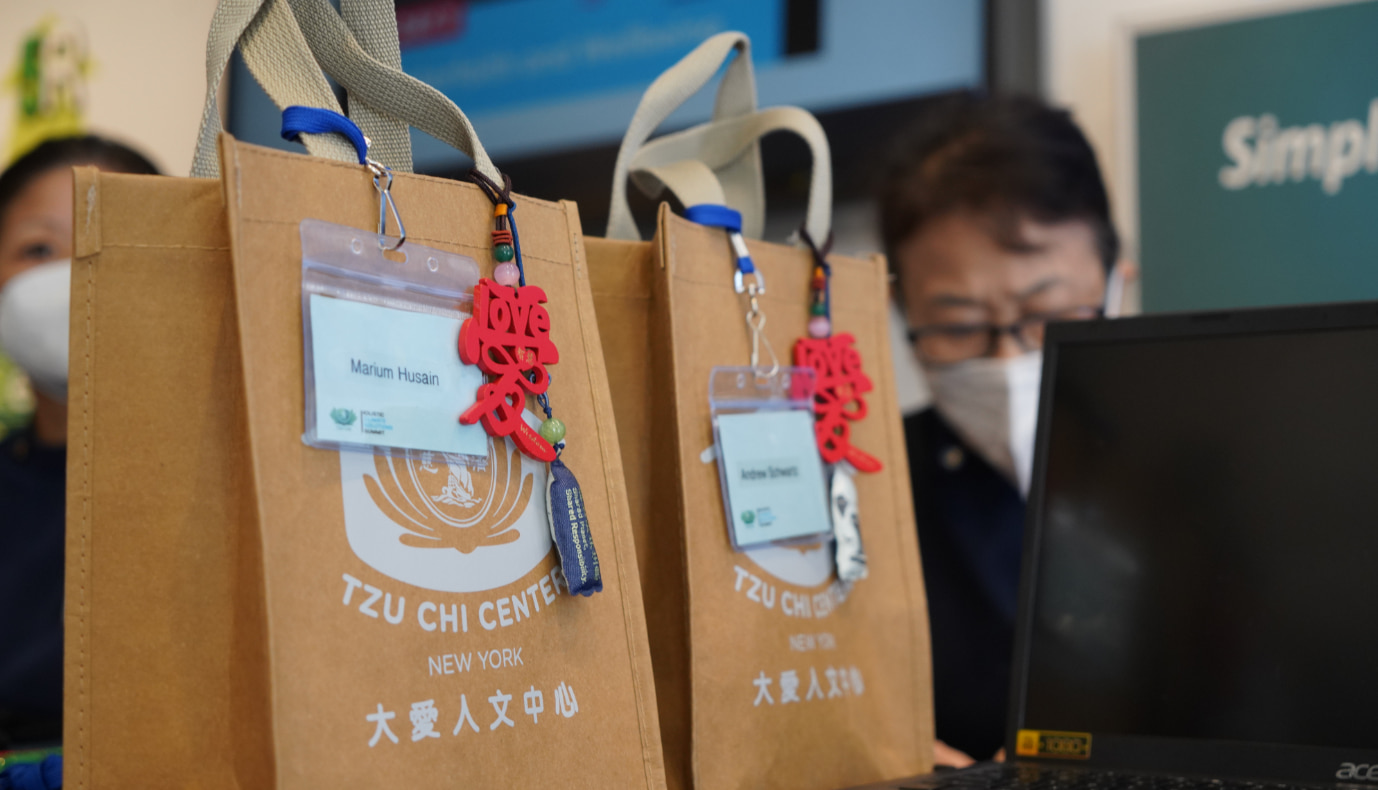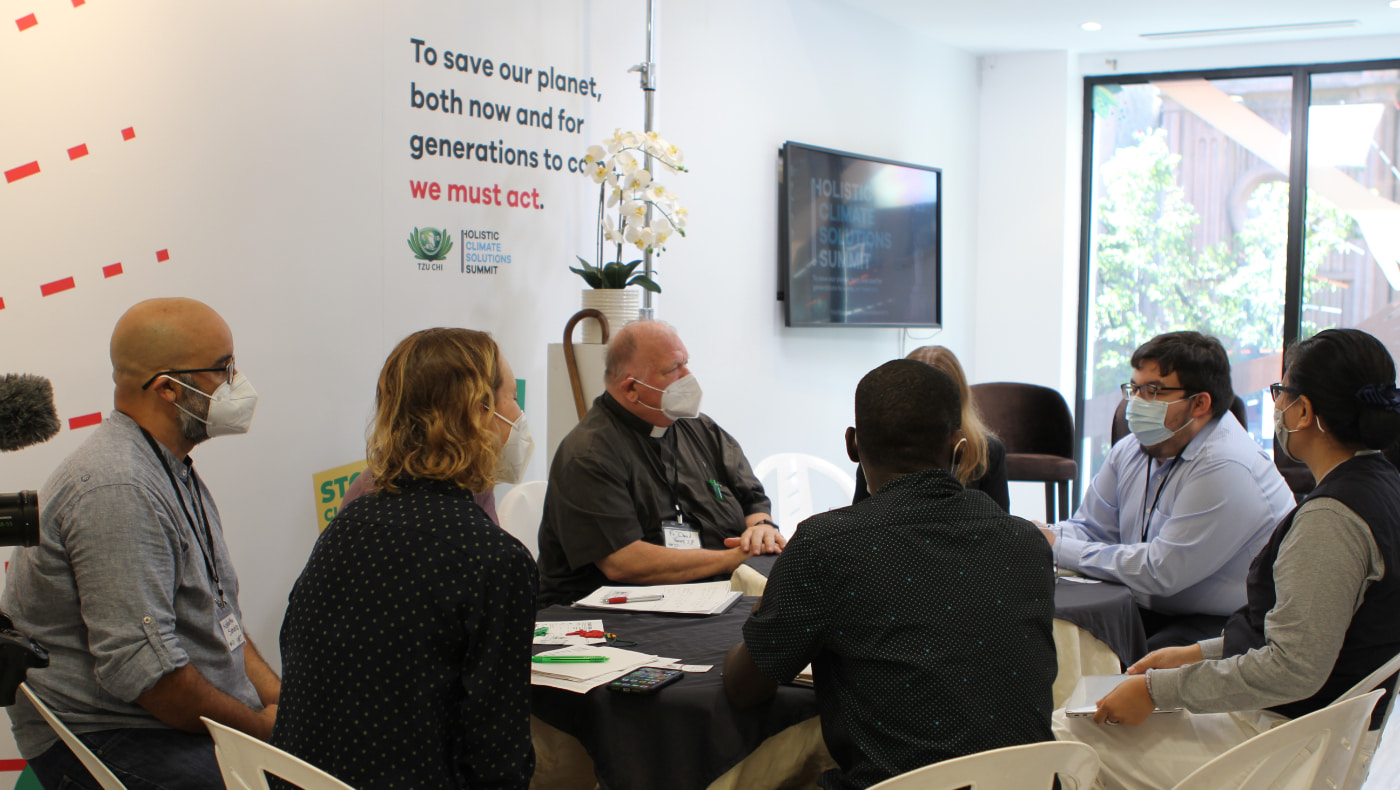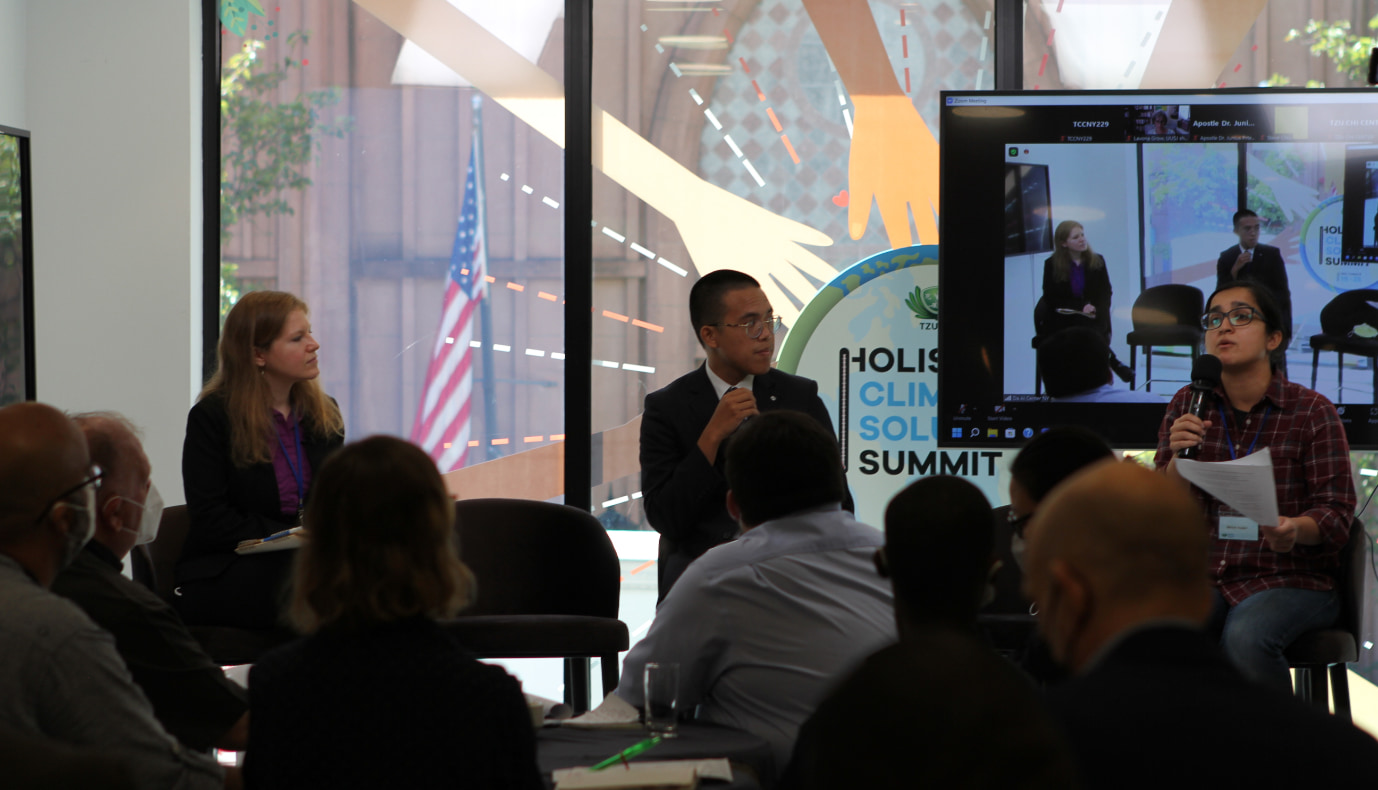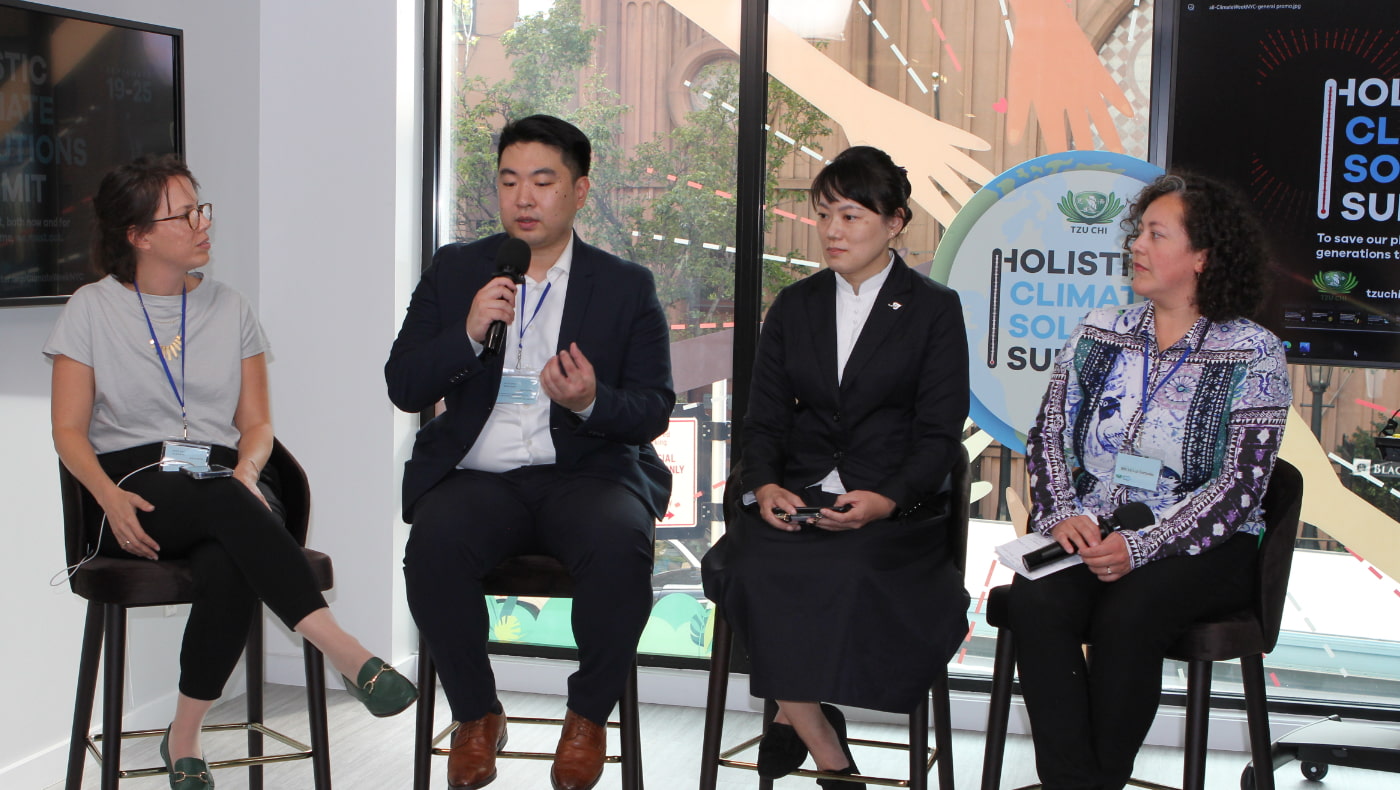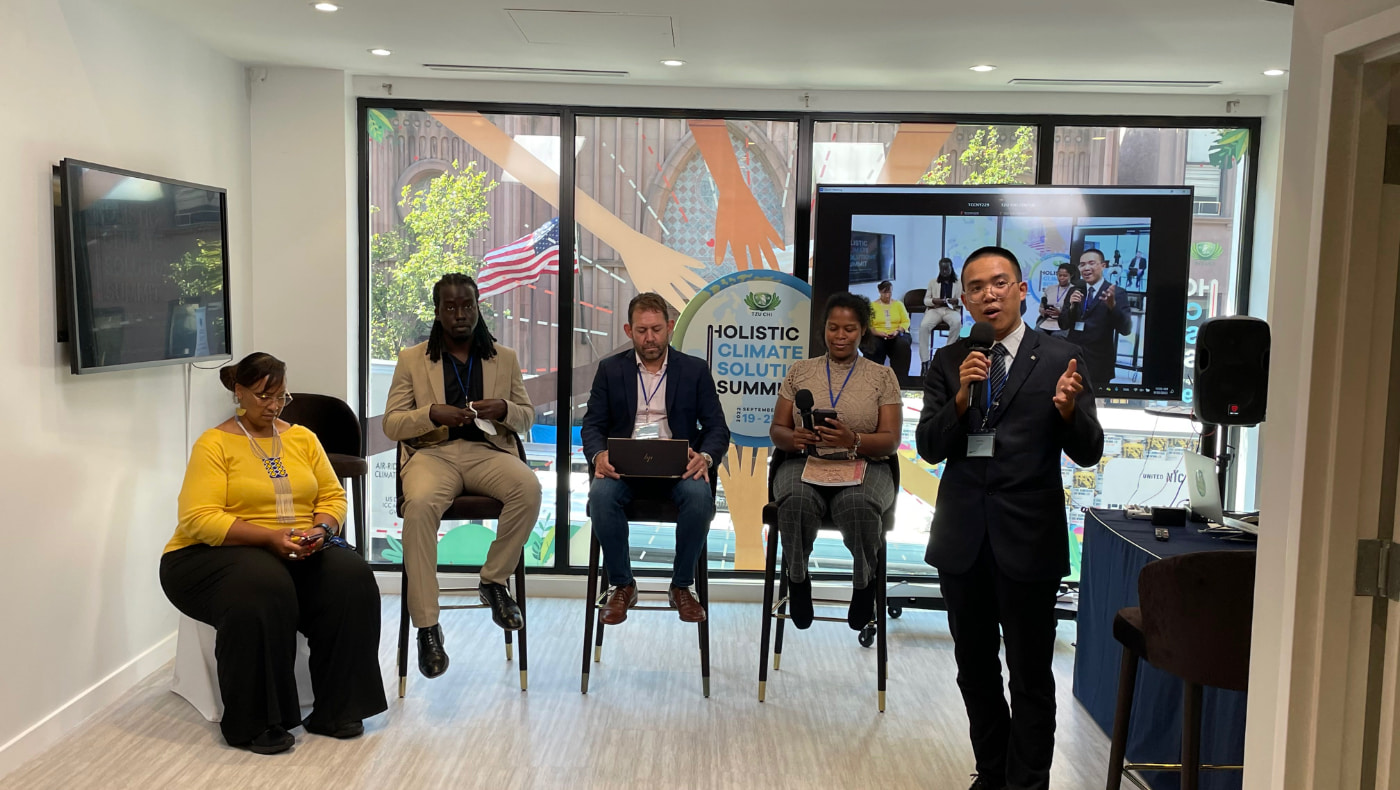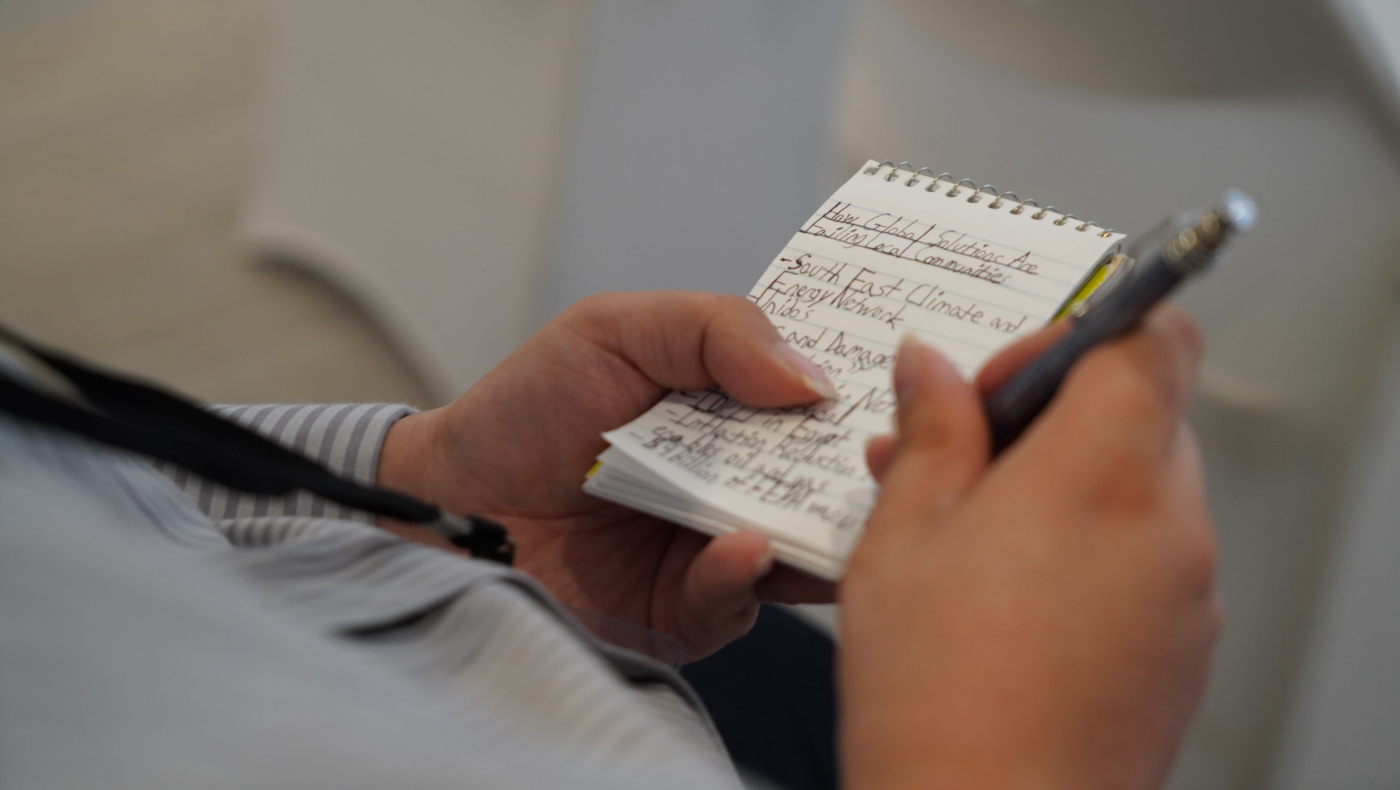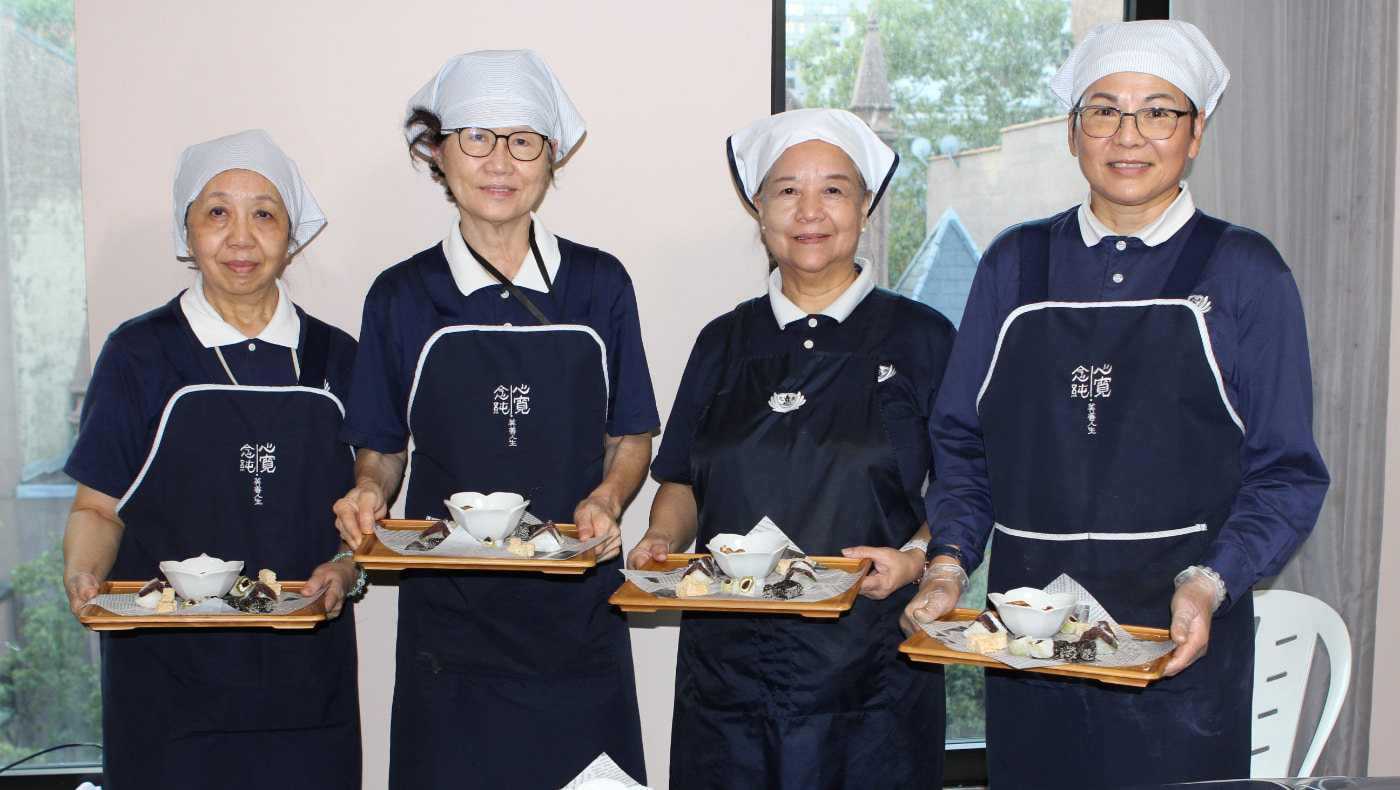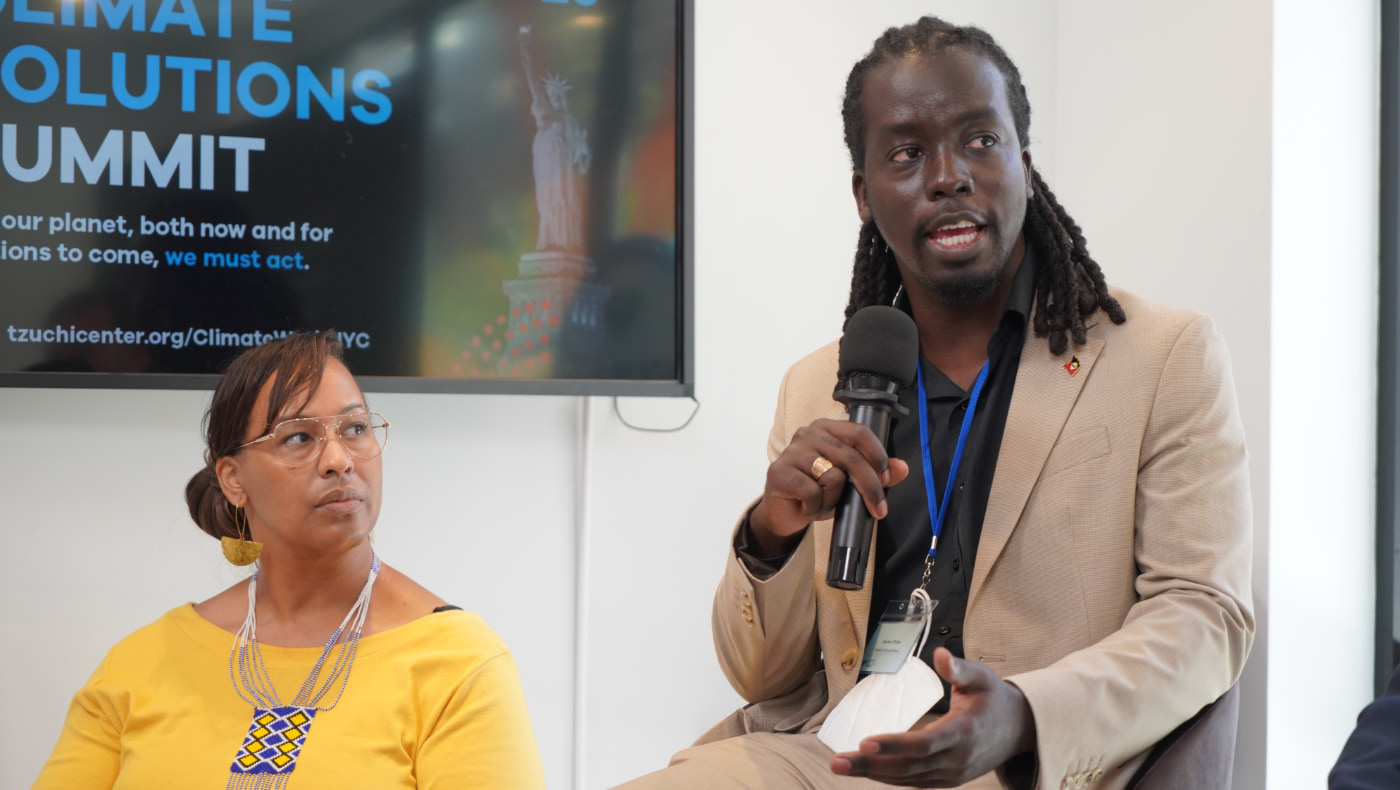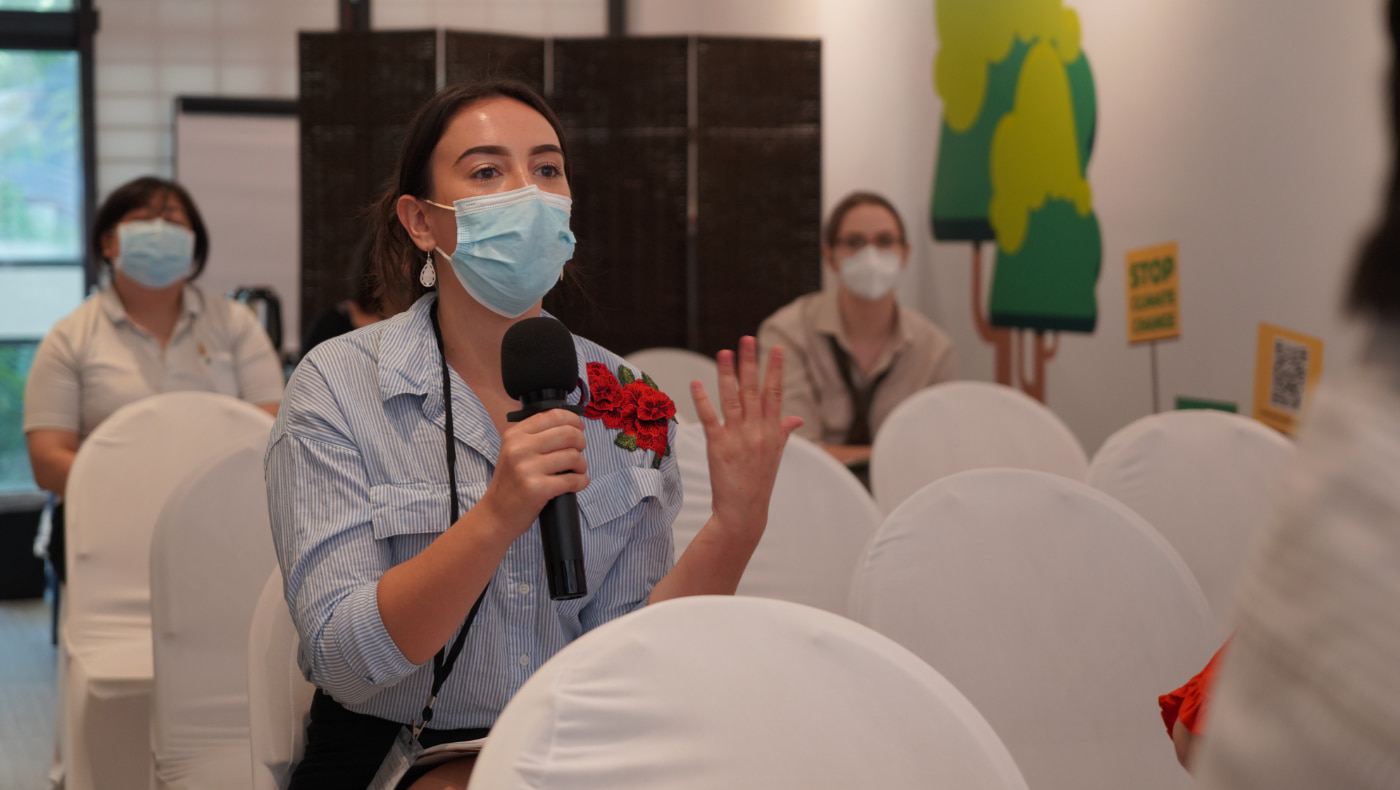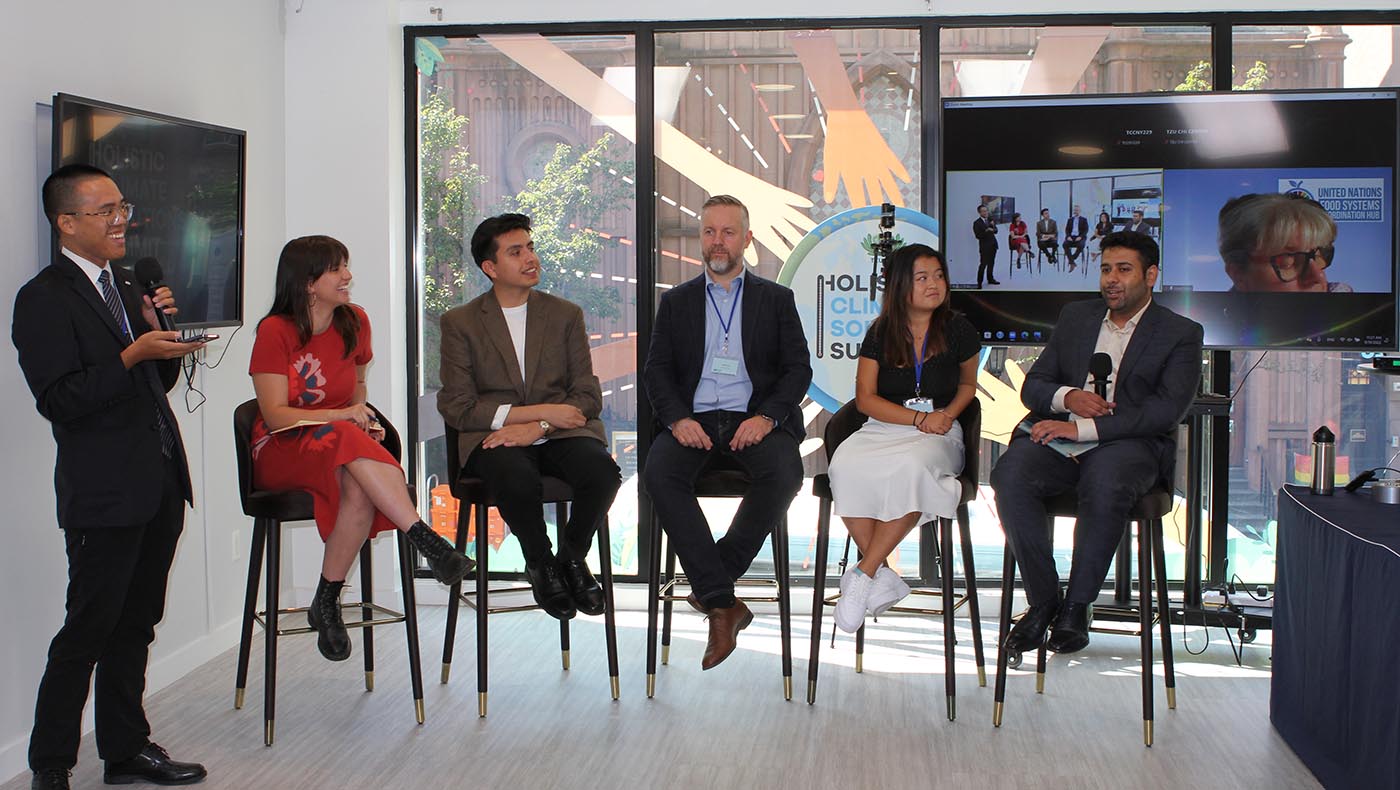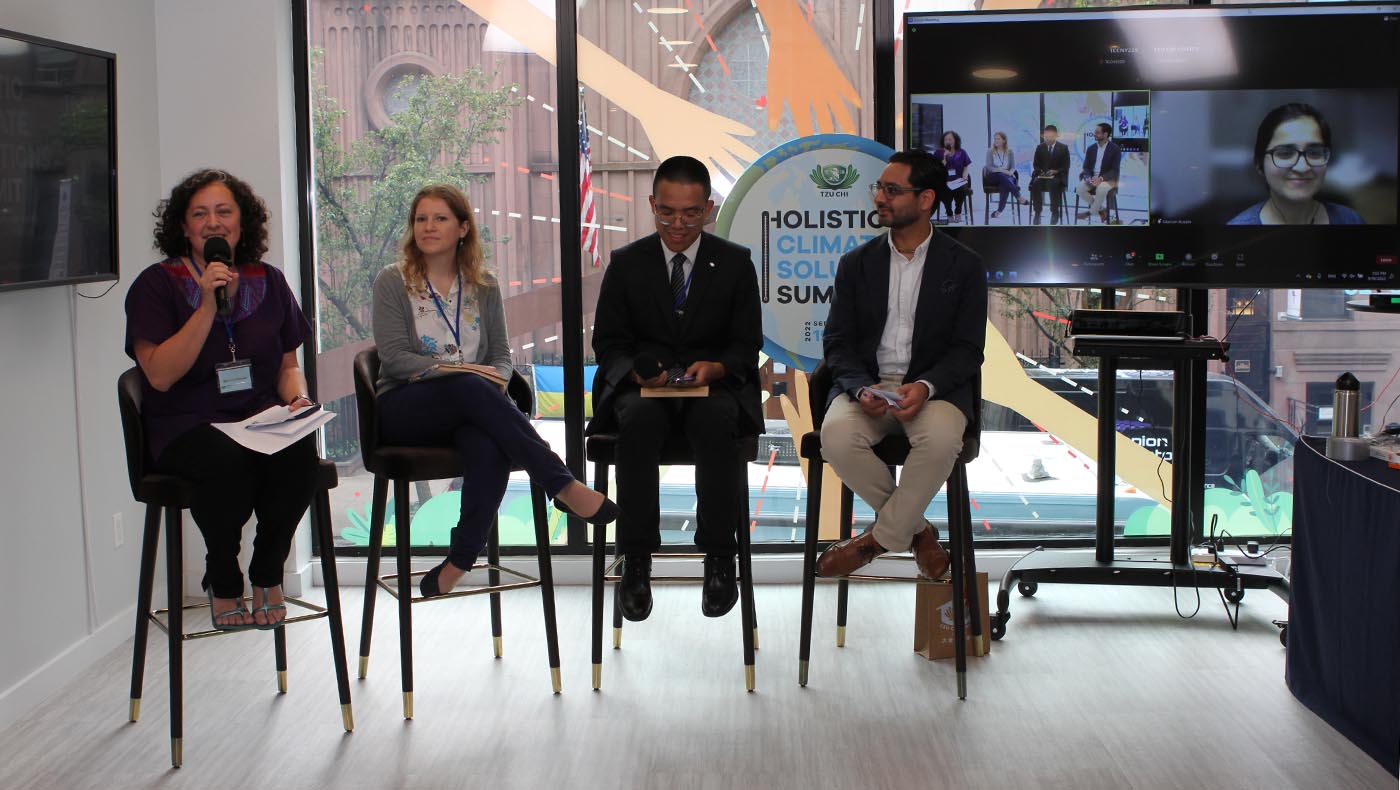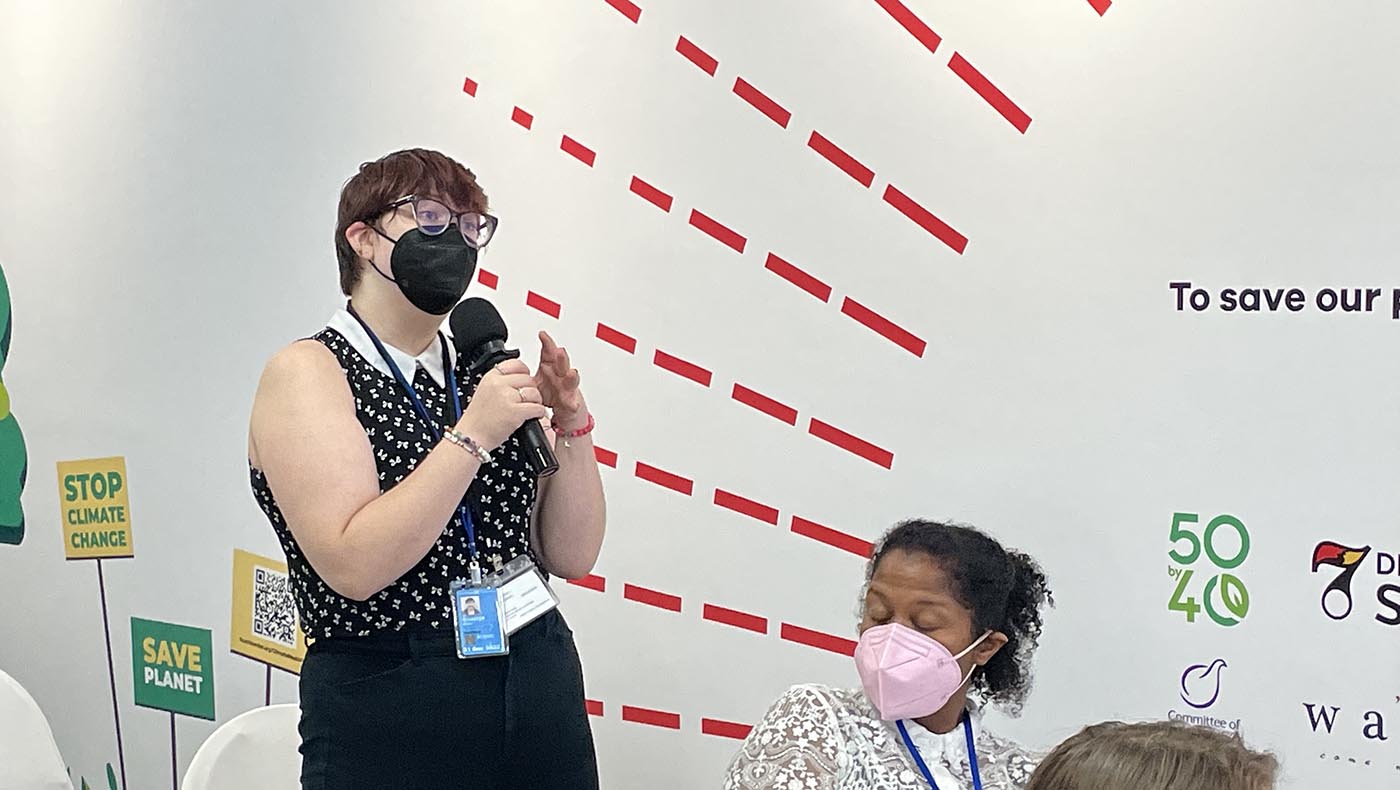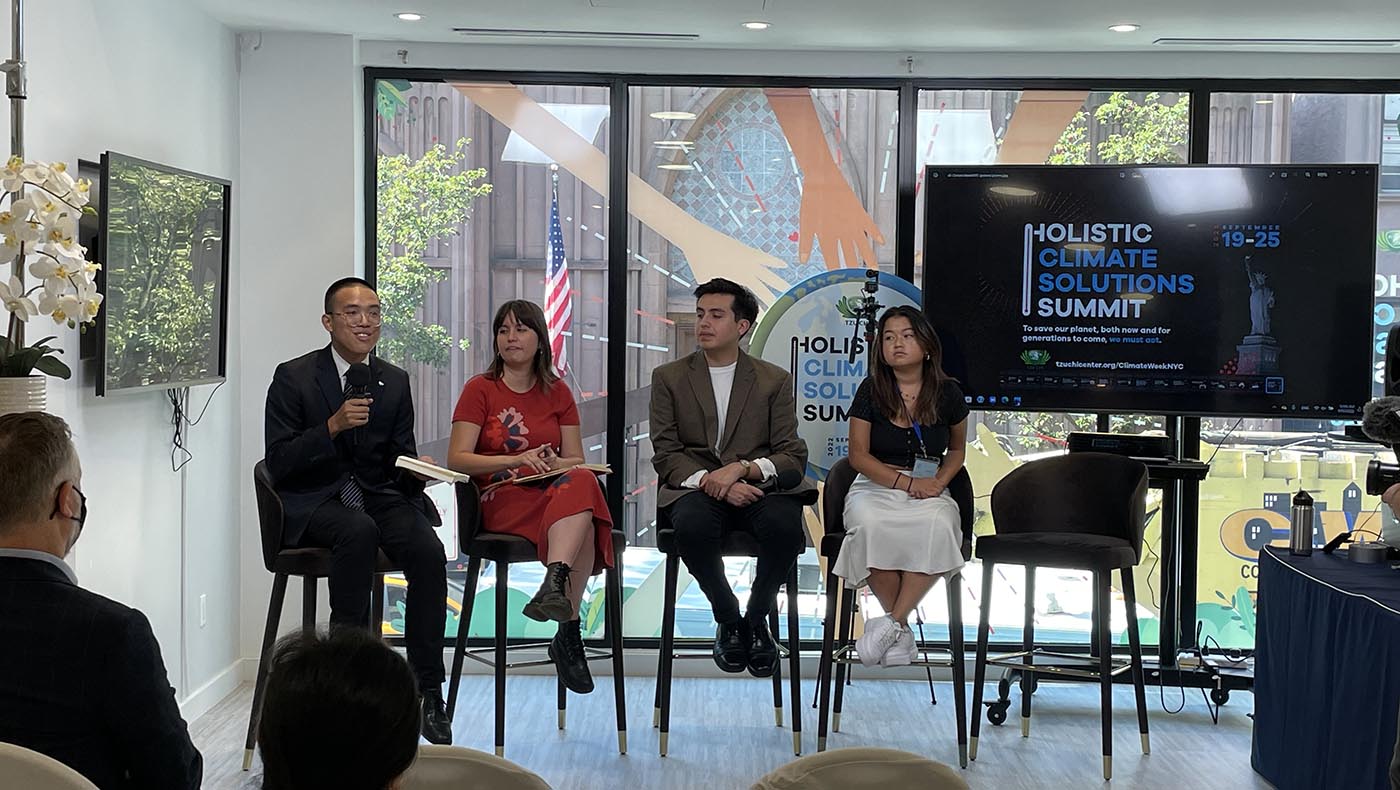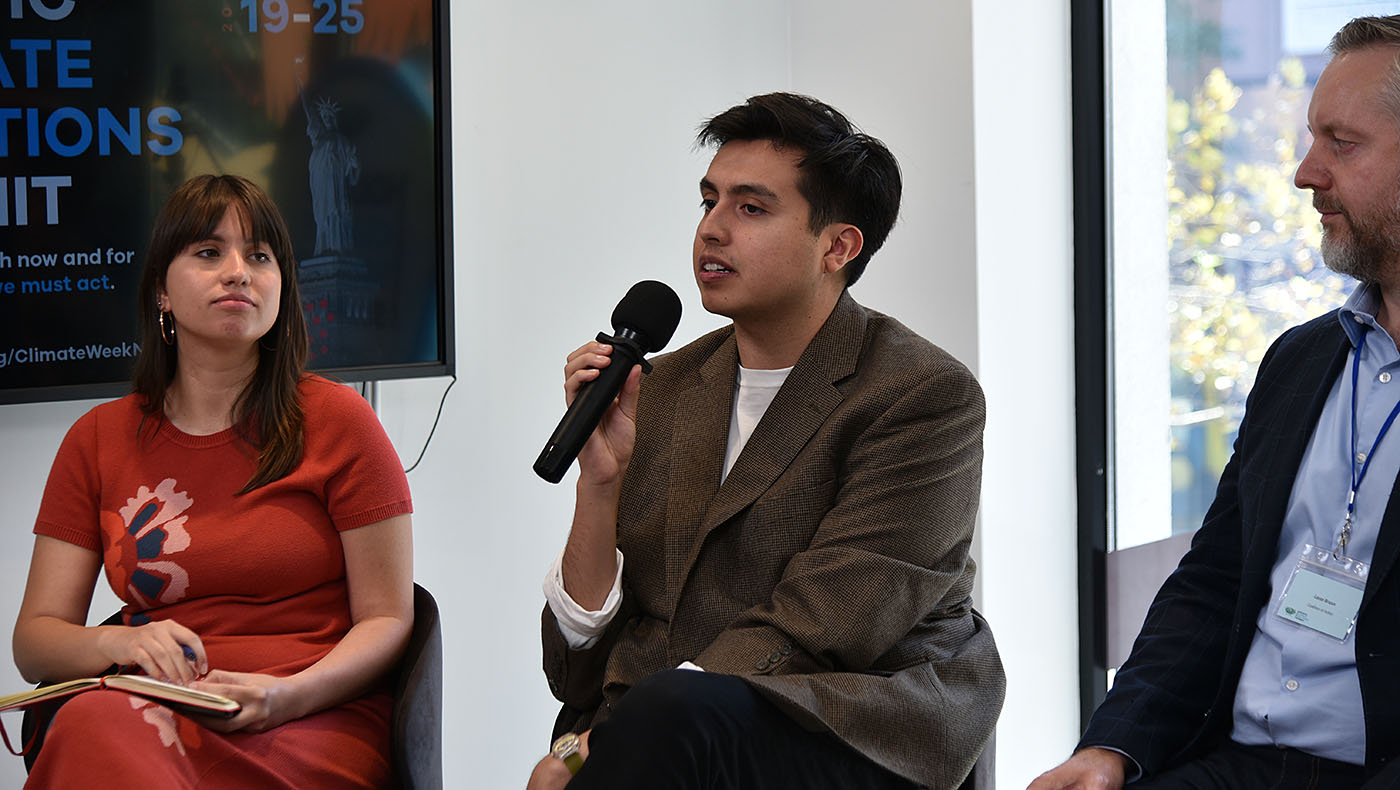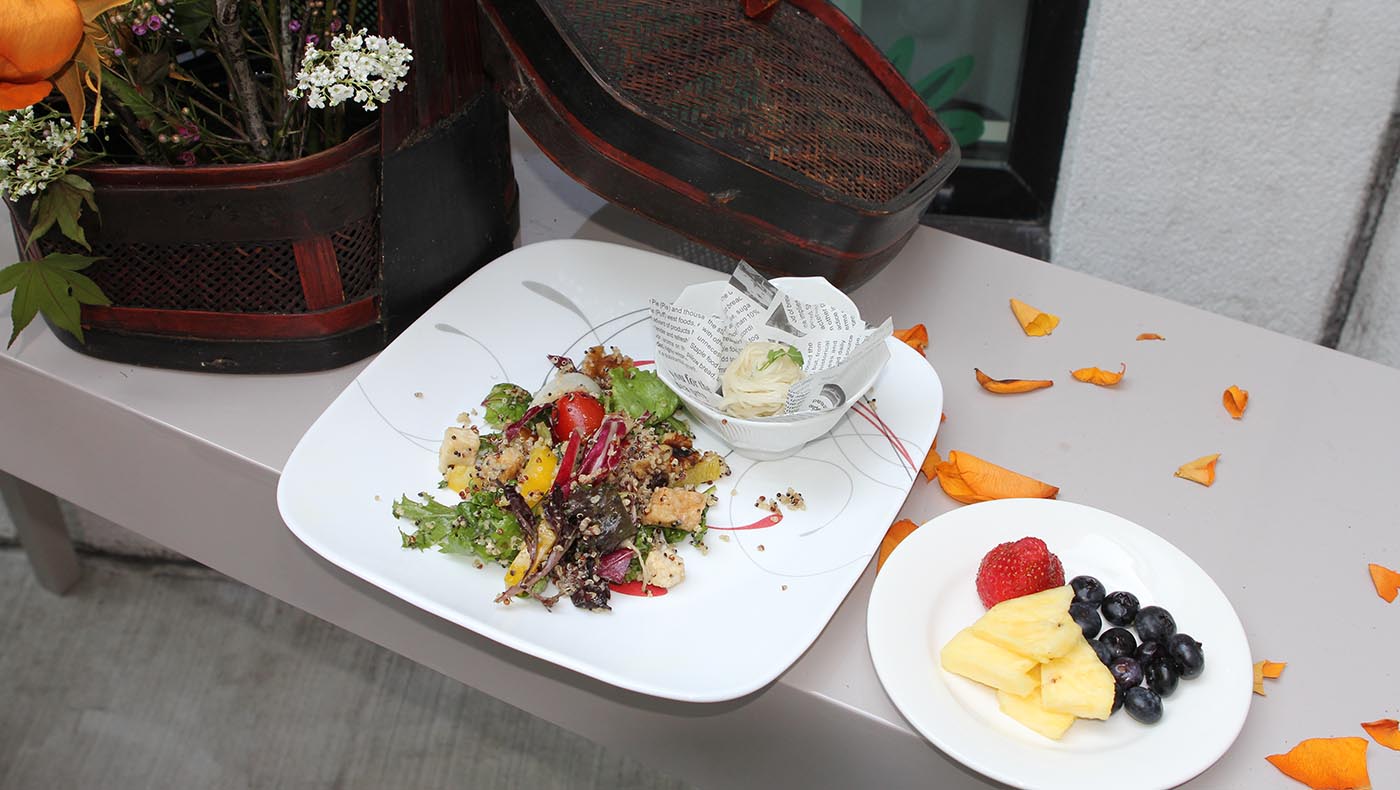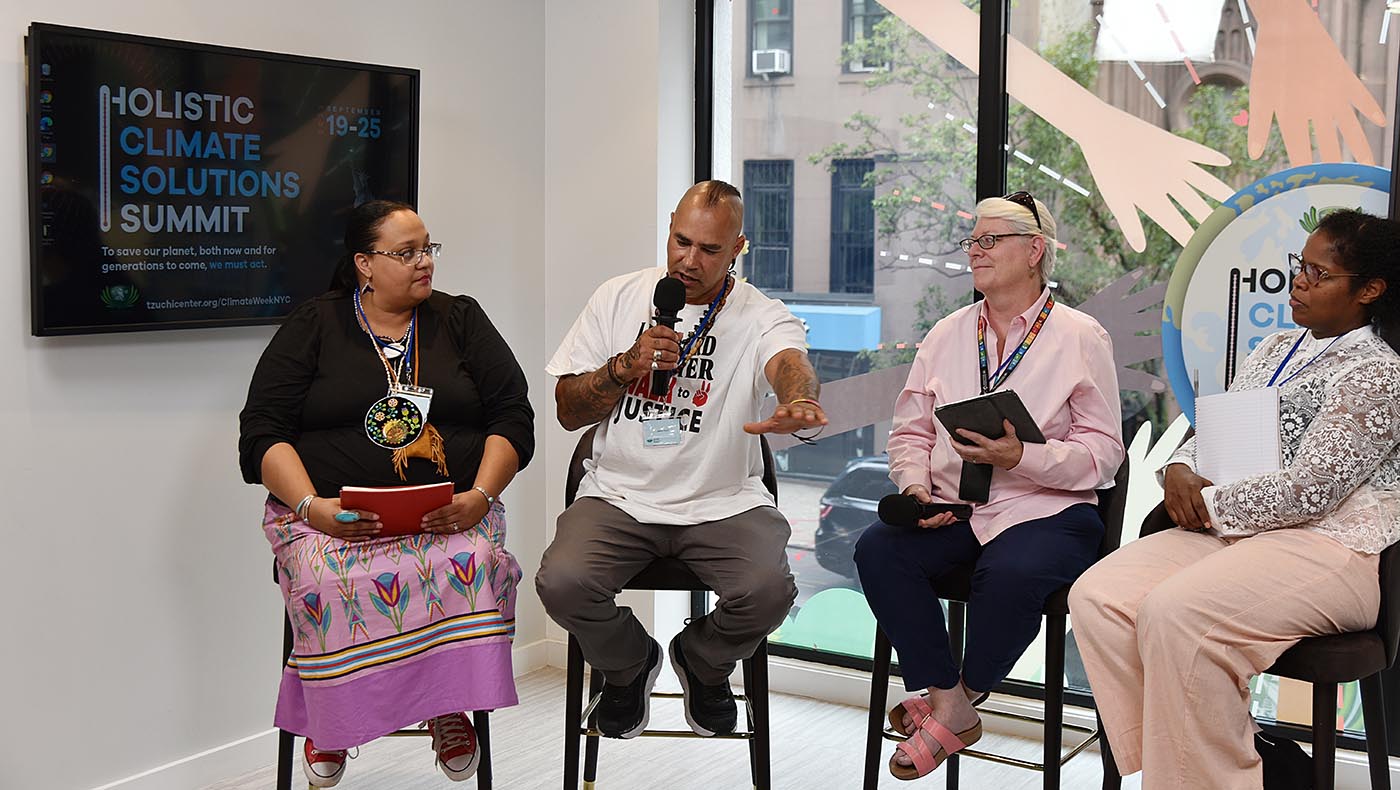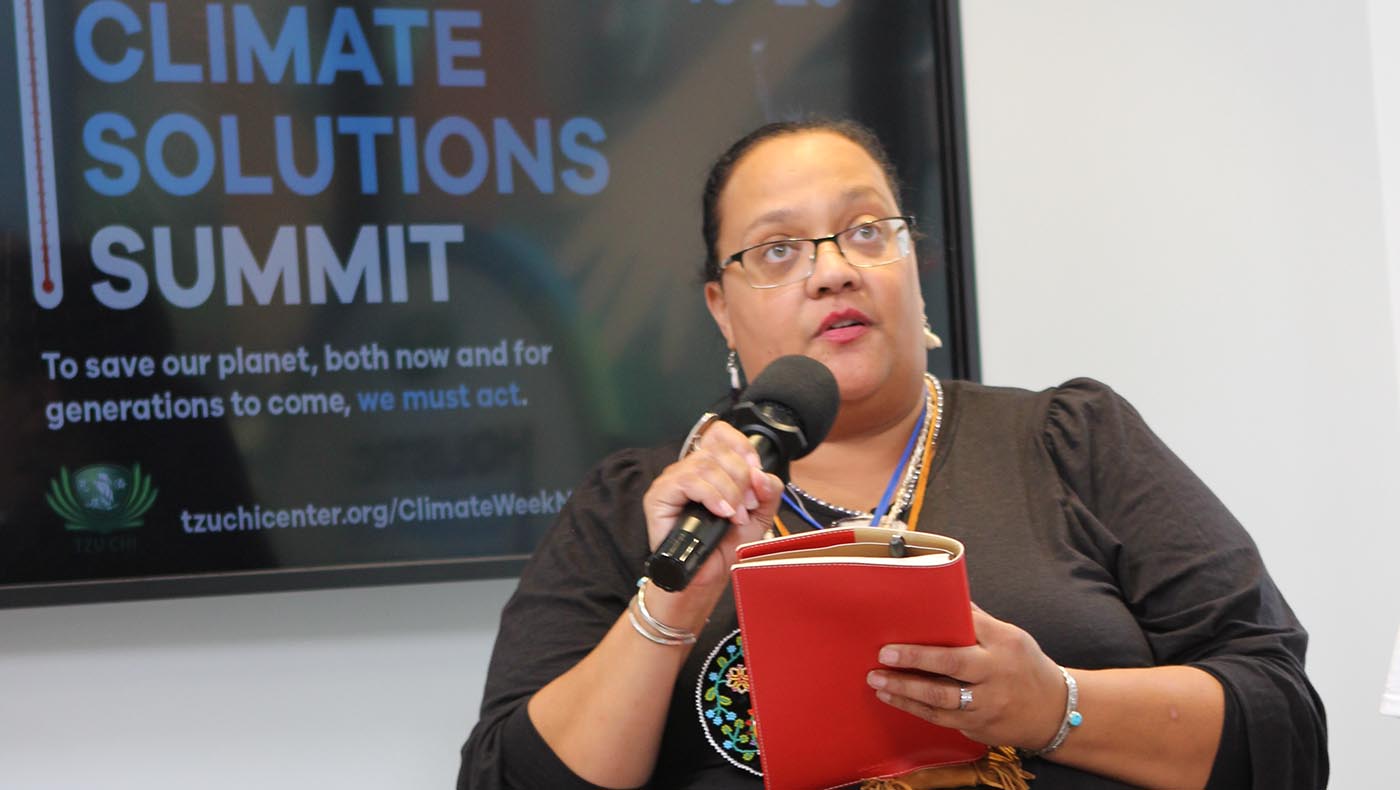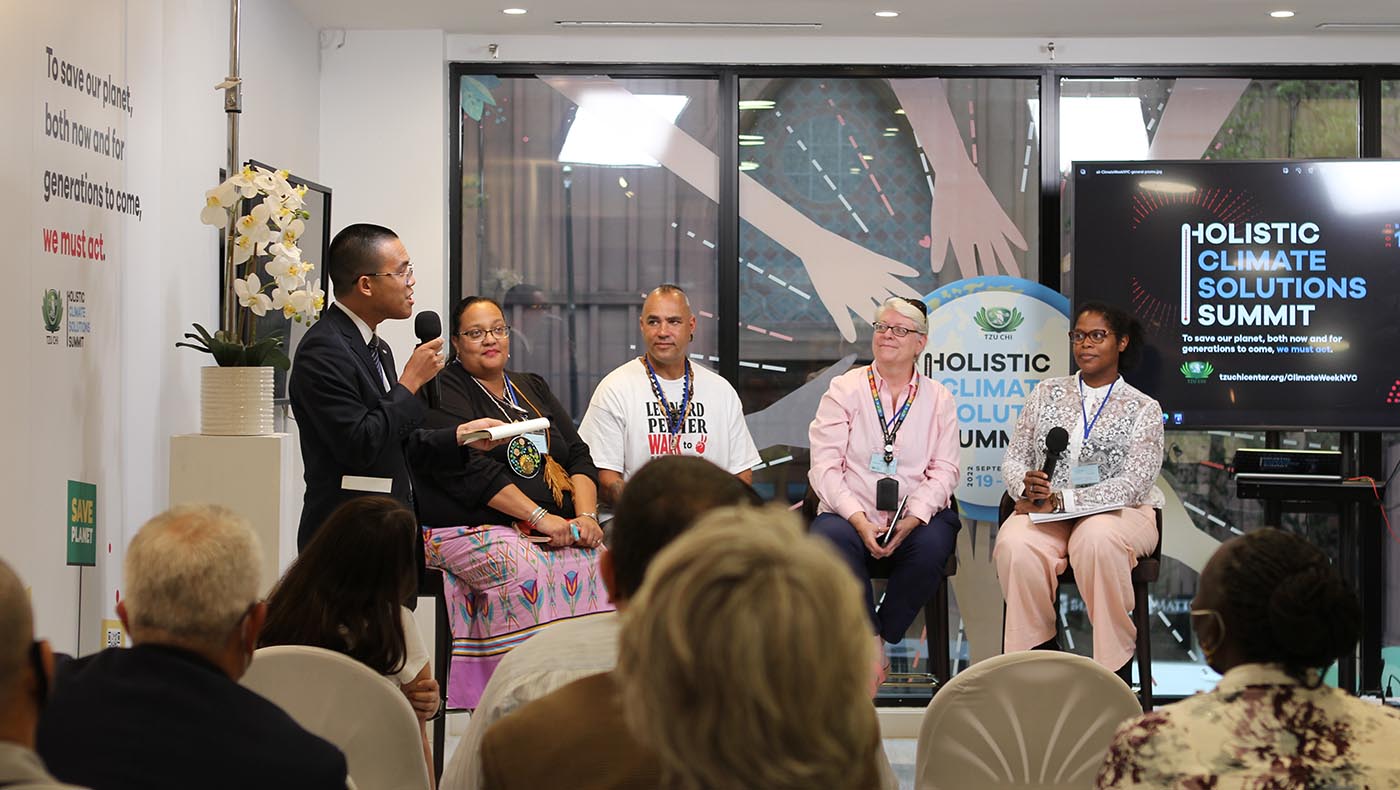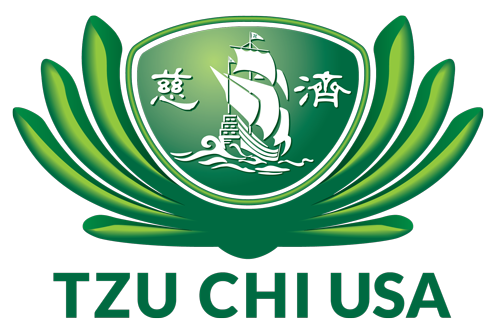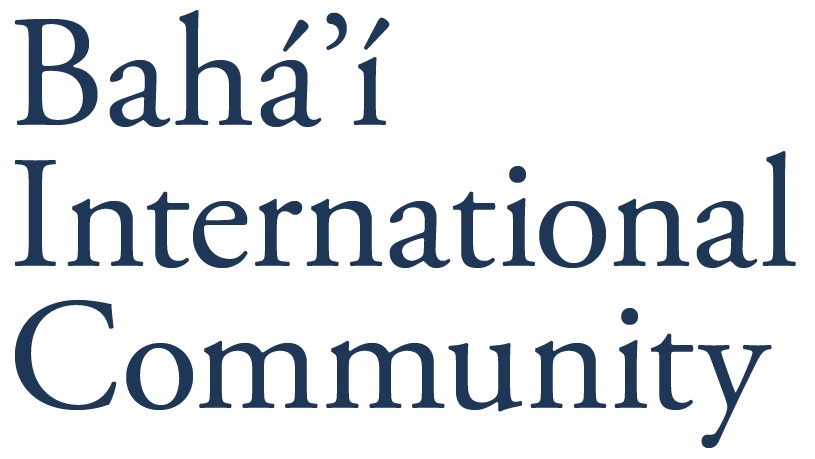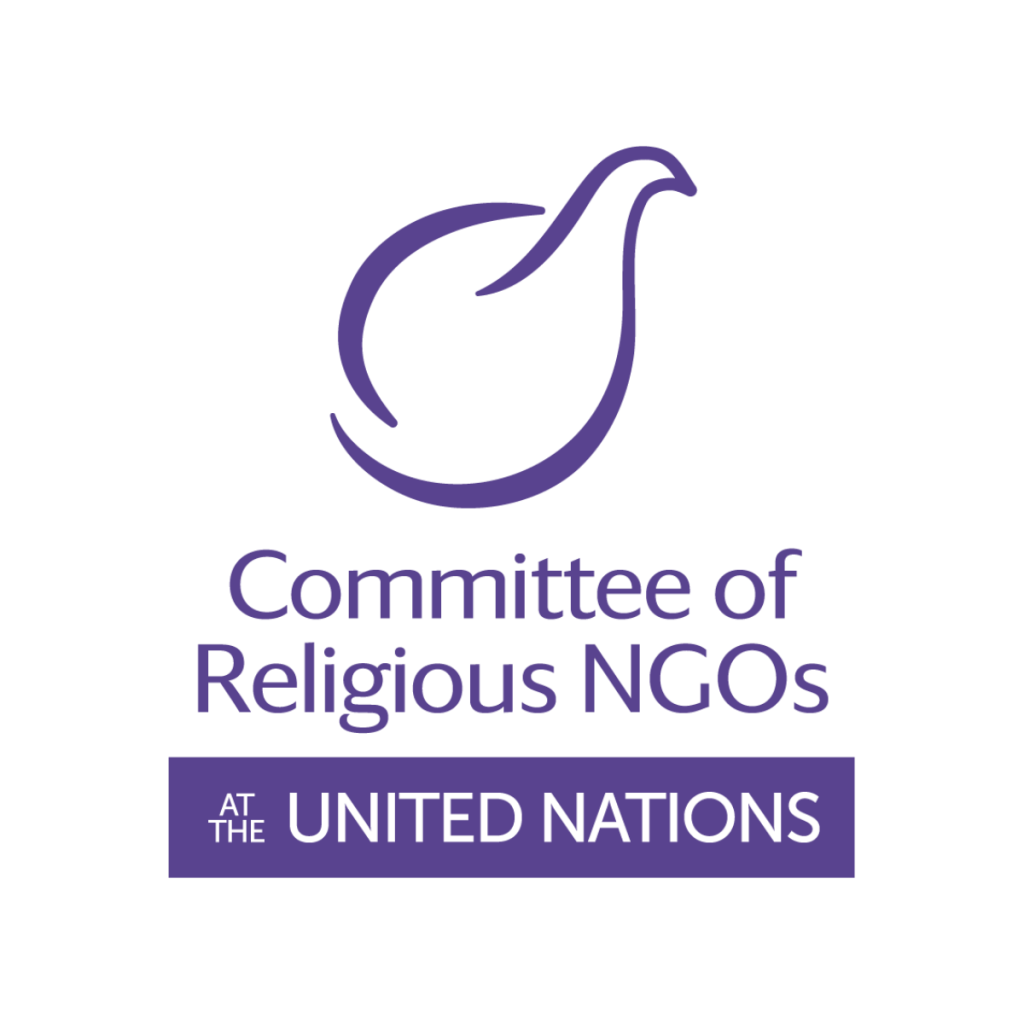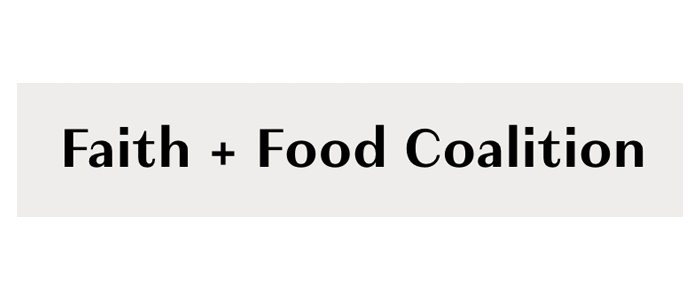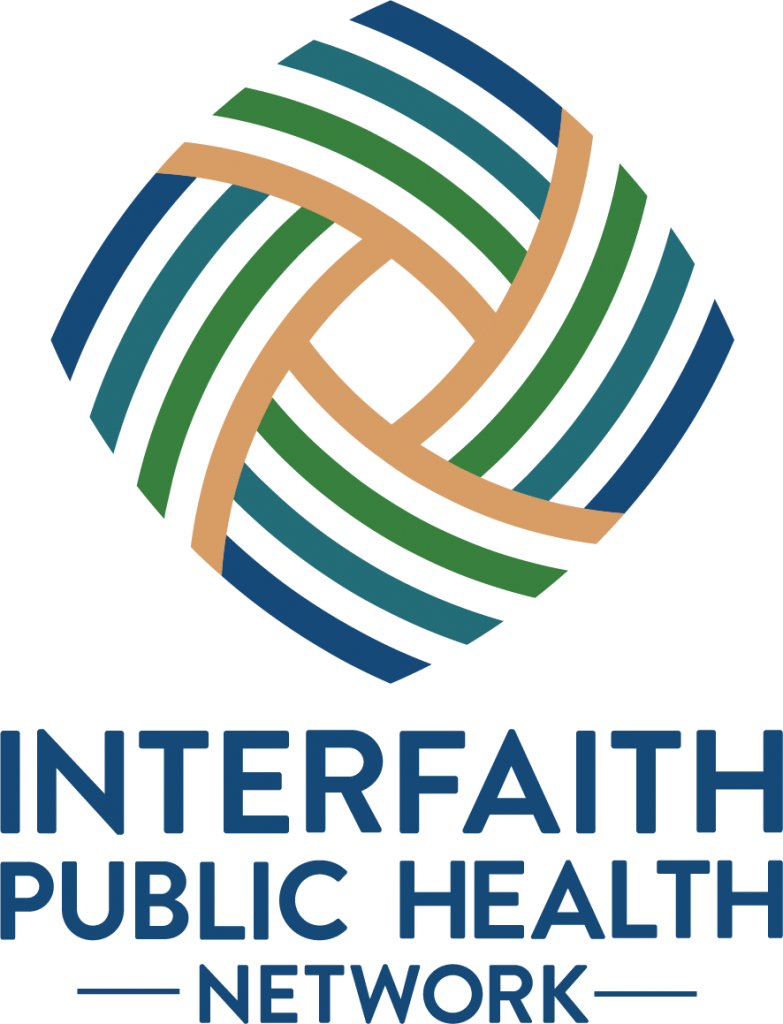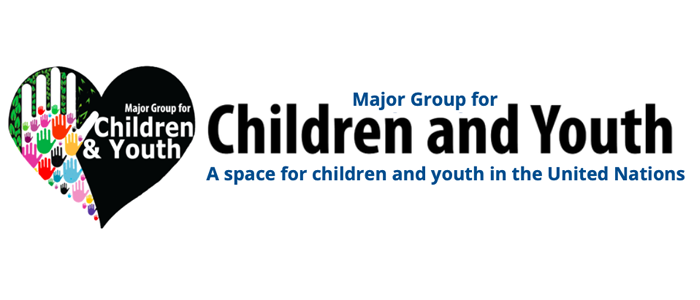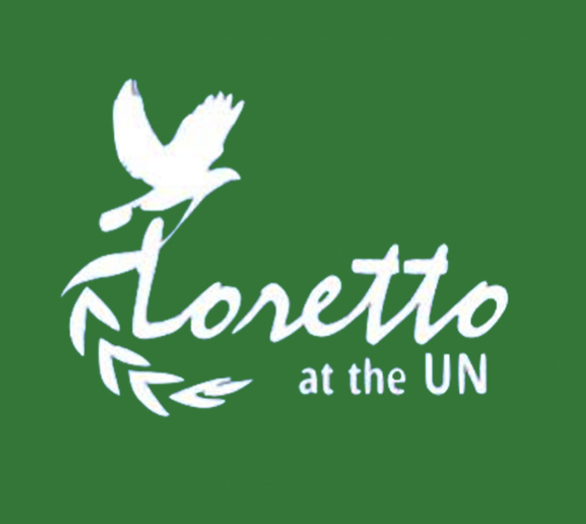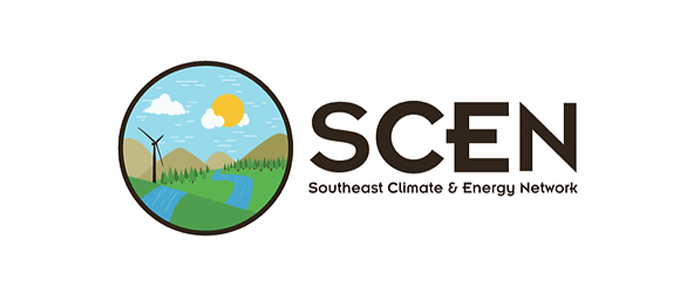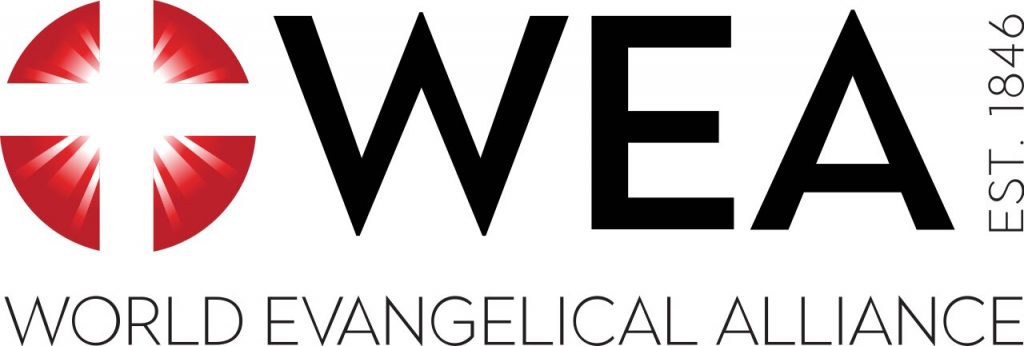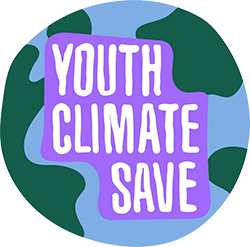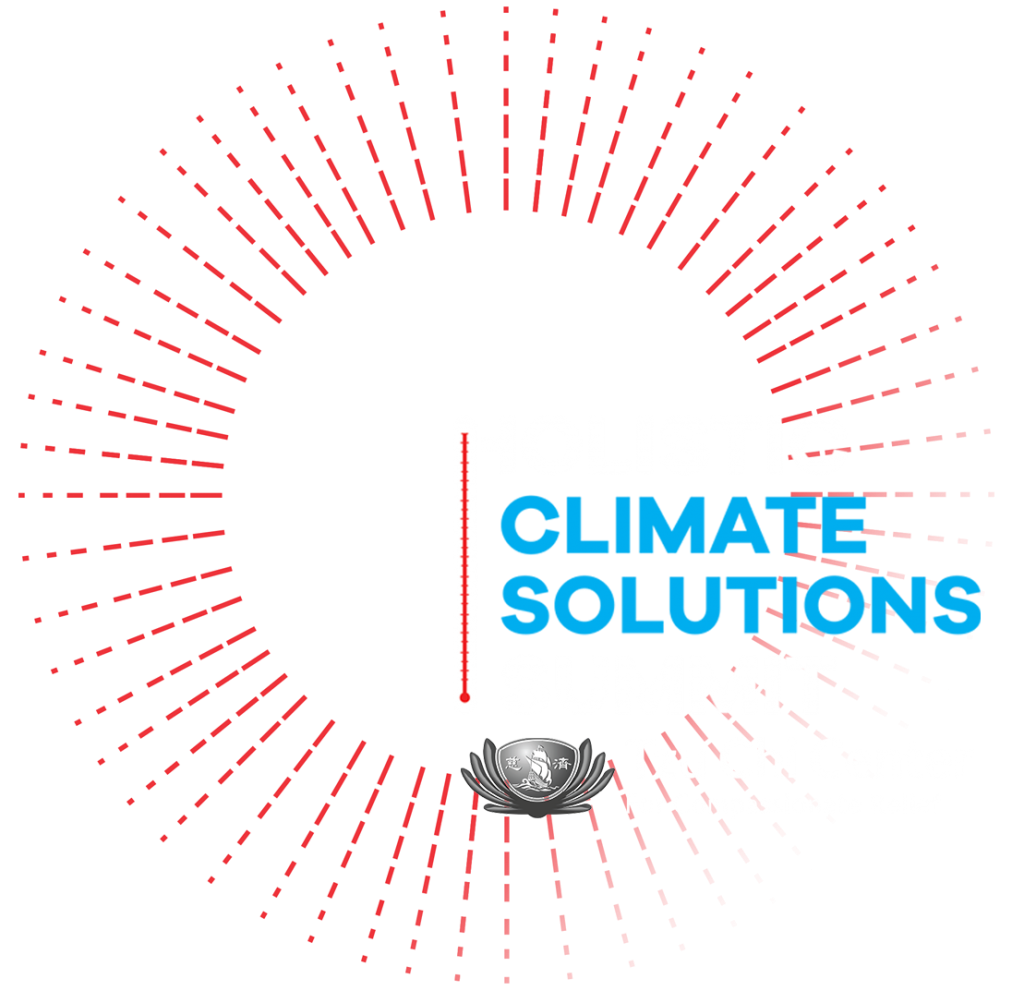
To Save our Planet both now and for generations to come we must act.
2022
September
19-25
Tzu Chi Center 229 East 60th St. NY
To Save our Planet both now and for generations to come we must act.
2022
September
19-25
Tzu Chi Center 229 East 60th St. NY
From September 19-25, join Buddhist Tzu Chi Foundation’s “Holistic Climate Solutions Summit” for thought-provoking panels, interactive workshops, and dialogues exploring an alternative future that is within reach. Convened in alignment with Climate Week NYC and the UN General Assembly, we’ll present solutions-focused themes that model a better tomorrow, as well as those that showcase what’s possible when optimism and action converge with respect for all sentient beings and our planet.
Watch
United in Action: Holistic Climate Solutions Summit
Watch on Sunday, Sept. 25
8:00 PM EDT
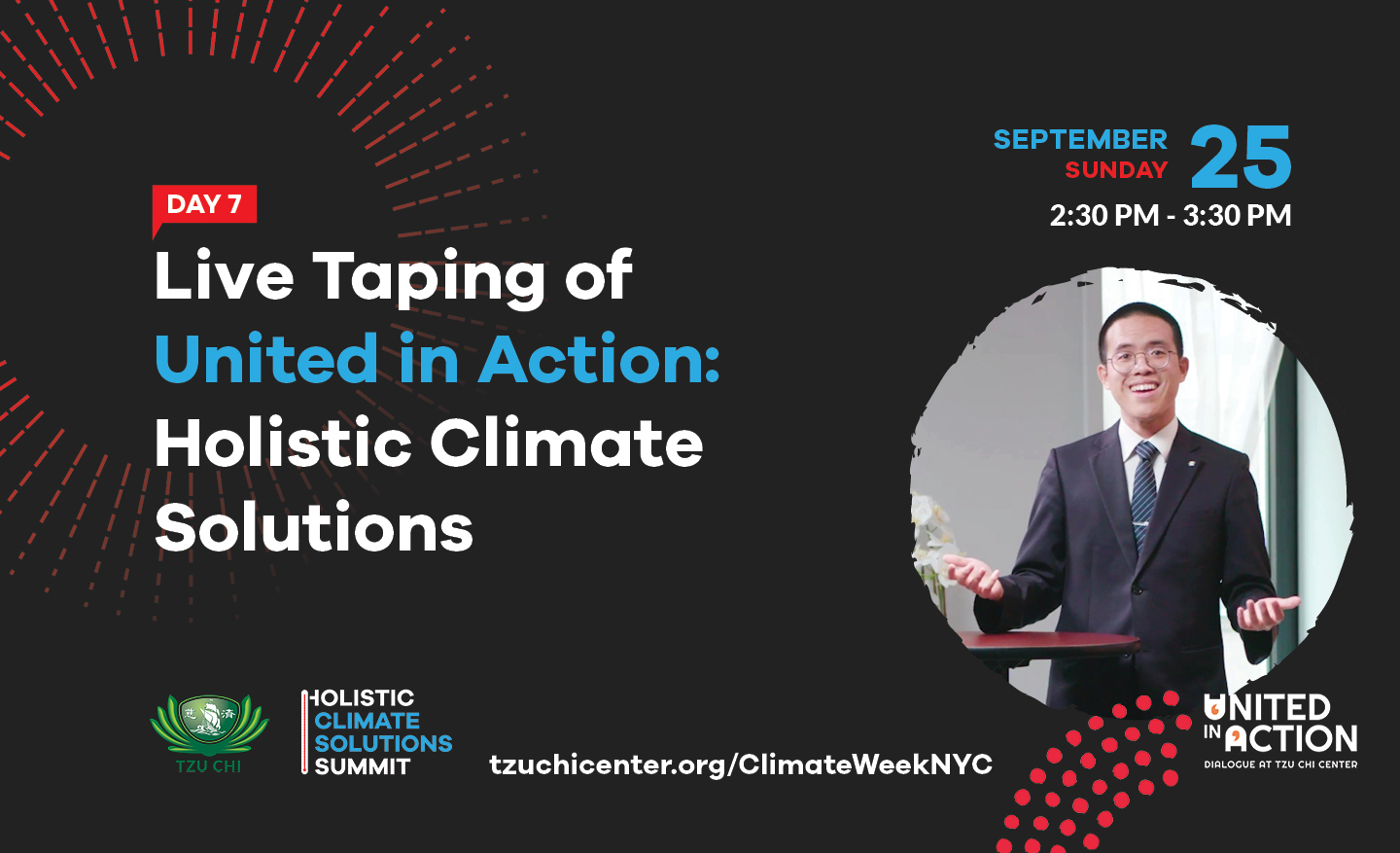
News Videos
Activities Photos
Agenda
Learn more about the events that will be happening at the Holistic Climate Solutions Summit and follow along as we reflect on how to build a better future together.
Food Systems
This panel brings together representatives from youth led food systems groups to representatives from the Coalitions of Actions that emerged from the United Nations Food Systems Summit in 2021. Together, they will showcase solutions and priorities from Youth Food and Climate spaces and reflect on how innovative and inclusive processes can help create healthy and sustainable food systems.
Youth panelists will be asked to share key solutions and priorities that aid the achievement of food systems transformations as well as insights into possible solutions and actions that can accelerate the achievement of the Sustainable Development Goals. Respondents in turn will showcase the emergent work of the various Coalitions of Actions and reflect on the important role youth play in creating sustainable food systems.
Speakers:
Isaias Hernandez, Environmental Justice Educator
Megan Chu, Executive Director at The Urban Garden Initiative
Sarim Raza, Act4Food Act4Change
Lassee Bruun, CEO at Coalition of Action: Shifting to Healthy, Humane, and Equitable Livestock Systems
Lena Mahy, Food Systems Coordination Hub
Moderators:
Steve Chiu, Representative to the United Nations, Buddhist Tzu Chi Foundation
Lana Weidgenant, ProVeg International
Building upon findings generated from the Faith and Food Dialogues for the UN Food Systems Summit, this workshop explores the important role faith-based values and solutions play in creating climate resilient food systems. It will involve dialogue centered on recognizing the interconnectedness of nature and health, food systems and ecosystems, and the pressing need to reevaluate who and what the food systems benefits.
The failure to support the health of people and the planet is a decision rooted in values and principles, which in this session will be placed front and center as we explore how faith, spirituality, and indigenous knowledge can help support nature positive solutions, both in food production and food distribution, to drive equitable and climate resilient food systems transformation.
Participants in the workshop will reflect on the key faith values, found in the interfaith statement on faith and food, that create climate resilient food systems, including interdependence, empowerment, and solidarity, and will explore strategies on how to better work with faith-based organizations to implement food systems transformation at a local level.
Speakers:
Steve Chiu, Representative to the United Nations, Buddhist Tzu Chi USA
Kelly Moltzen, Convener, Interfaith Public Health Network
Gopal Patel, Co-Founder and Director at Bhumi Global
Marium Husain, President at IMANA
Moderator:
Bibi La Luz Gonzalez, Founder at Eat Better Wa’ik
The world’s indigenous peoples face severe and disproportionate rates of food insecurity. This is as a byproduct of settler-colonial activities, including forced relocation to rural reservation lands and degradation of traditional subsistence patterns. While they comprise 5% of the world’s population, they currently account for 15% of the world’s poor, according to the World Health Organization.
Many indigenous communities have worked to revitalize their local food systems by pursuing food sovereignty, regularly expressed as the right and responsibility of people to have access to healthy and culturally appropriate foods while defining their food systems. To tackle the inequities of our current food systems, dismantling them is imperative to achieve a sustainable food system and, ultimately, food justice.
Our panel will review indigenous practices in raising and distributing food, highlight our current capitalist systems’ practices damaging indigenous communities’ ability to raise food, and highlight solutions from indigenous communities. Problems that will also be addressed include habitat destruction, waterway rerouting, land grabbing, and land pollution/mining/toxic waste.
Speakers:
Dr. Crystal Cavalier, Co-Founder at 7 Directions of Service
Jason Keck, Co-Founder at 7 Directions of Service
Rev. Dallas Conyers, Senior Projects and JEDI Manager, Southeast Climate and Energy Network
Moderator:
Beth Blissman, Representative to the UN, Loretto Community
Youth are not only taking to the streets with activism but also leading the change today in international fora, global media and organizations, and in policy-making processes. Many standout youth leaders are based in New York City or will be joining for the Climate Week, Youth4Climate, and UN General Assembly.
In continuing the momentum from youth advocates, influencers, and UN gathering co-hosted by ProVeg International and OneUpAction a month prior, we are bringing together youth movement leaders and influencers with experts of the United Nations and global food systems over a plant-based dinner.
The dinner and dialogue* will include a small programme with few speakers and focus largely on interaction and discussion between invited attendees on youth movement, UN, and food systems areas through organized roundtables.
*Note: this event will not be livestreamed.
Local to Global
Communities around the world are being hit with ever increasing waves of storms and anthropogenic disasters. Local level systems and infrastructures are not designed to handle the level of impacts that are currently being experienced around the world. The continued inability to support many of these communities post-disaster signals the global community’s inefficiency in solving the multi-layered needs of adapting communities to our present and inevitable future.
In order for humans to not only survive, but have the potential to thrive in our new future, it is essential that we begin to address what has become obvious.
2. We must build communities from the local to global, and not the inverse, so that impacted communities are not held waiting for international and national responses that are both slow, and often only partially suited to the needs of the community in need.
Speakers:
Colette Pichon Battle, Executive Director at Taproot Earth
Zachary Philips, AOSIS Fellow at Antigua & Barbuda Mission
Alexander Easdale, Core Team Member, Act4Food Act4Change
Moderators:
Rev. Dallas Conyers, Senior Projects and JEDI Manager at Southeast Climate and Energy Network
With a growing population projected to reach 8 billion by the end of 2022, there is a deep need to transform our food systems. Simultaneously, our global food systems have been deeply impacted by conflict, climate and the pandemic, exacerbating food insecurity, and driving instability, especially in the Horn of Africa.
This crisis is an opportunity to rebuild these systems in ways that future-proof vulnerable communities from the impacts of climate change, strengthen local communities’ food sovereignty, and break away from vicious cycles of dependency on foreign aid to address immediate needs.
This panel brings together representatives from across the humanitarian development nexus to reflect on the strategies and solutions that transform food systems, in equitable and sustainable ways, that builds climate resilience and creates a better future for the most vulnerable.
Speakers:
Austin Chiu, Associate Director, UNICEF USA
Sarah Chu, Representative to the UN, Tzu Chi USA
Michal Barr, Director of Emergency Programming and Operations, IsraAID
Moderators:
Bibi La Luz Gonzalez, Founder at Eat Better Wa’ik
Everyone can help reverse climate change. Here’s where YOU can learn how!
Climate change is such a huge issue that it can be a bit intimidating to figure out where you fit into the solution. The most important thing to remember is that your life doesn’t have to stop in order for the planet to live. Join us as we discuss the practicalities of food, fashion, travel, recycling, plastics, energy, and advocacy, so that you can live a great life, and the planet can, too!
Speakers:
Emily Echevarria, Director of Climate Action at Parliament of the World’s Religions
Rev. Dallas Conyers, Senior Projects and JEDI Manager SCEN
Dr. Alex Tan, Assistant Professor at Tzu Chi University
Modou Cham, Senior Sustainable Mobility at ICF International
Carol Fistler, New York State Co-Coordinator at Citizens Climate Lobby
Rob Werner, New York State Co-Coordinator at Citizens Climate Lobby
Moderators:
Beth Blissman, Representative to the UN at Loretto Community
Interfaith and Wellbeing
In 2021, within the United States alone, over 47 million people expressed living with a mental health condition, a 1.5 million increase from the previous year’s State of Mental Health Report. The confluence of crises – from conflict to economic instability to climate change – have spread a sense of fear, anxiety and loss of hope in many people’s lives. Faith based organizations have traditionally played a key role in maintaining a sense of community, hope, and trust, however, may require retooling to address the magnitude of the challenge at hand.
This side event brings together representatives from diverse faith groups, to be in conversation with mental health experts, to unpack the critical opportunity that faith leaders have in their communities to help individuals suffering from climate anxiety access mental health resources, address climate grief, cultivate healthy support structures to build resilience towards eco-dread.
Note: this event will not be livestreamed.
The Faith and Food Coalition, which held Food Systems Dialogues before the UN Food Systems Summit, has begun to hold regional dialogues to narrow in on food systems challenges and solutions faced by faith communities in specific geographic regions. At a time when the United States is planning a White House Conference on Hunger, Nutrition, and Health in late September 2022 – the first conference of its kind in 50 years – the Faith and Food Coalition will host a dialogue to uplift faith community actions and suggested policies and approaches needed to end hunger and increase healthy eating and equity in the U.S. by 2030.
As part of the Good Food Dialogues process, input from this session will not only be submitted directly to the White House for review, but will also feed into a larger synthesis report of policy ideas and innovations that will inform a movement mobilized far beyond the White House Conference on Hunger, Nutrition, and Health. Participants will have the opportunity to contribute to the design of the national strategy to end hunger and reduce diet-related diseases and health disparities especially by sharing actions that faith communities are taking to promote well-being through diet and food systems transformation.
Creating spaces for learning, experience sharing, and collaboration for young people working on climate change, peace, and security is important to strengthen advocacy and policy-level collaboration on sustainable peace. It is important to note that the root causes of both the peace and security and climate crises are interconnected. Whether related to intra or inter state conflict, the same challenges posed by our inability to act in full appreciation of our interdependence poses roadblocks to effective policy making in the areas of conflict resolution and climate action.
Convened during the 2022 UN General Assembly High-Level Week, NYC Climate Week, and in observance of the United Nations’ International Day of Peace, this side event brings together representatives from government, UN agencies, civil society, youth peacebuilders, and climate activists to explore the opportunities to advance the climate security nexus with the aim of building sustainable peace.
Speakers:
Nisreen Elsaim, SG Youth Advisory Council on Climate Change at UN
Hiro Sakurai, Director of the Office of UN Affairs, Sokka Gakkai International
Moderators:
Lili, Ba’hai International Community
With many impacts of climate change already locked in, there is a growing understanding that preparedness is one of our communities greatest tools to create resilience, recognizing that for many at risk of being left behind, no one is coming to save them: we must save ourselves.
If communities at risk anticipate not being able to receive government assistance following major disasters, then we must create mutual aid networks, to ensure that we are ready for any situation that may emerge.
This workshop will explore, in the lead up to disasters, how marginalized communities can create preparedness, connecting with existing systemic resources, and make the case for the importance of mutual aid, training attendees on how to create, maintain, and support their own networks of mutual aid.
Participants will walk away understanding how we can work, from a bottom up approach, aligning with government systems and existing community resources, to strengthen our preparedness thru building disaster resilience using mutual aid networks.
Speakers:
Lucy Cummings, Senior Manager of Faith Sector Resilience, New York Disaster interfaith Services
Yuru Chou, Director of Audit at Tzu Chi USA
Moderators:
Rev. Dallas Conyers, Senior Projects and JEDI Manager, SCEN
In April 2021, 78% adults in the United States reported that they were either very (48%) or somewhat (31%) concerned about climate change (Speiser & Hill, 2021). Those who are most “alarmed” (as described by Yale and George Mason University and the Six Americas of Climate Change), nearly doubled between 2017 and 2021 and now comprise nearly a quarter (24%) of the United States population (Goldberg et al., 2021).
Recognizing the devastating effects of climate change on communities around the world, the pace of climate progress and possibility, and the seemingly helpless situations many find themselves in, the lived experience of many, in the present moment, is burdened with eco-anxiety and climate grief.
This community-based workshop* brings together three mindfulness practitioners, to host interactive sessions of meditation, yoga, and group therapy to explore healthy responses to eco-anxiety and climate grief. They will share practices that imbue inner peace into the present moment, strengthen mental health, and inspire hope and courage to face an uncertain future.
*Note: this event will not be livestreamed.
Speakers:
Katherine Lau, NYU Adjunct Professor; Psychoanalytic Psychotherapist in private practice at NYU & TIMA
Steve Yagerman, Pastor & Psychoanalytic Psychotherapist
Dallas Conyers, Owner of Healthy4Purpose
Envisioning Our Shared Future
Reframing the solutions of the climate crisis from a frontline and environmental justice perspective, the Vision For Equitable Climate Action (VECA) is a living document that provides an uncompromising framework of climate solutions to foster bold climate action in a comprehensive and equitable way.
VECA details how to do this work within the scope and scale of the global crisis, which arises from systems of colonialism, racism, and injustice. It highlights preferred technologies that are not harmful to people or the planet. This makes the VECA framework a collection of real-world solutions to achieve zero-zero anthropogenic emissions.
This panel will walk attendees through the VECA. As it was collaboratively created by hundreds of organizations, with diverse background experiences, attendees will find that the solutions offered within the VECA are uniquely able to provide pathways that are scalable to every level of society.
Attendees will also have an opportunity to learn how to connect with, and become an advocate for the use of this well thought out policy platform within the UNFCCC so that we can move past climate actions that only aspire to work within the least common denominators.
Speakers:
Liz Lee, Director of Vocalization and Advocacy, United Women of Faith
Mara Dolan, US Program Manager at Women’s Environment and Development Organization
Tim Judson, Executive Director at Nuclear Information and Resource Service
Moderator: Rev. Dallas Conyers, Senior Projects and JEDI Manager at SCEN
The ever-growing impacts of our triple planetary crisis (including climate change, nature and biodiversity loss, and pollution and waste) is projected to put millions of species at risk of extinction and change our lives. Inaction will only lead to the continued erosion of ecosystems, and the destruction of the very air and water needed to live.
With over 49% of the global population being under the age of 30, the youth voice in decision making processes in response to the triple planetary crisis is more important than ever. We cannot be allowed to continue to live unsustainably and must scale up game-changing solutions. This includes doing more to ensure that youth, as key stakeholders, are engaged so that we do not inadvertently leave anyone behind.
This panel will uplift perspectives from youth that are on the front lines of creating change within their communities, building innovative solutions to address key climate, biodiversity and pollution challenges, ushering in a more sustainable future. Additionally, the panel will make the case for the phenomenal opportunity of impact when youth are brought into leadership structures to collaborate in intergenerational ways.
Speakers:
Sumedha Tanwar, Global Head of Public Relations & Marketing, AIESEC
Jeremy Raguain, AOSIS Fellow at Seychelles Mission
Gator Halpern, UNEP Young Champions of Earth
Jerome Foster II, Environmental Justice Advisor at White House
Moderator:
Amanda Nesheiwat, Deputy Director of Sustainability and Community Outreach, Hudson County Improvement Authority in New Jersey.
One of the most important ingredients for mobilizing engagement and action from individuals for personal and collective change, is concern. How we communicate about the climate crisis and raise awareness on the actions and solutions that are available, accessible and ready to deploy, determines whether we are able to empower and inspire our networks to take action.
It’s the difference between someone becoming overwhelmed by the enormity and complexity of the problem that is presented, or, becoming elevated and engaged, ready to take action to create change. Are we simply stating the problem at hand, or can we become better storytellers as an international community?
This panel will bring together youth activists, climate change communications experts, and representatives from the United Nations family to reflect on how we can generate concern about climate in ways that are not debilitating, and instead catalyze the change we need in society to cultivate climate ambition from our governments.
Speakers:
Ayisha Siddiqa, Climate Justice Advocate at Fossil Free University / Polluters Out
Shiv Soin, Youth Lead at TED Countdown
Martina Donlon, Senior Public Information Officer at UN Department of Global Communications (DGC)
Vindra Aduara, Executive Director at Hallmark International Youth Club
Moderator:
Juan Pablo Celiz Garcia, Youth Program Coordinator, UN Environment Programme.
Join fellow New York City community members in a creative evening of art making and conversation, centered around envisioning our shared future, together.
This program* brings together a diverse group of artists to the Holistic Climate Solutions Summit, creating playful and reflective hands-on art making processes for everyone to experience. Attendees will be invited to explore and consider:
- the interconnected nature of our lives and all the different species that coexist alongside us
- the value of coming together for creation
- why positive views of the future are critical for us creating that future
- how we can address feelings of climate grief, overwhelm, sadness, negativity, loneliness, and fear
*Note: this event will not be livestreamed.
Building a Flourishing Future
With a collapsing global economy and worsening impacts from climate change, ~20% of people in the MENA region are food insecure. This is worse in countries mired in conflict, like Yemen and Syria. Simultaneously obesity, heart disease, and diabetes are on the rise in MENA countries due to an increased diet of processed foods that are directly and negatively impacting ecosystems across the world.
The world’s deteriorating health is tied to the deterioration of the world’s ecosystems. The MENA region is particularly sensitive to expected increased average temperatures, less and more erratic precipitation, changing patterns of rainfall, continuing sea-level rise and changes in water supply. All of these affect food production and access.
To contribute to furthering conversations after the United Nations Food Systems Summit, the Faith and Food Coalition partnered with GlobalOne 2015 to host a dialogue between local women-led grassroot organizations in the MENA region at the Bonn Climate Change Conference (SB56). The panel will mark the launch of the Faith and Food MENA Regional Food Systems Dialogues’ report, and share best practices emerging from the MENA region that build climate resilience by engaging women of faith in food systems transformation.
Speakers:
Amel Lakhdari, Organizer at MENA Women’s Coalition
Minetu Labaras Suiedat, Former Secretary General at National Union of Saharawi Women
Dr. Lubna Dawany, Attorney
Laura DeMatteis, Food Systems Expert at FAO
Dr. Marium Husain, President at IMANA
Moderator
Bibi La Luz Gonzalez, Founder at Eat Better Wa’ik
This panel will explore the nexus of climate change, animal welfare, and sustainable development. It will showcase how improving animal welfare can contribute towards achieving global climate goals and accelerate progress towards the Sustainable Development Goals (SDGs). It will additionally explore the potential for climate action to incorporate and improve animal welfare.
Speakers:
Yuru Chou, Director of Audit at Tzu Chi USA
Allie Molinaro, Campaigns Manager at Compassion in World Farming
Jessica Kwong, Founder & CEO of Jack & Friends
Cristina Mendonça, Managing Director at Mercy For Animals in Brazil
Nisreen Elsaim, Chair at UN Secretary-General’s Youth Advisory Group on Climate Change
Moderator
Amelia Linn, Director of Global Policy at Mercy For Animals
In July 2022, the UN General Assembly adopted a resolution that declared access to a clean, healthy, and sustainable environment a universal human right. This resolution recognizes the effects of climate change, and the negative implications that climate change has on the enjoyment of human rights.
While the passing of the resolution is monumental, it is important that individual nation-states take action to implement it, as people are losing their homes and access to food, causing climate-forced displacement. Disasters in 2021 contributed to more than 60% of the new internal displacements worldwide.
This panel will inform participants of the UNGA Resolution on Human Right to Clean, Healthy, and Sustainable Environment and explore how to leverage this resolution to create societal change. Panelists will reflect on the nexus of climate change and human rights, and what lies ahead.
Speakers:
Yuru Chou, Director of Audit at Tzu Chi USA
Kusumita Peterson, Trustee, Parliament of the World Religions
Benedict Ayodi, Outreach Officer at Franciscan International
Moderator
Bruce Knotts, Director of the Unitarian Universalist Office at the United Nations, Universalist Unitarian Association
Meet the speakers, panelists, event organizers and participants from the Holistic Climate Solutions Summit, at this networking event at the Tzu Chi Center for Compassionate Relief. It’s an opportunity to connect informally and reflect on the learnings that emerged from the first five days of the summit. Light plant based and climate friendly refreshments will be served throughout the night.
*Note: this event will not be livestreamed.
Plastics and the Climate
9/24 10:00 am – 12:00 pm | Panel | Confronting Plastics: A Strategic Ethical Response
In the US, plastics have rapidly become the go-to material across all sectors of society. They may even be found in every stage of our food chains, from the feed given to livestock to the packaging of foods and drinks.
Plastics and the chemicals used to produce them are linked to a number of health problems: obesity, diabetes, heart disease, cancer, reproductive problems and neural problems like attention deficit disorder. Research suggests that if plastic and chemical pollution grows at its current rate, human beings could be rendered medically infertile by 2040.
The petrochemical industry has identified plastics as their next growth market. The proposed event will feature a panel discussion that will invite experts, advocates, and ethicists/theologians to connect the threat of the plastic life cycle to short- and long-term human and environmental vitality. Following the panel, attendees will be invited to join a small group collaborative working session.
Speakers:
Dr. Alex Tan, Assistant Professor at Tzu Chi University
Youpa Stein, Volunteer and Visual Artist, Beyond Plastics
Jane Eisenhardt, Communications Consultant at UNEP
Kevin Patel, Founder and Executive Director at One Up Action
Moderator:
Andrew Schwartz, Director, Sustainability and Global Affairs at Center for Earth Ethics
United in Action
- improve lives and transform communities by eradicating poverty
- promote development
- uphold human rights
As part of its Very Veggie Movement, Tzu Chi USA is hosting the first-ever Very Veggie Food Festival during Climate Week NYC! This event aims to showcase the deliciousness and diversity of vegetarian and vegan/plant-based foods, while promoting the positive impact an ethical diet can have on our lives and the planet.
9/25 2:30 pm – 3:30 pm | Commuity Based Program | Live Taping of United in Action: Holistic Climate Solutions
Filmed at the Tzu Chi Center and in collaboration with Tzu Chi USA’s Global Affairs Team, United in Action is an in-depth conversation between our host, Steve Chiu, and representatives from the United Nations community. Together they will explore topics aligned with Tzu Chi and the UN 2022 mission to:
- improve lives and transform communities by eradicating poverty
- promote development
- uphold human rights
Come together with representatives from the New York City Climate Week community to reflect on Climate Week NYC & the Holistic Climate Solutions Summit, exploring the emergent solutions, exciting innovations, and new ways of thinking on how we can address our climate crisis, together.
Filmed in front of a live audience, the seventh episode of United in Action, “Holistic Climate Solutions,” will invite climate change makers to spotlight how, through the spirit of mutual understanding and cooperation, we can overcome gaps and obstacles and solve for the climate crisis, together.
Speakers:
Sarah Yu-Chia Chu, Representative of Tzu Chi Foundation: Religious Affairs Department
Board member of the Climate Advocacy Lab and USCAN
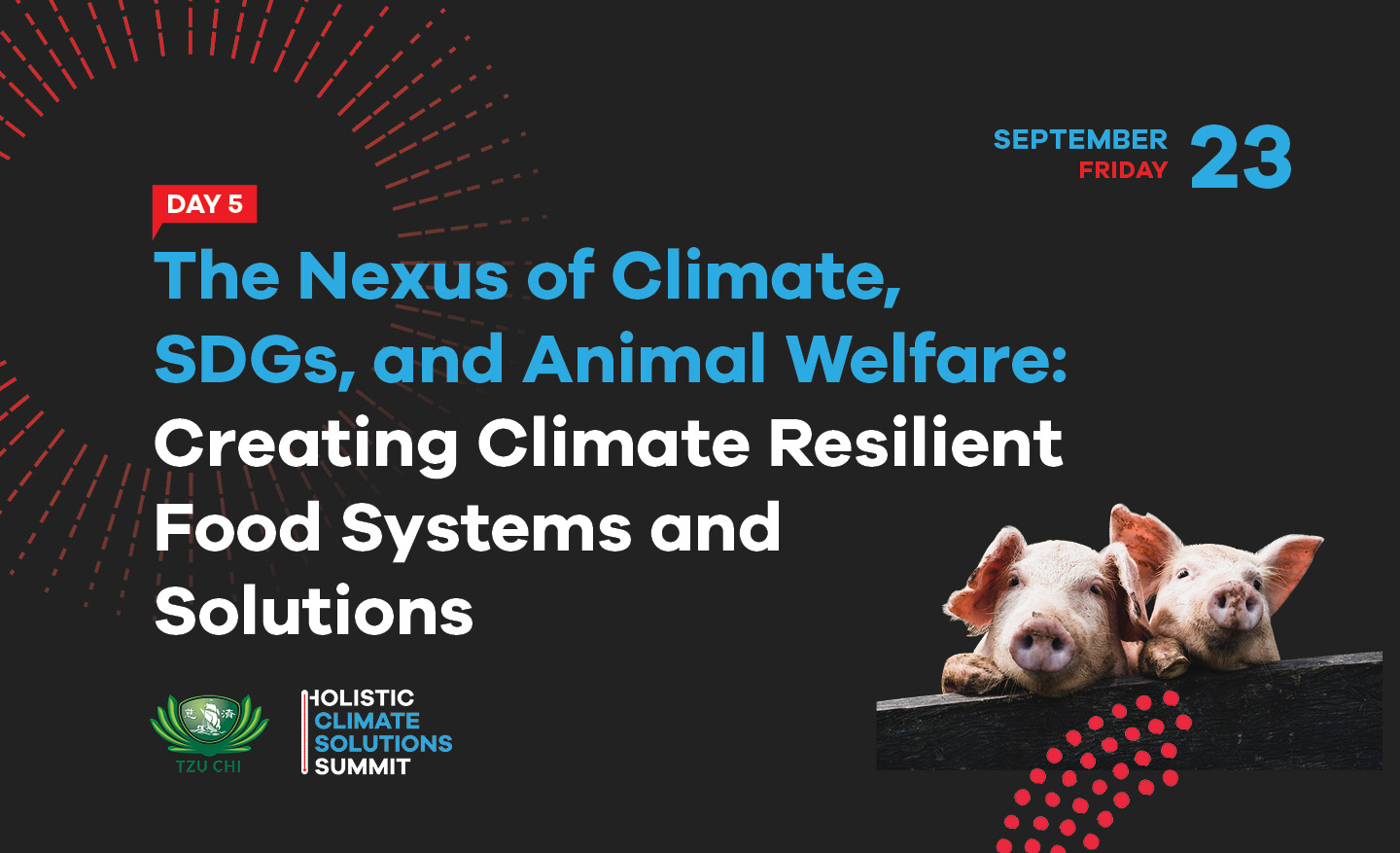
Friday, 9/23 1:00 pM – 2:30 PM
This panel will explore the nexus of climate change, animal welfare, and sustainable development. It will showcase how improving animal welfare can contribute towards achieving global climate goals and accelerate progress towards the Sustainable Development Goals.
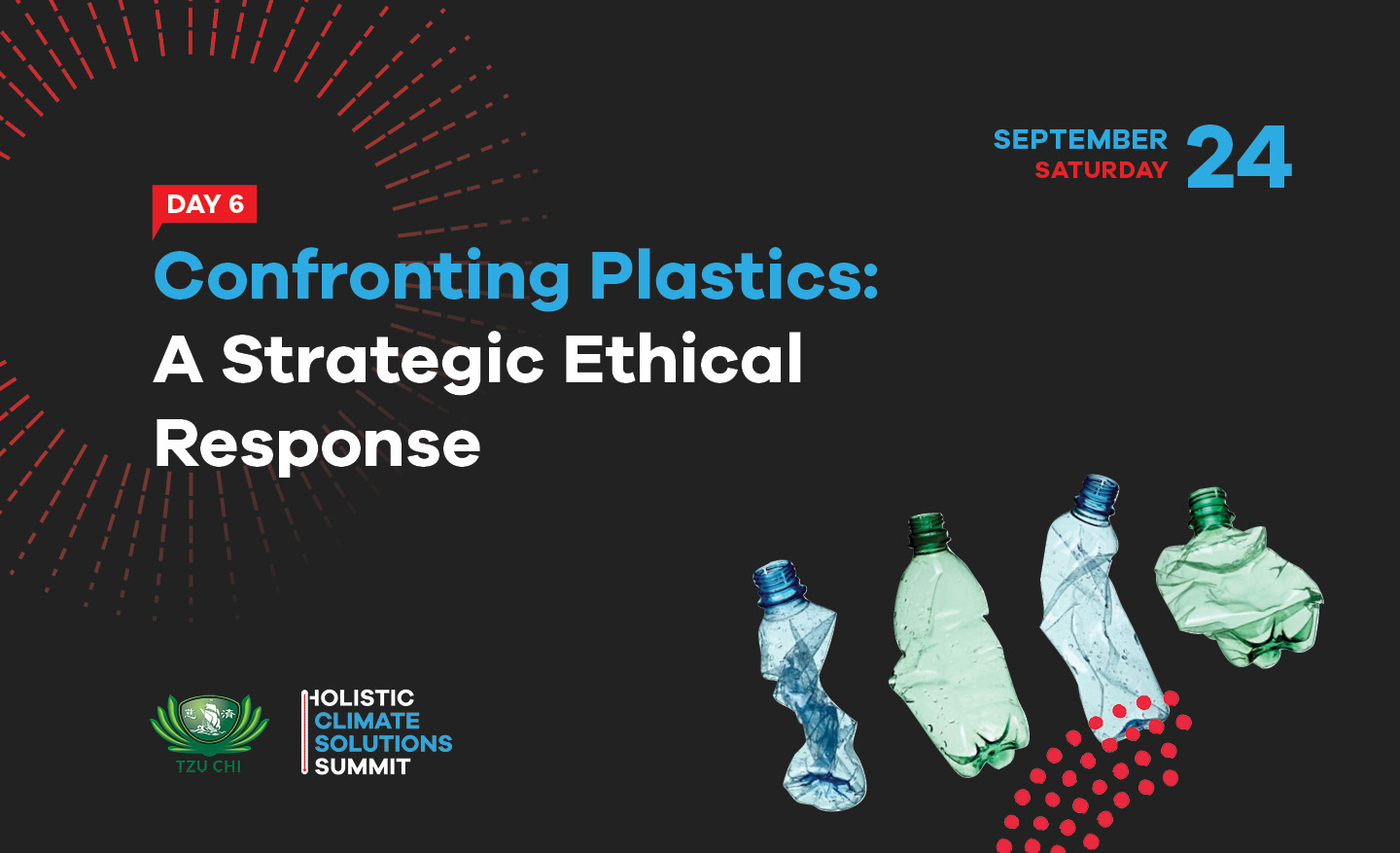
Saturday, 9/24 10:00 AM – 12:00 PM
In the US, plastics have rapidly become the go-to material across all sectors of society. They may even be found in every stage of our food chains, from the feed given to livestock to the packaging of foods and drinks.
Co-organizers

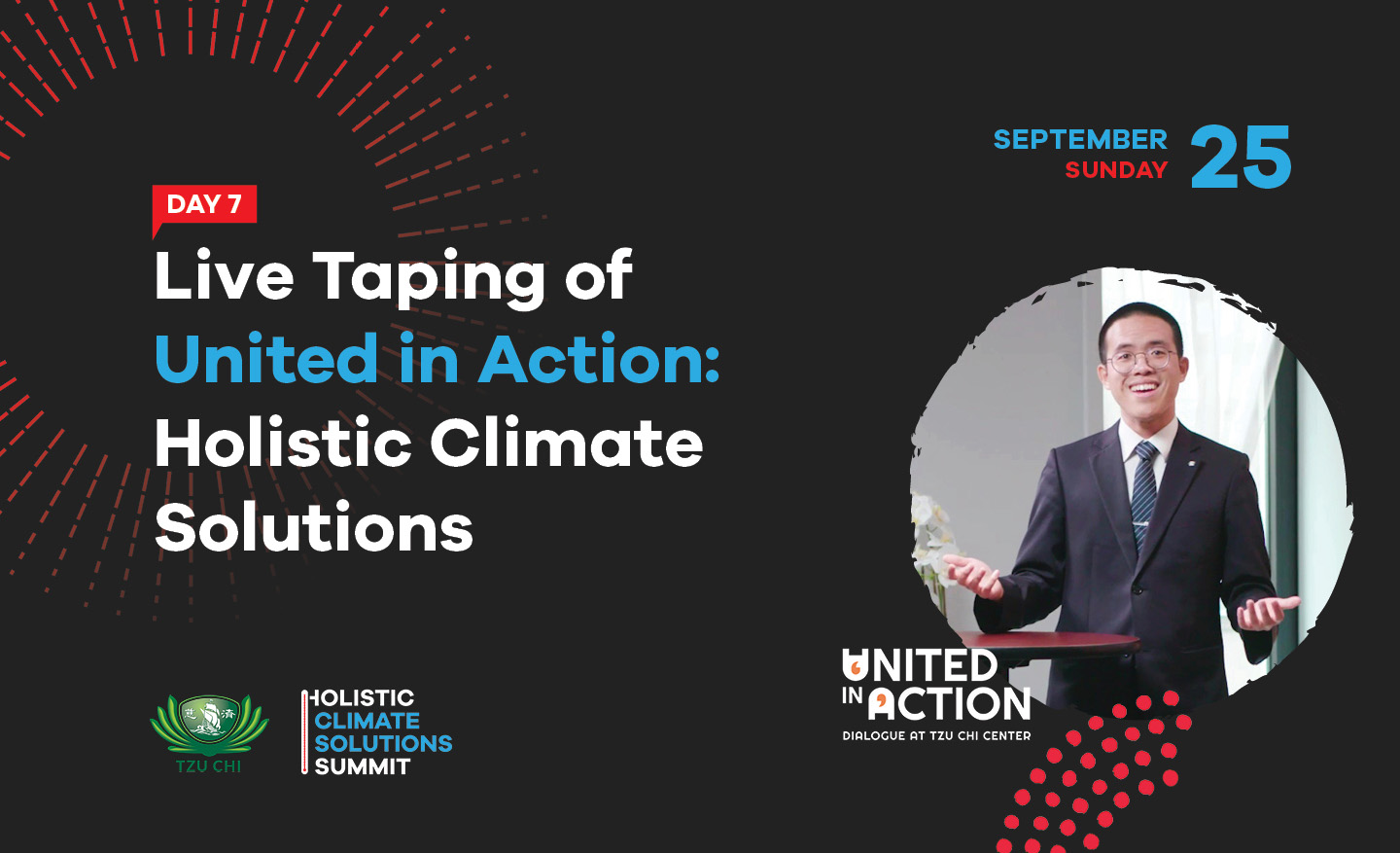
Sunday, 9/25 2:30 PM – 3:30 PM
Filmed at the Tzu Chi Center and in collaboration with Tzu Chi USA’s Global Affairs Team, United in Action is an in-depth conversation between our host, Steve Chiu, and representatives from the United Nations community.

Sunday, 9/25 2:30 PM – 3:30 PM
Filmed at the Tzu Chi Center and in collaboration with Tzu Chi USA’s Global Affairs Team, United in Action is an in-depth conversation between our host, Steve Chiu, and representatives from the United Nations community.
Previous Sessions
DAY 7

DAY 6

DAY 5
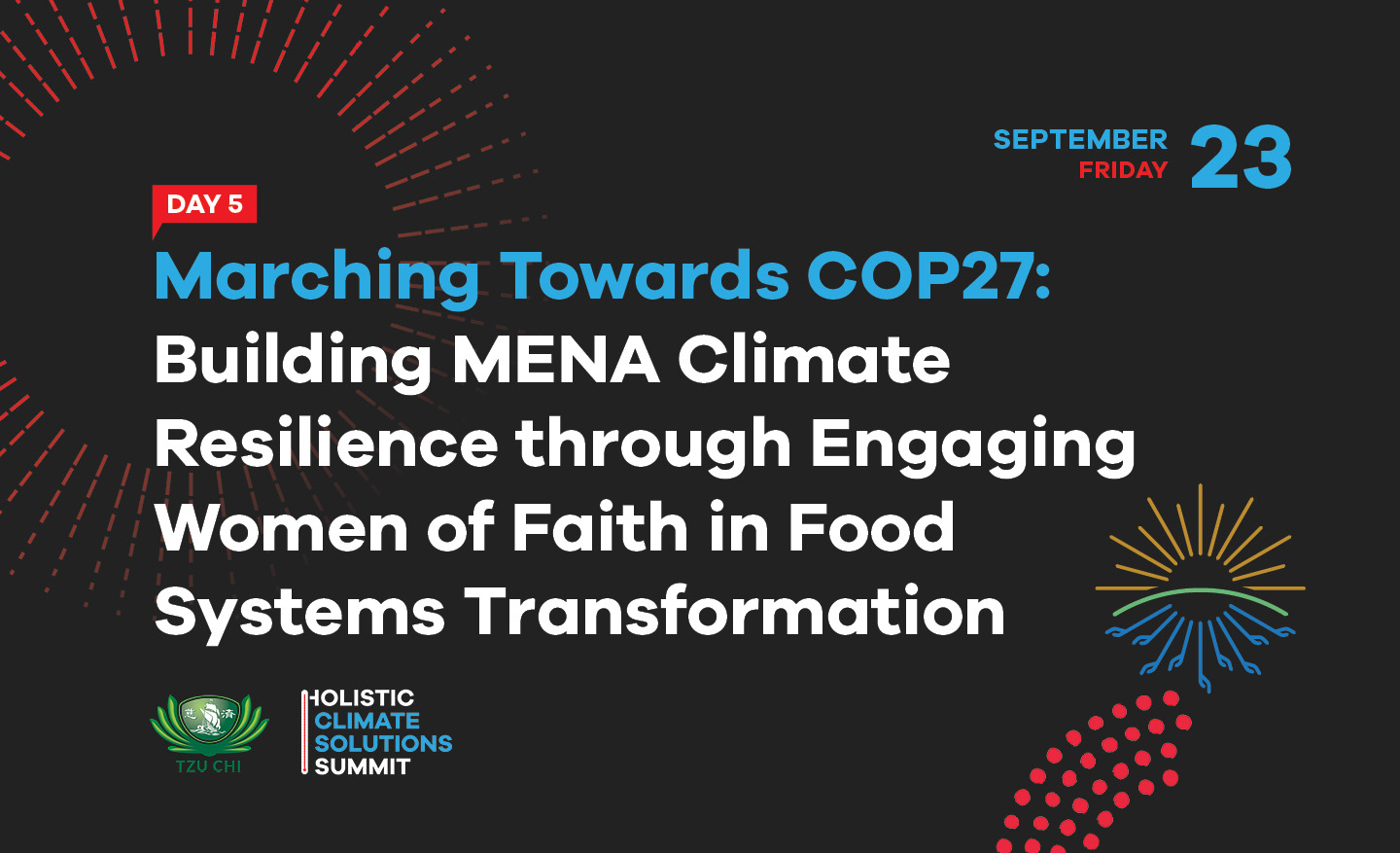
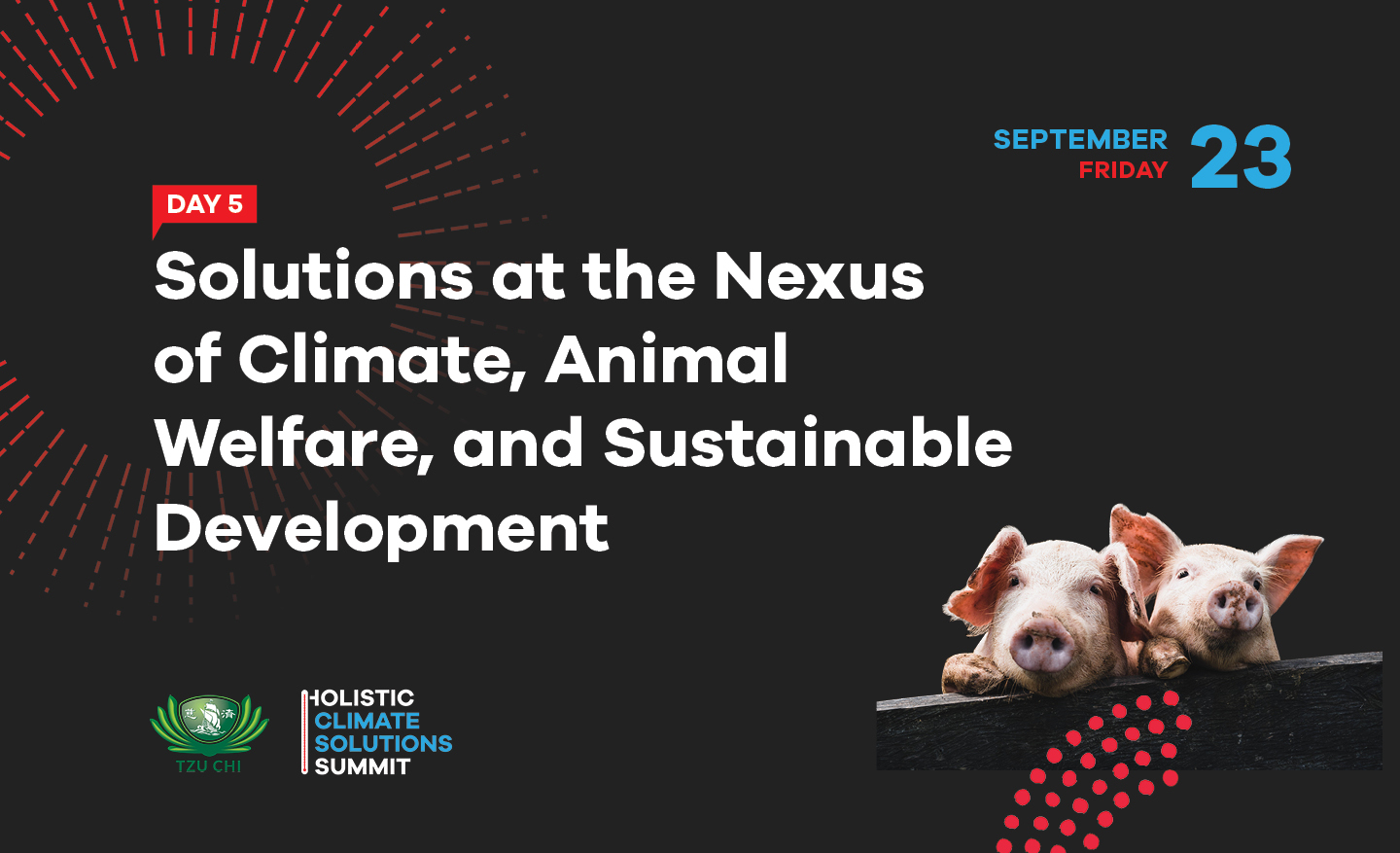
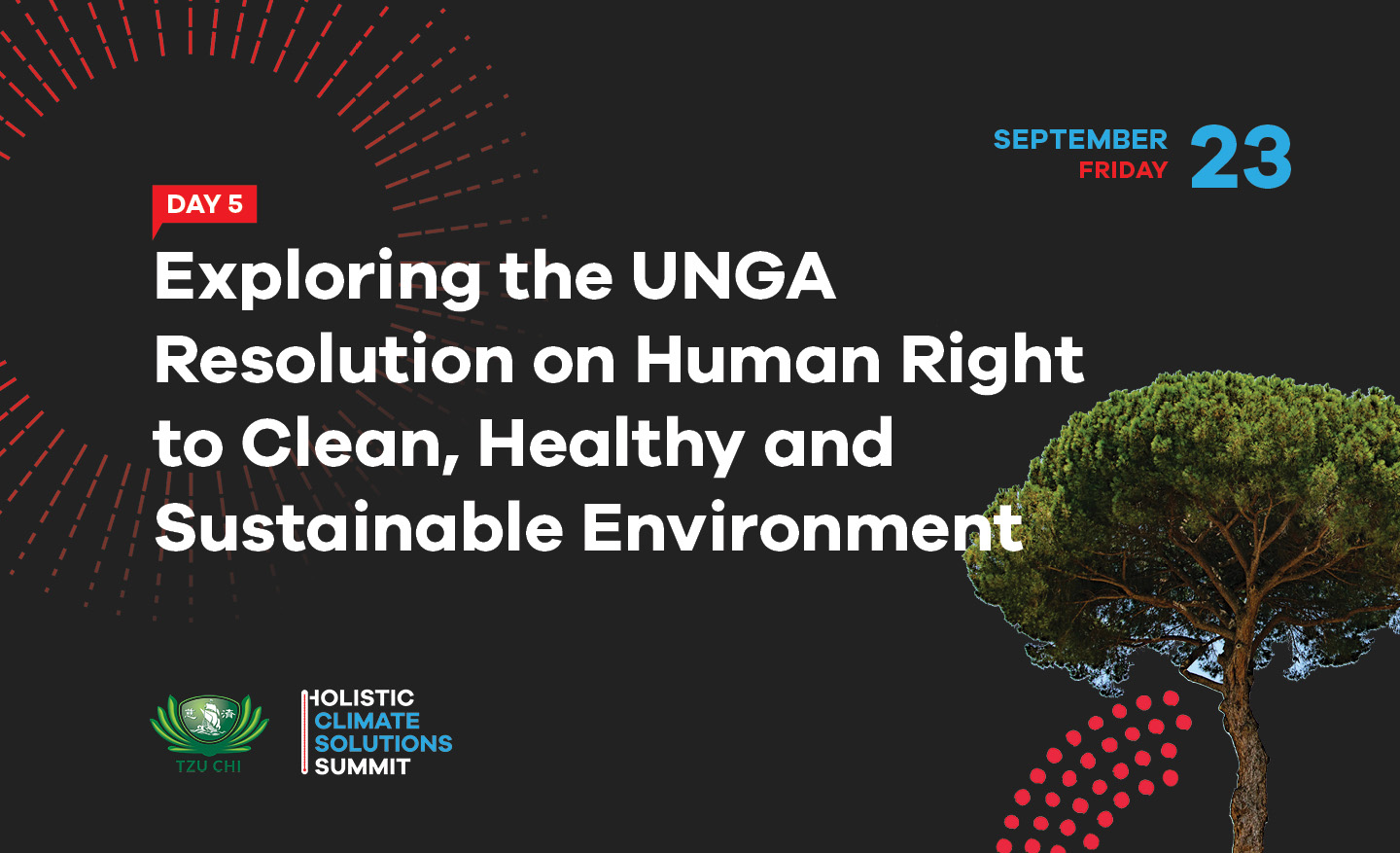
DAY 4
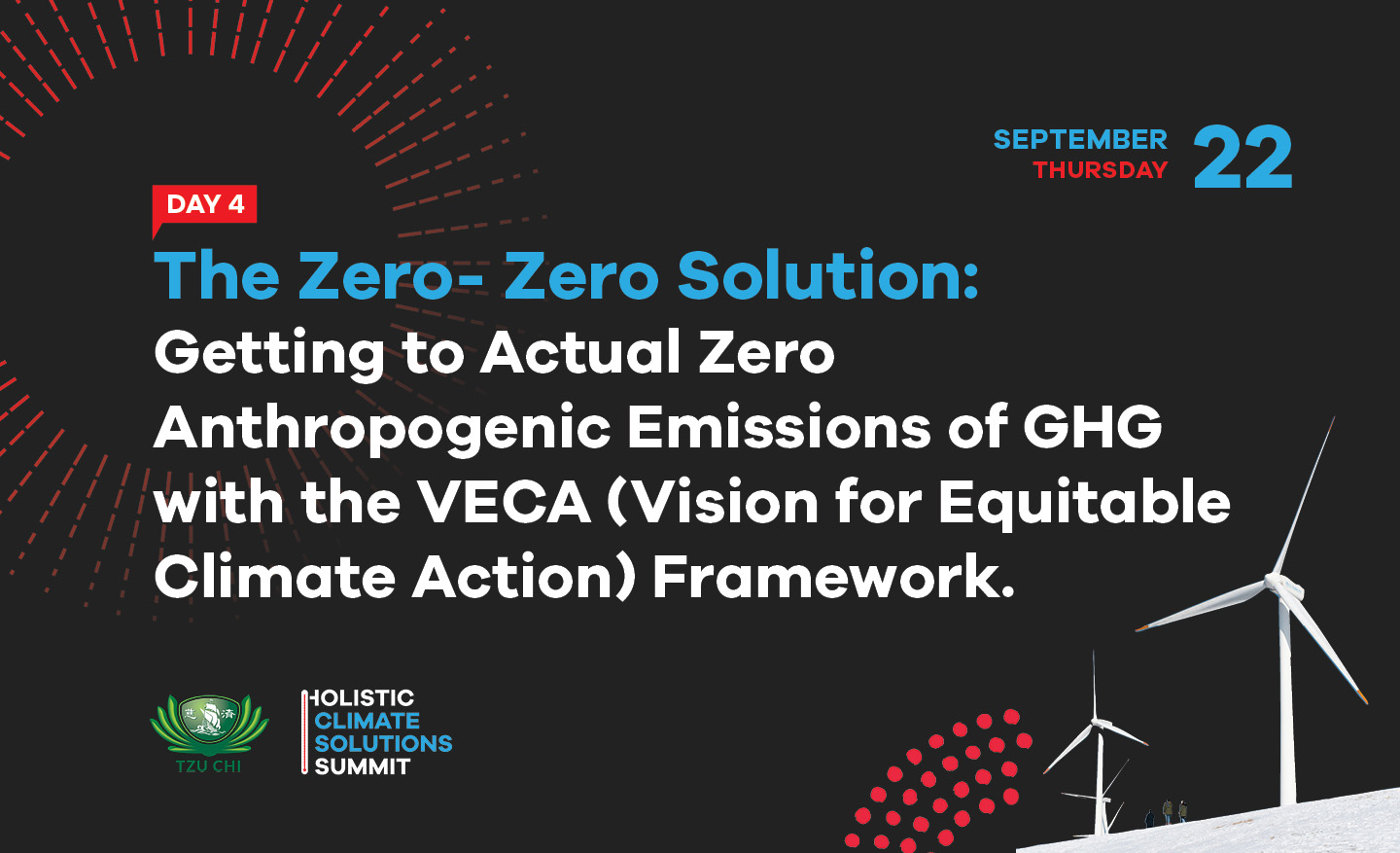
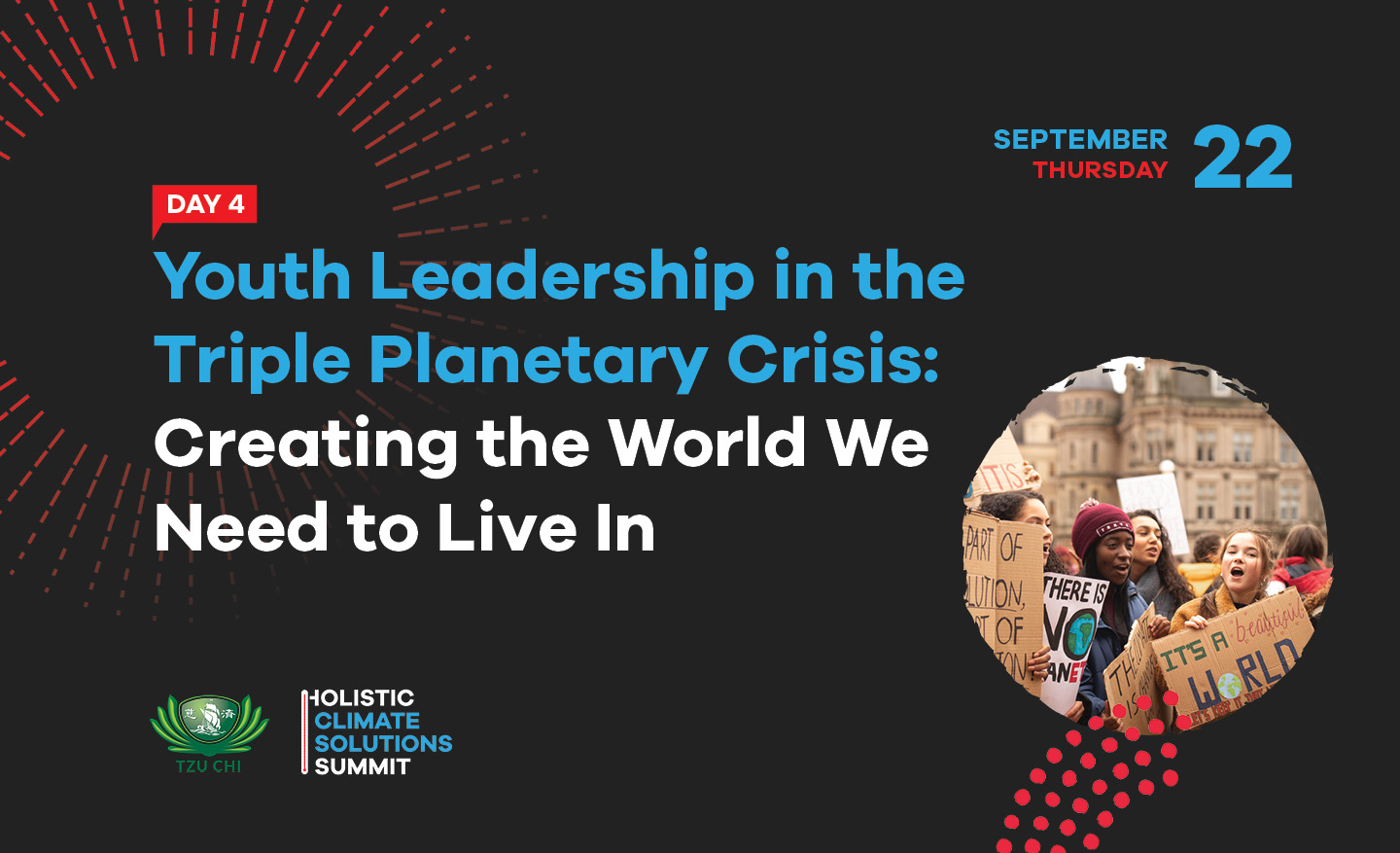
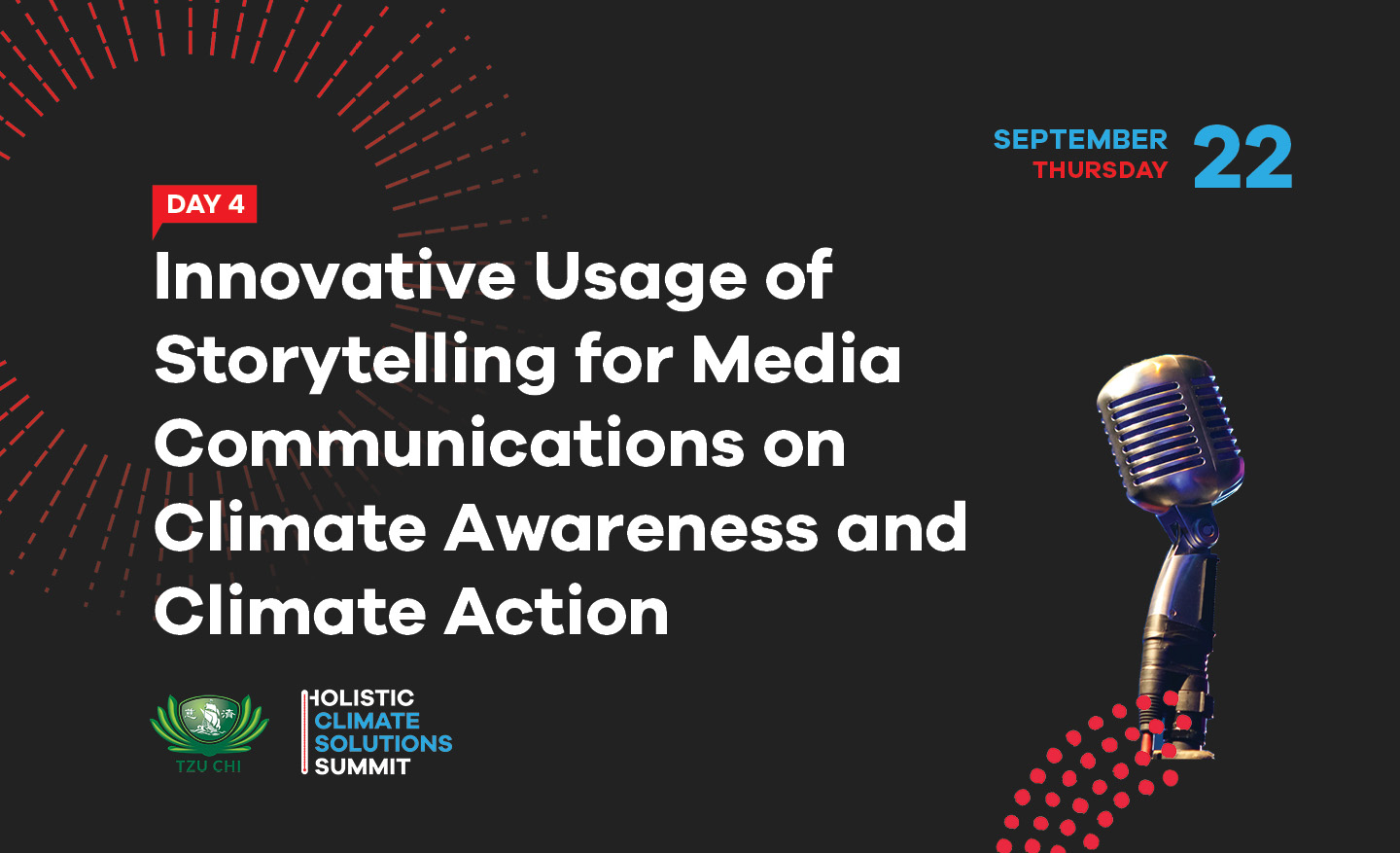
DAY 3
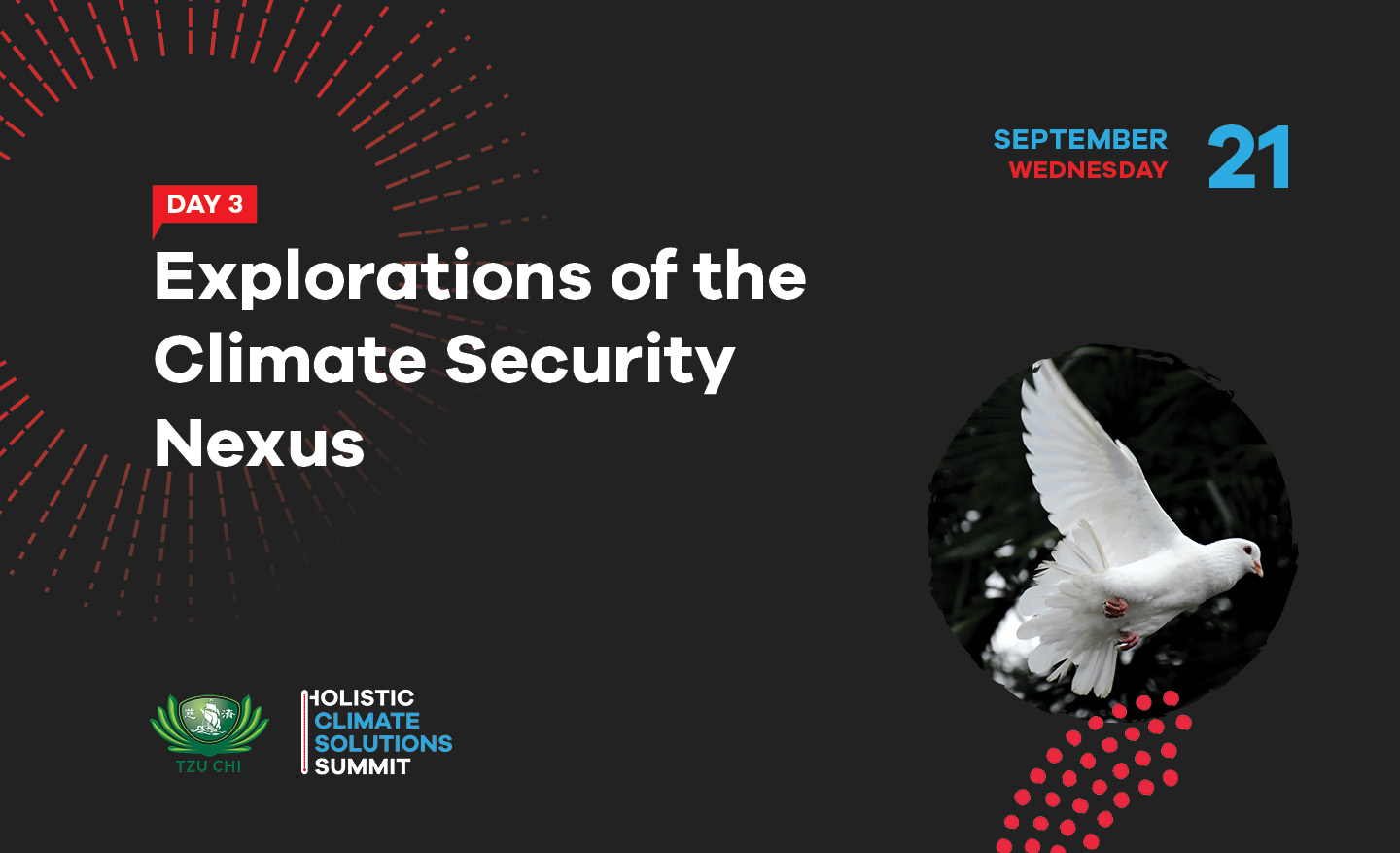
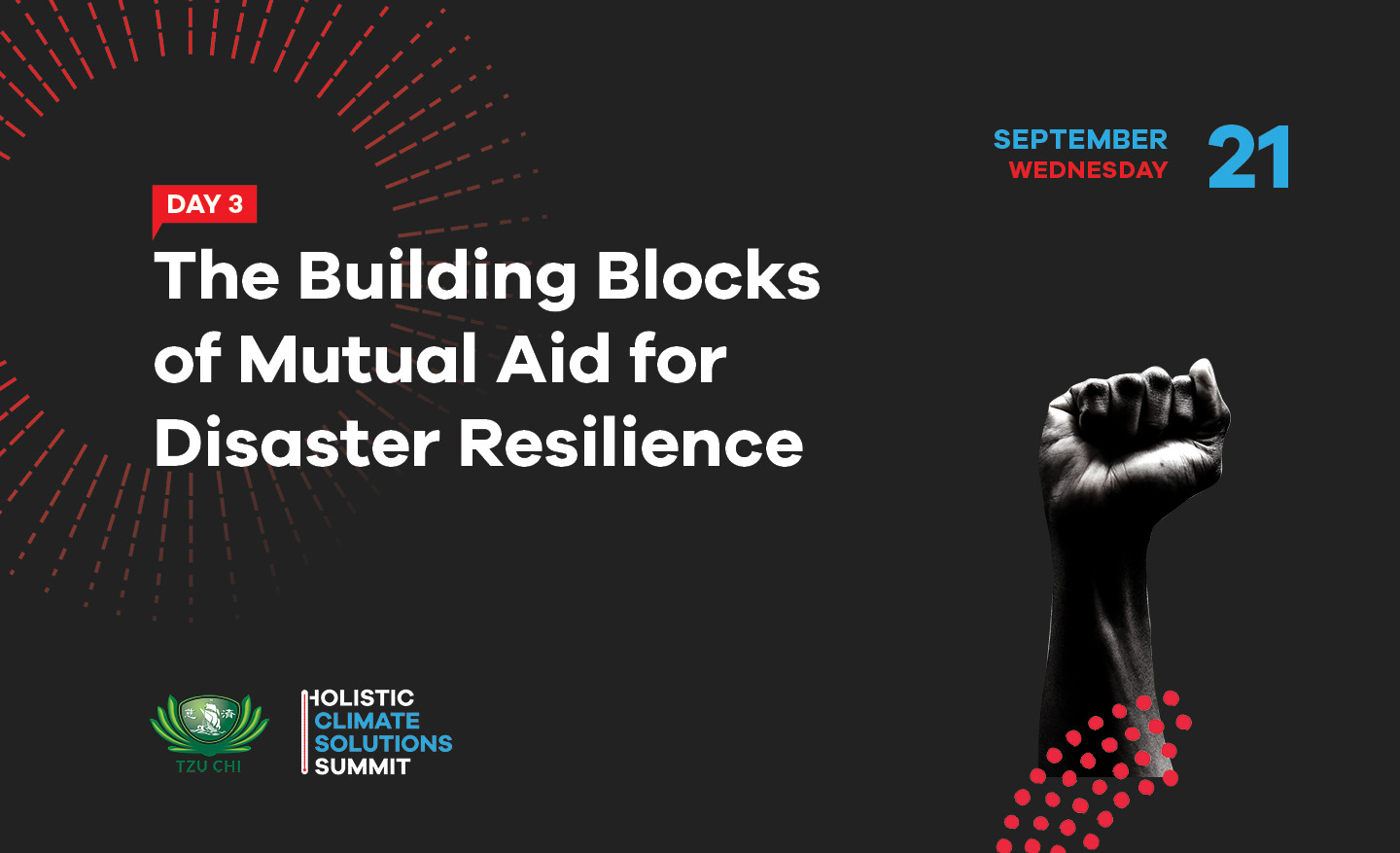
DAY 2
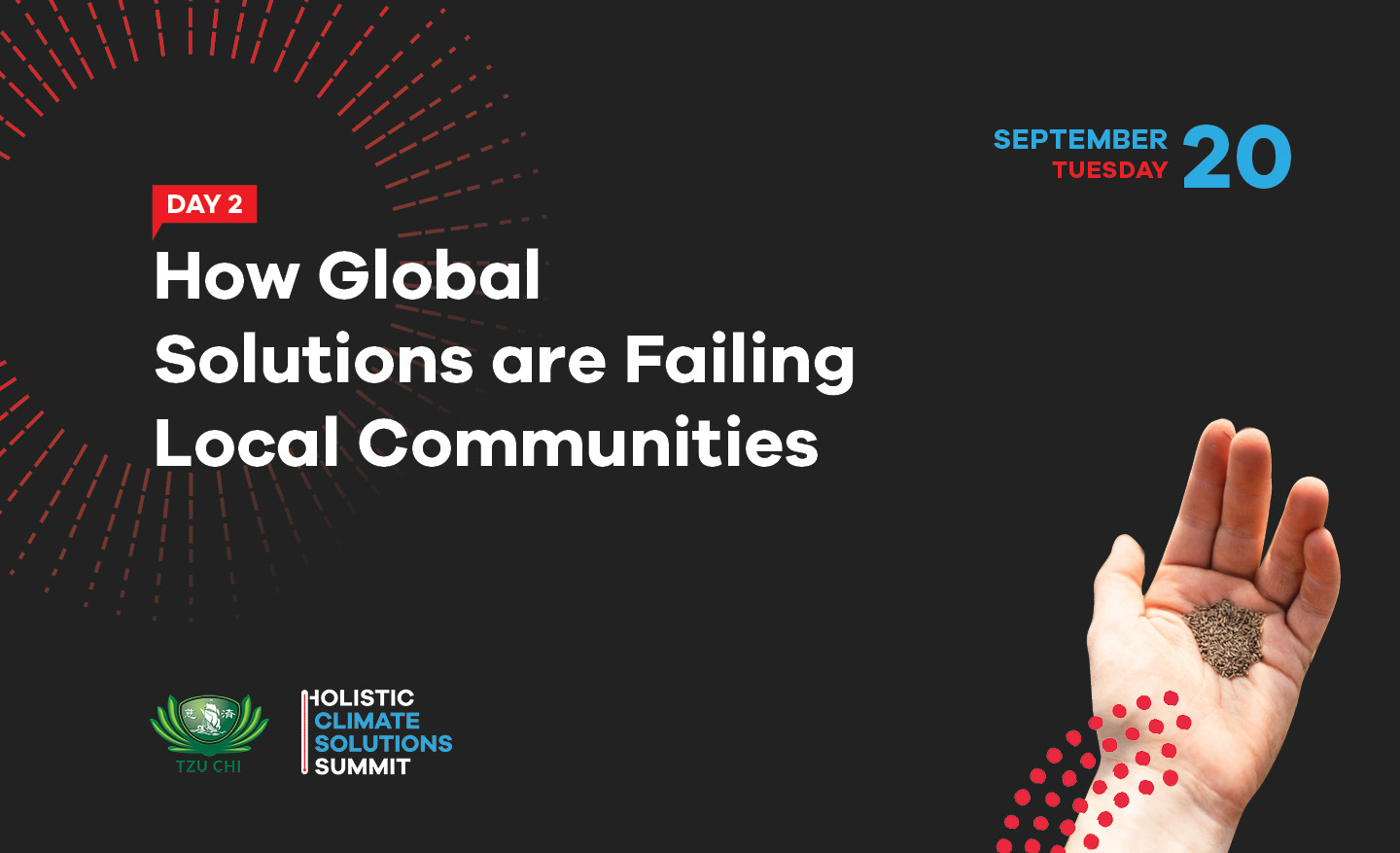
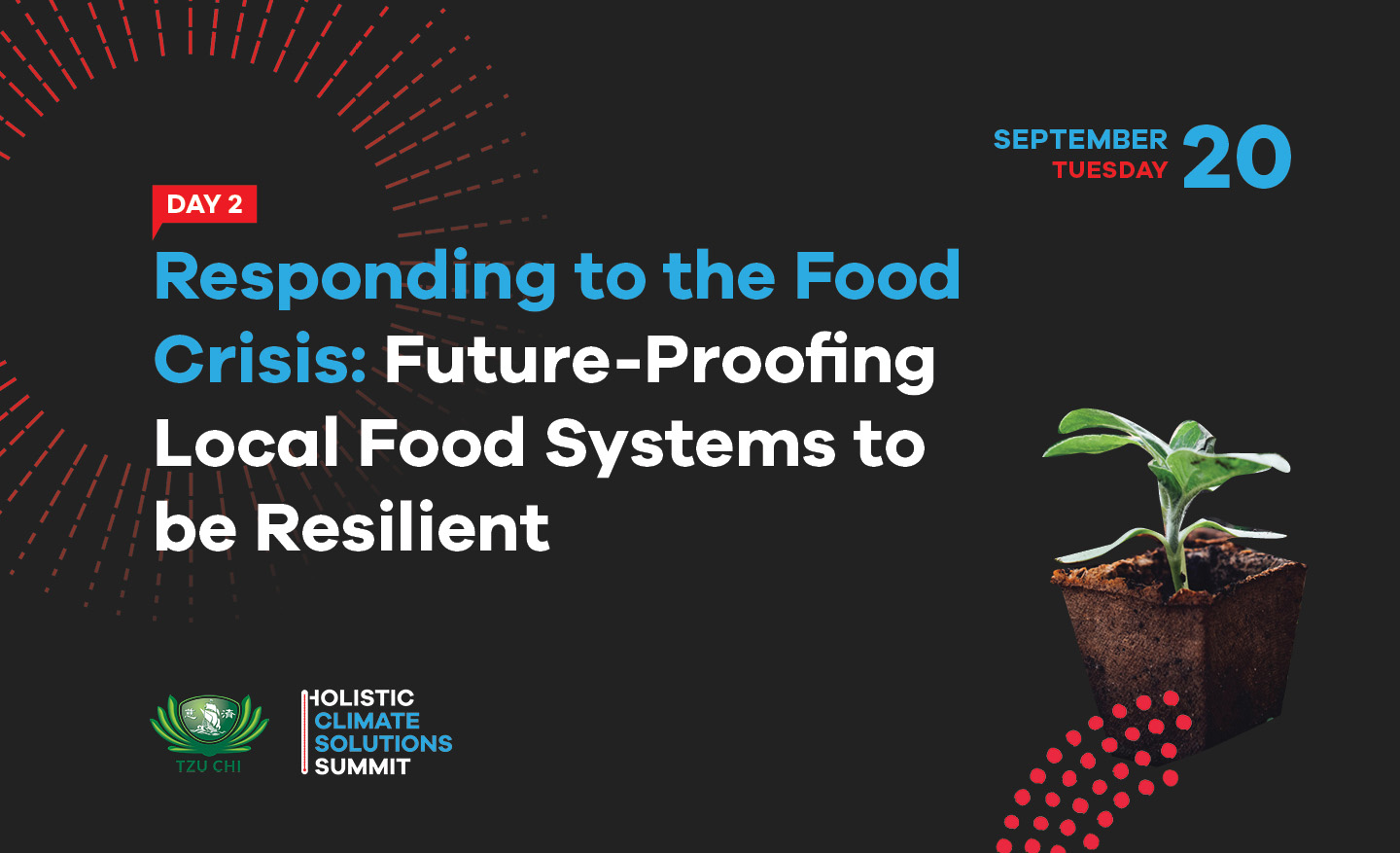
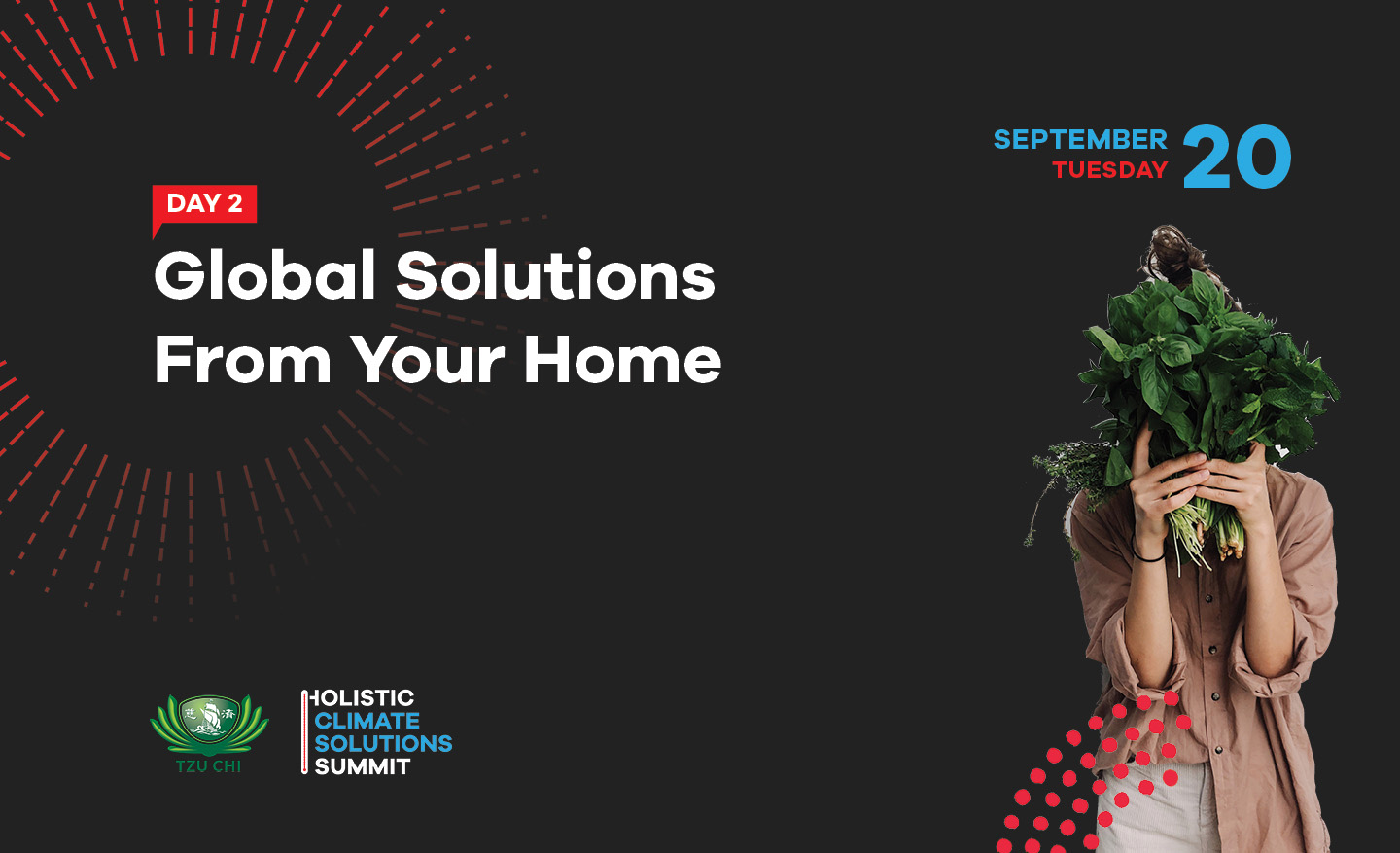
DAY 1
